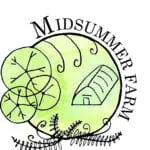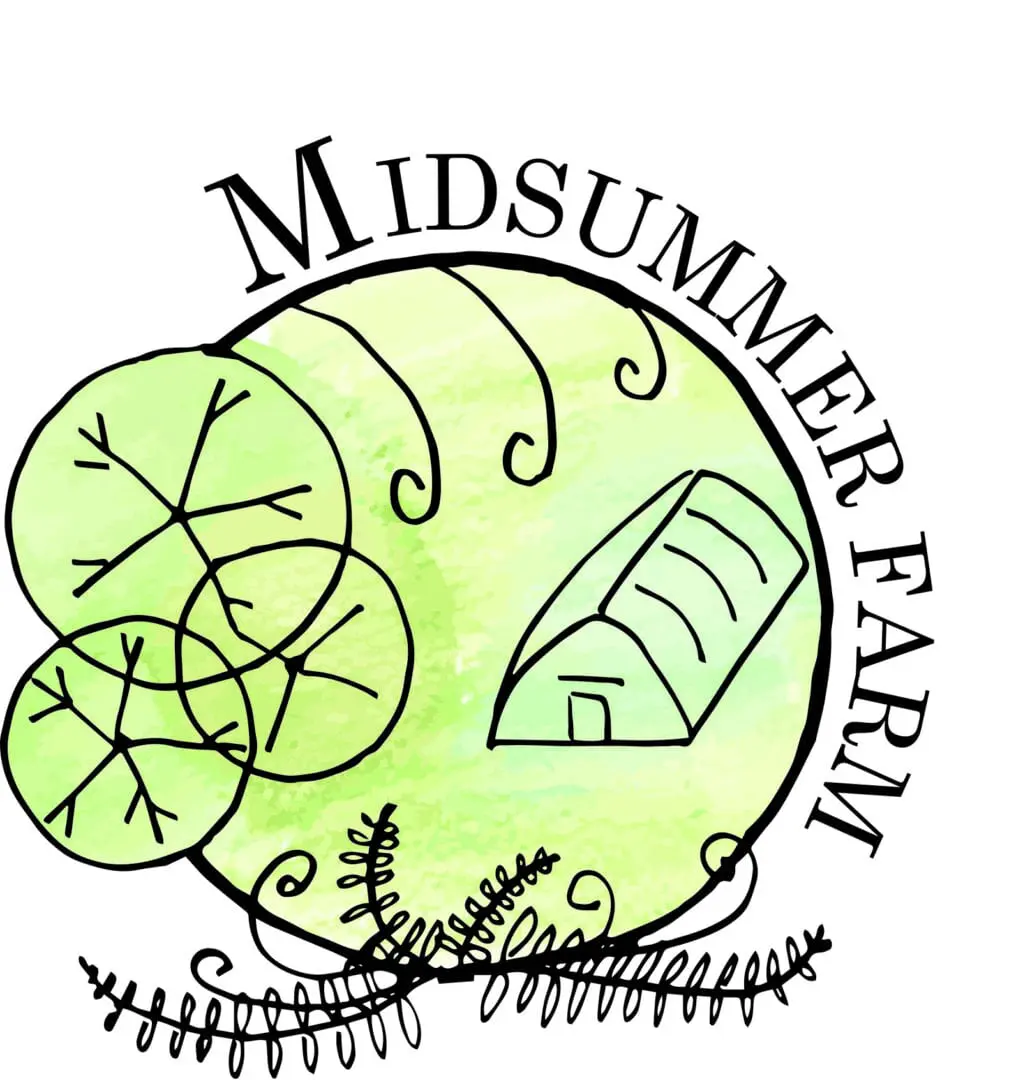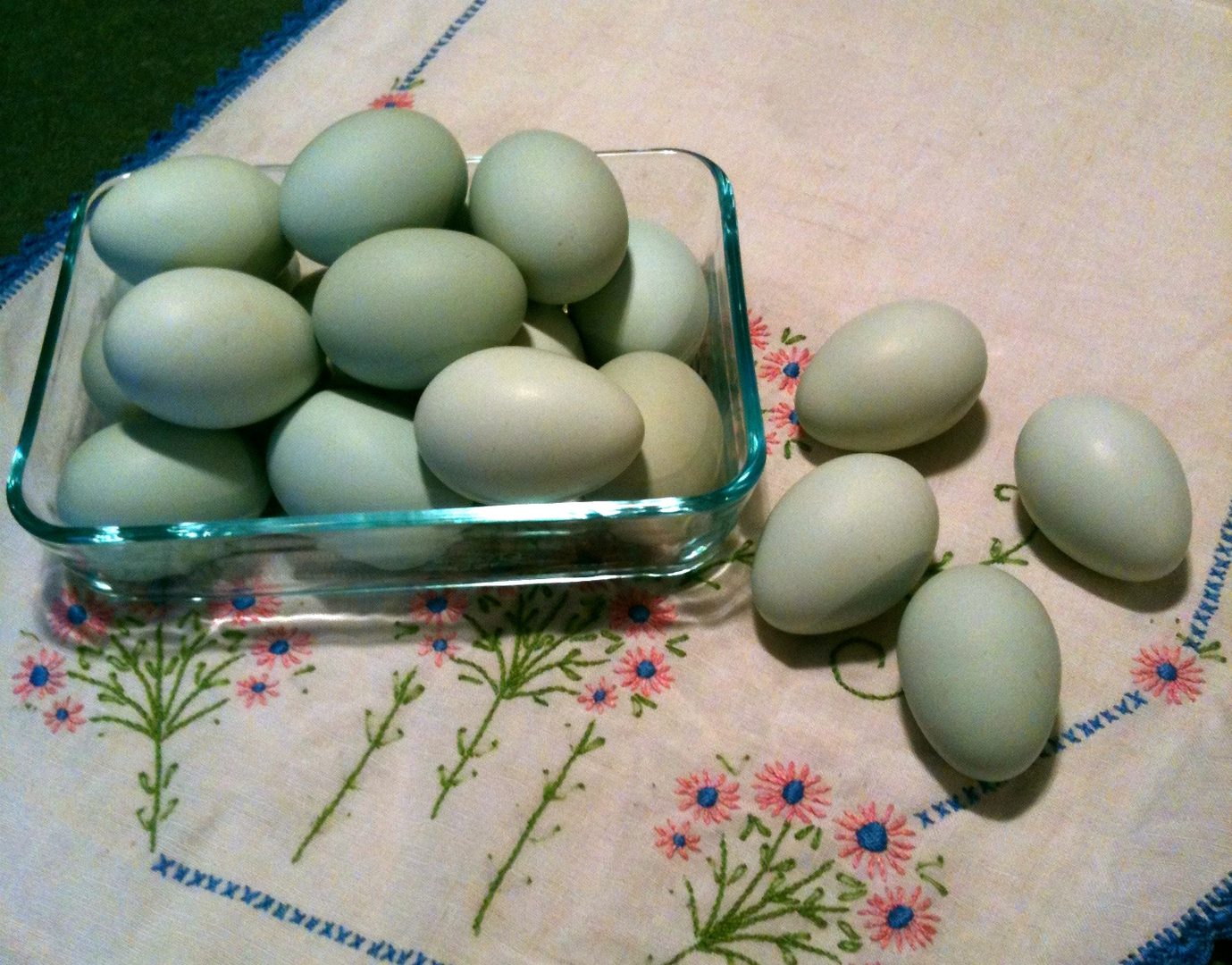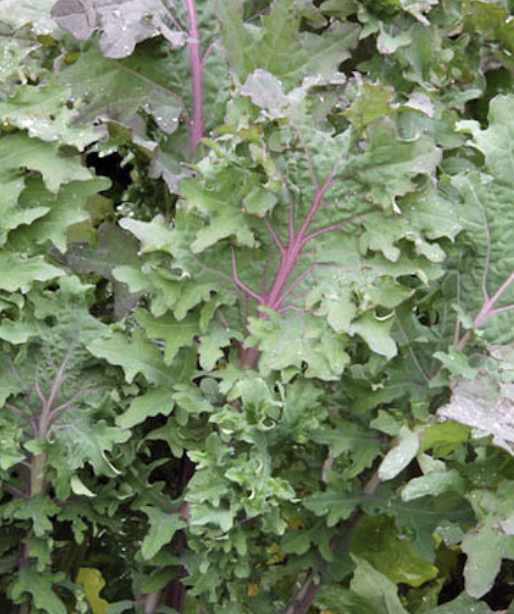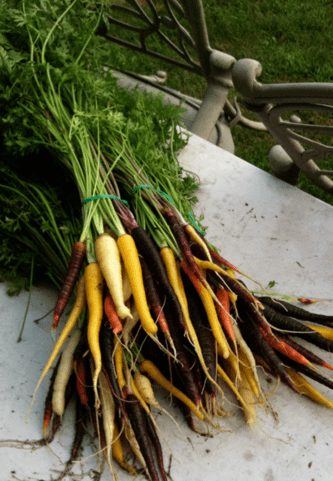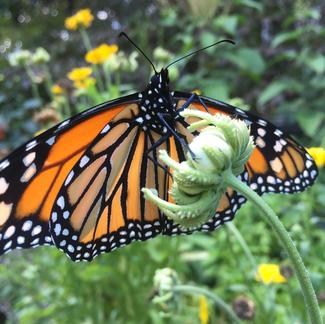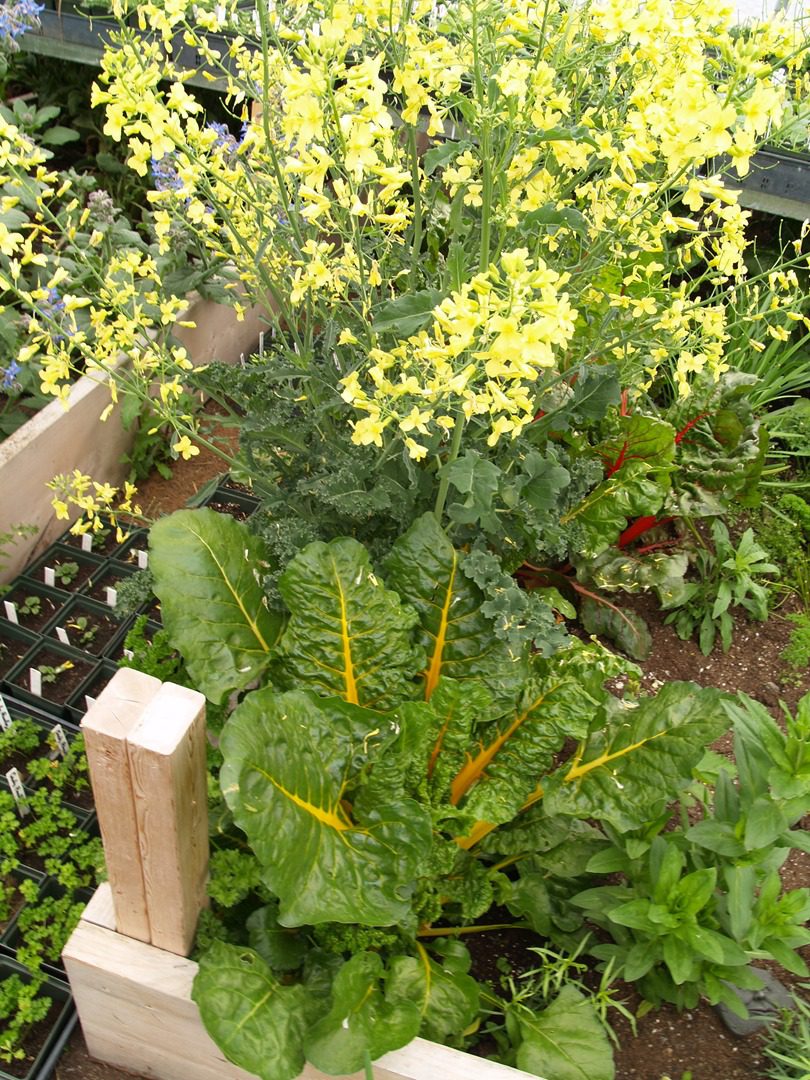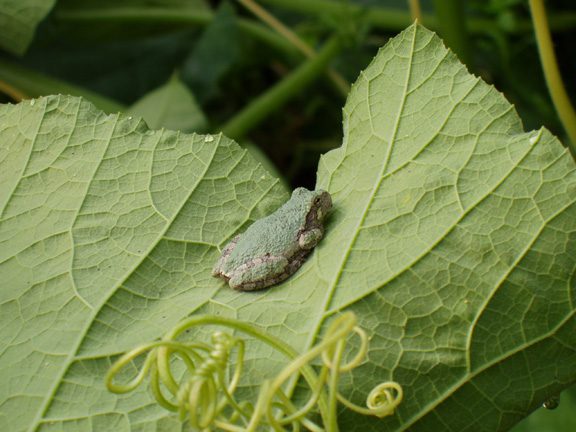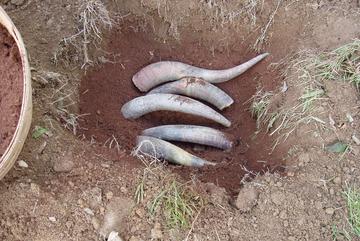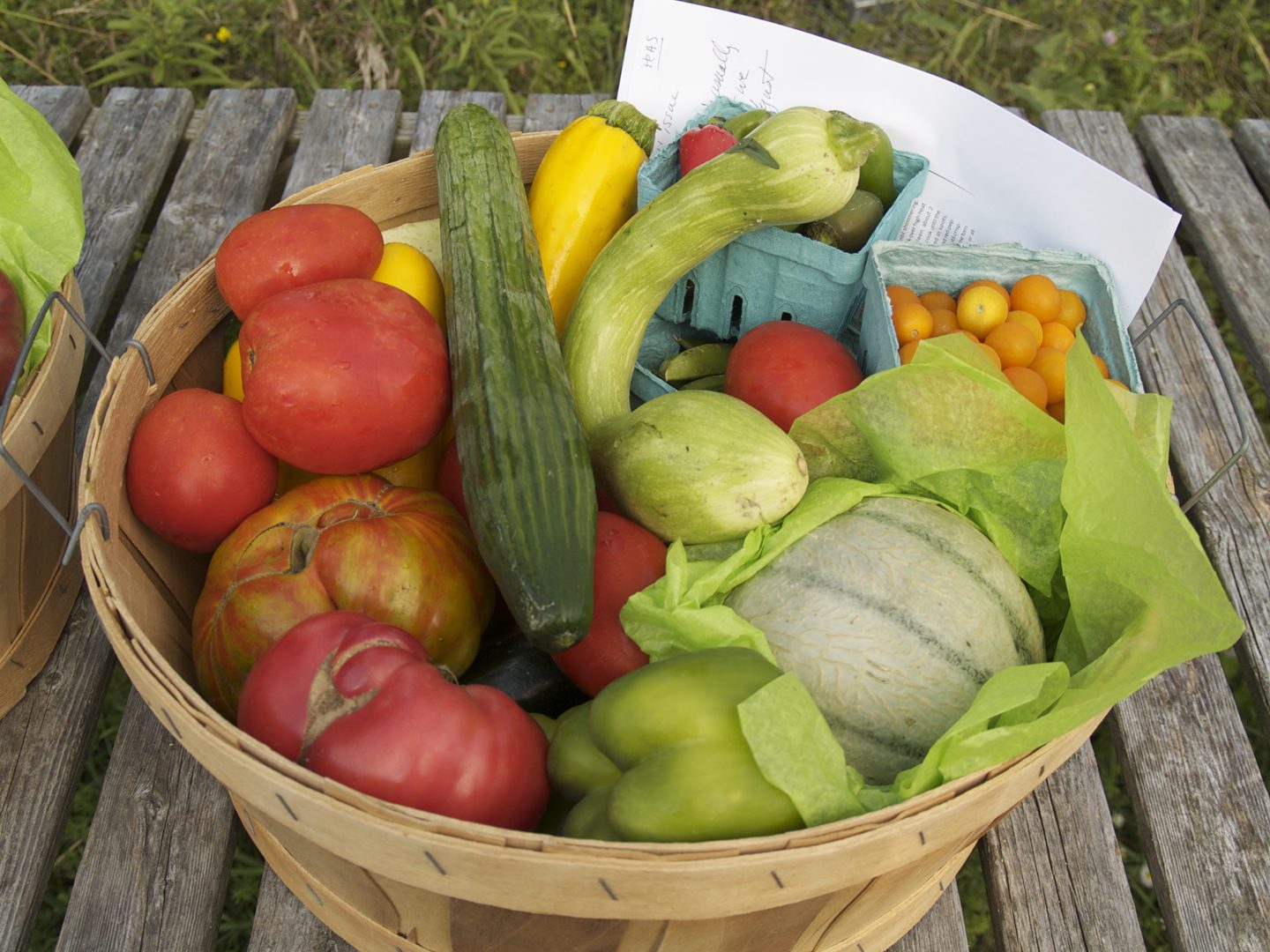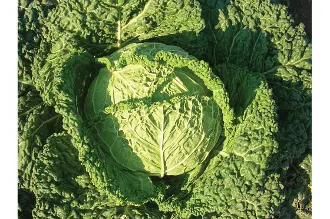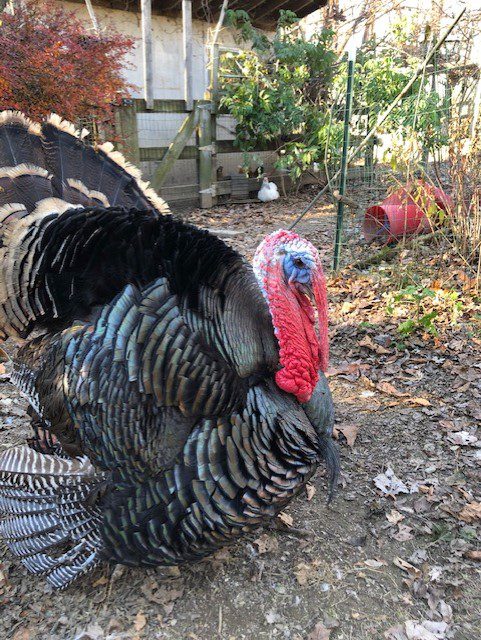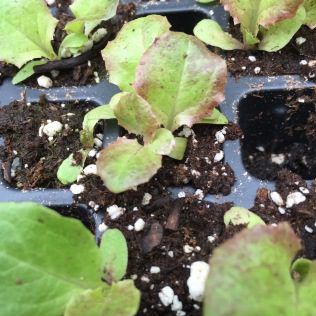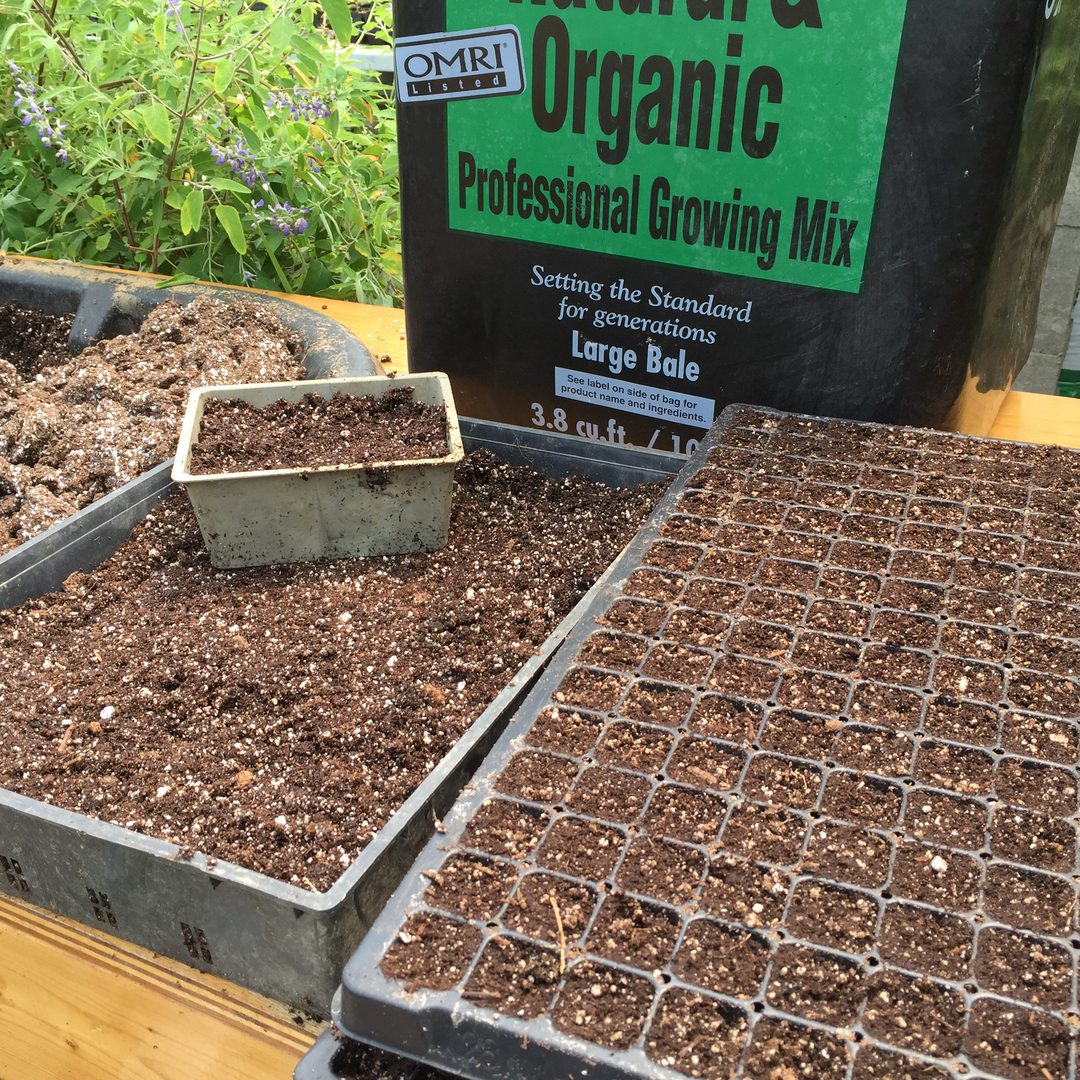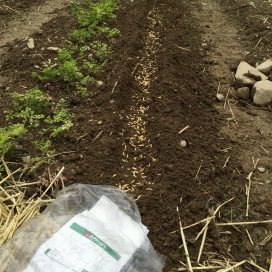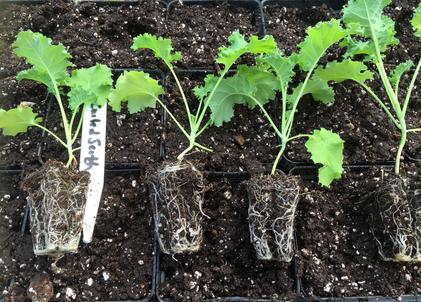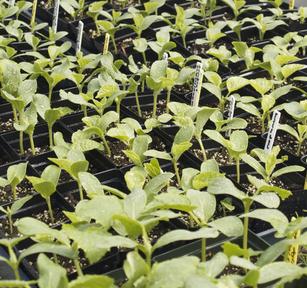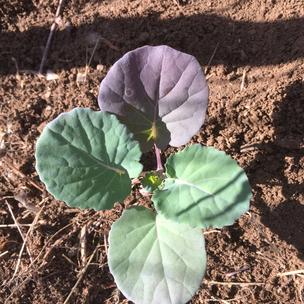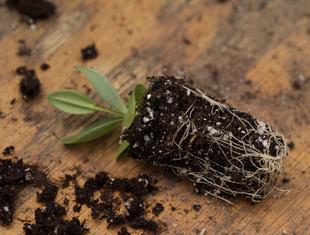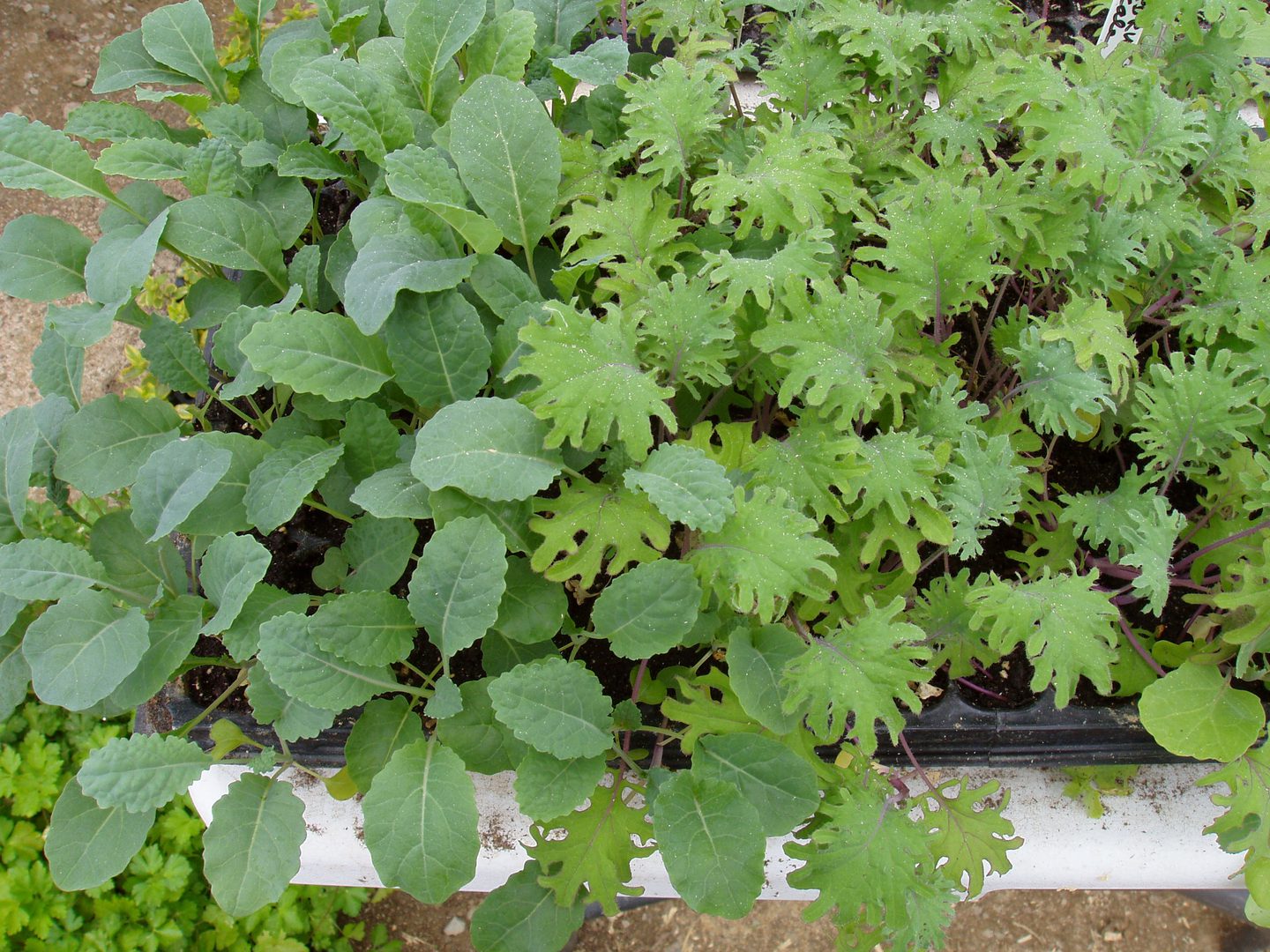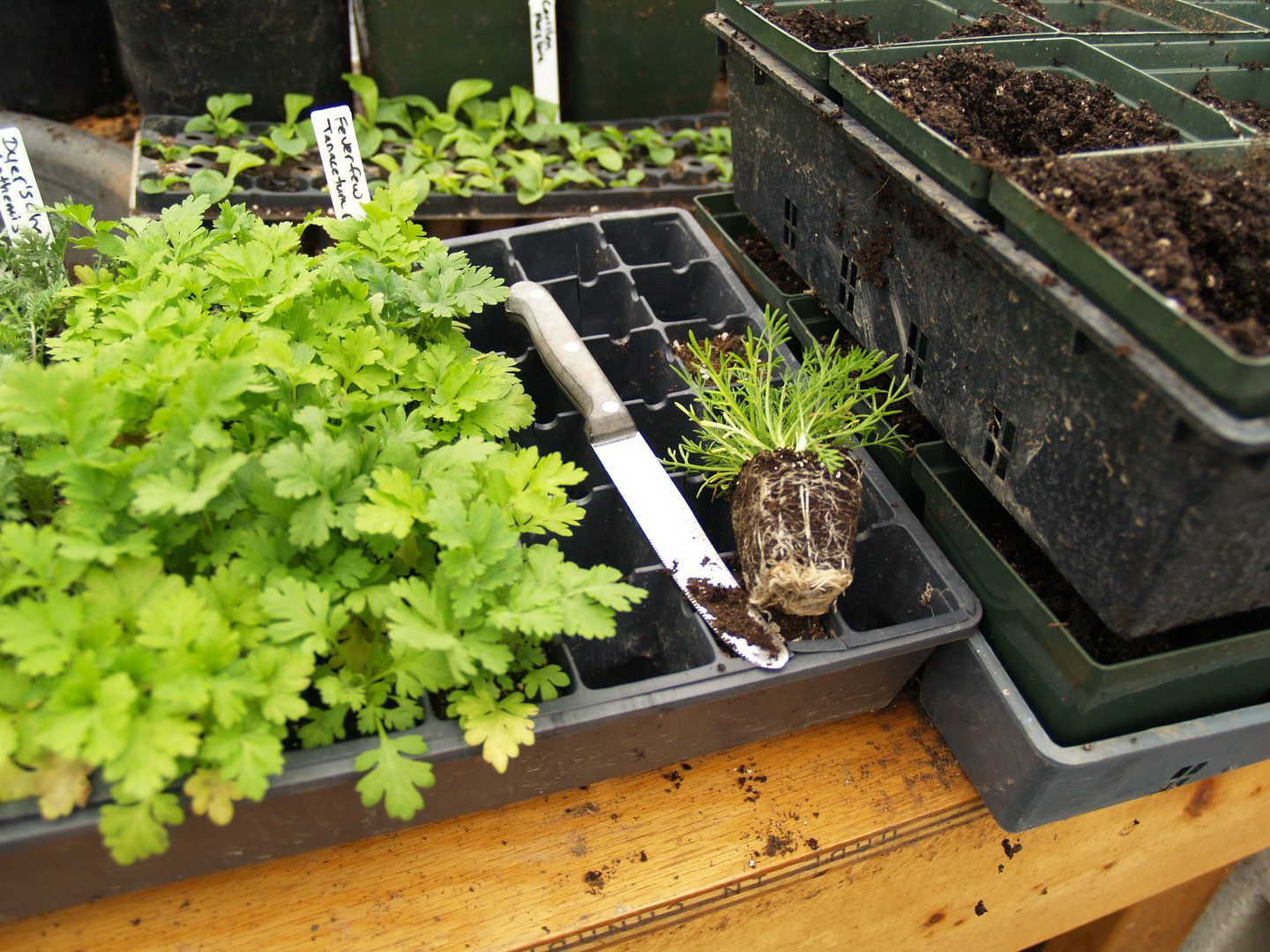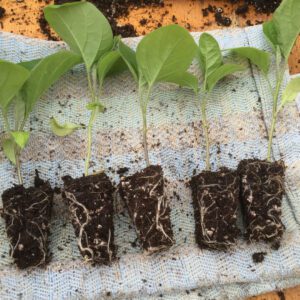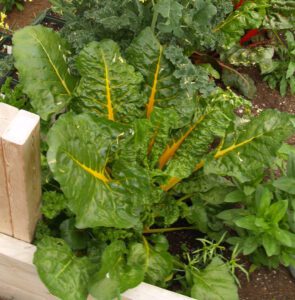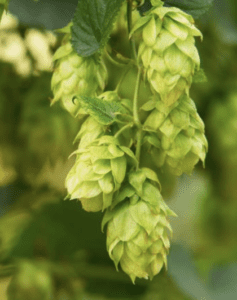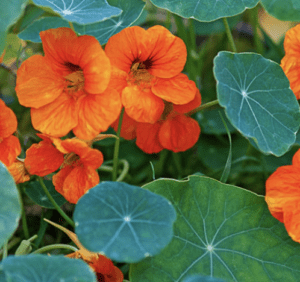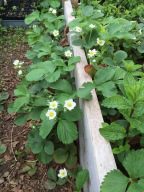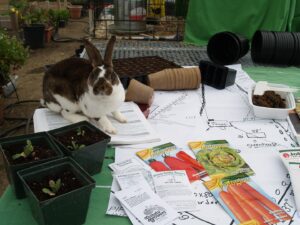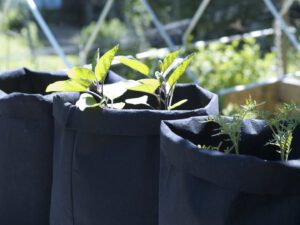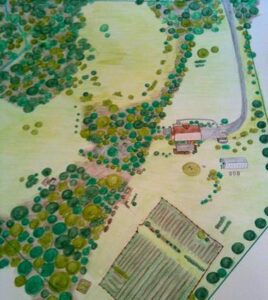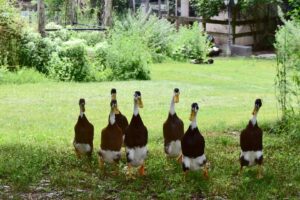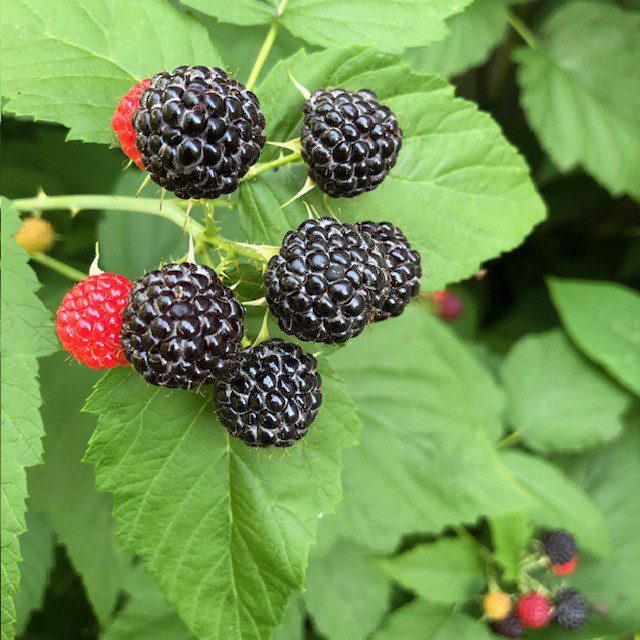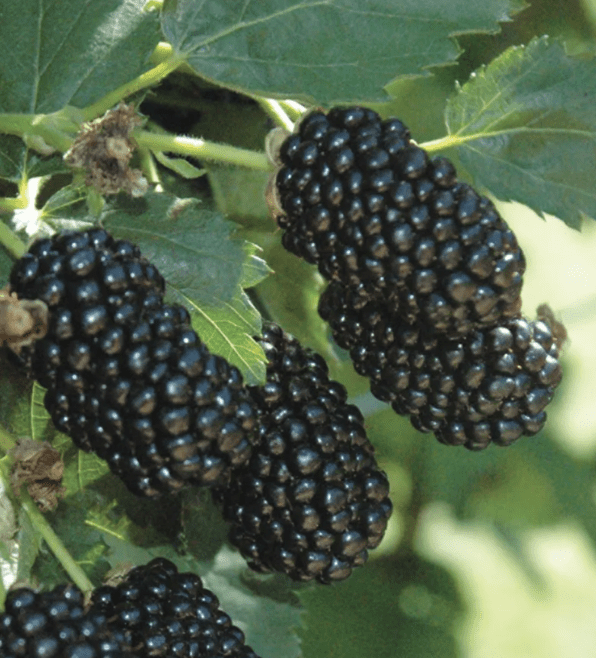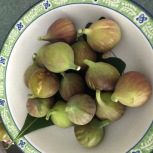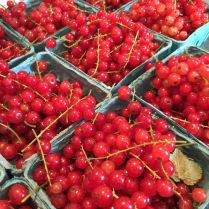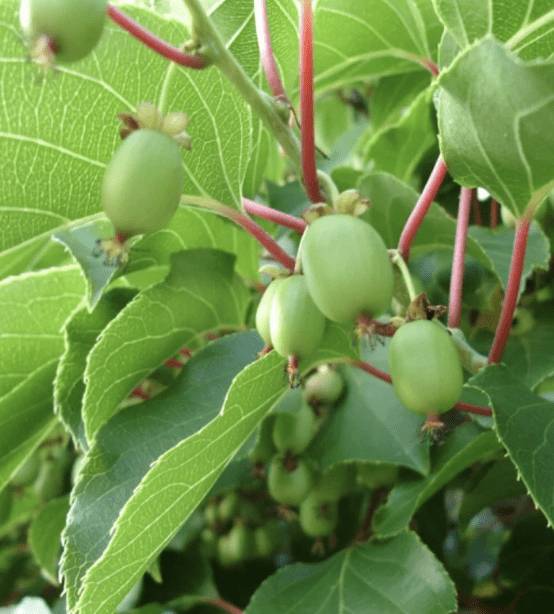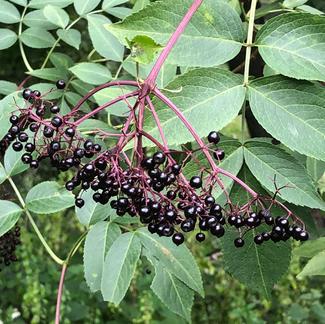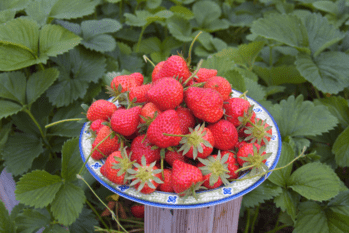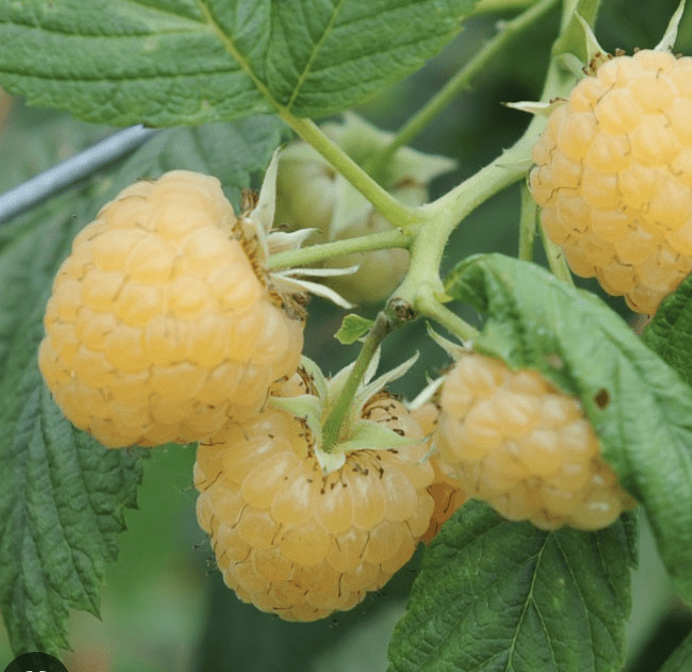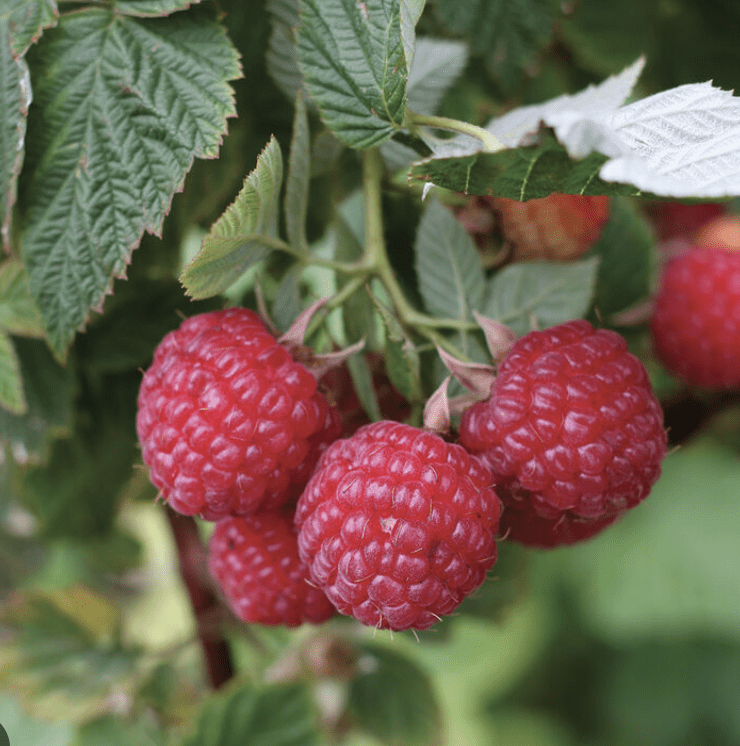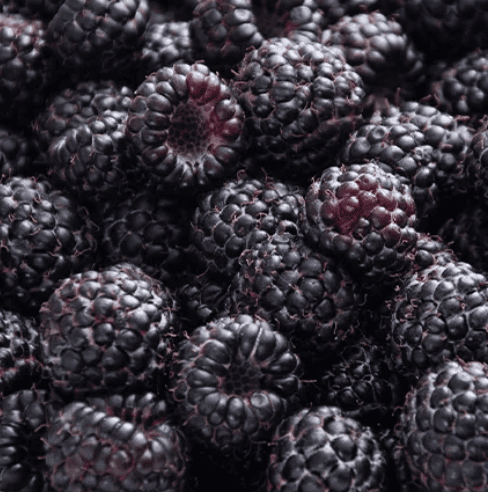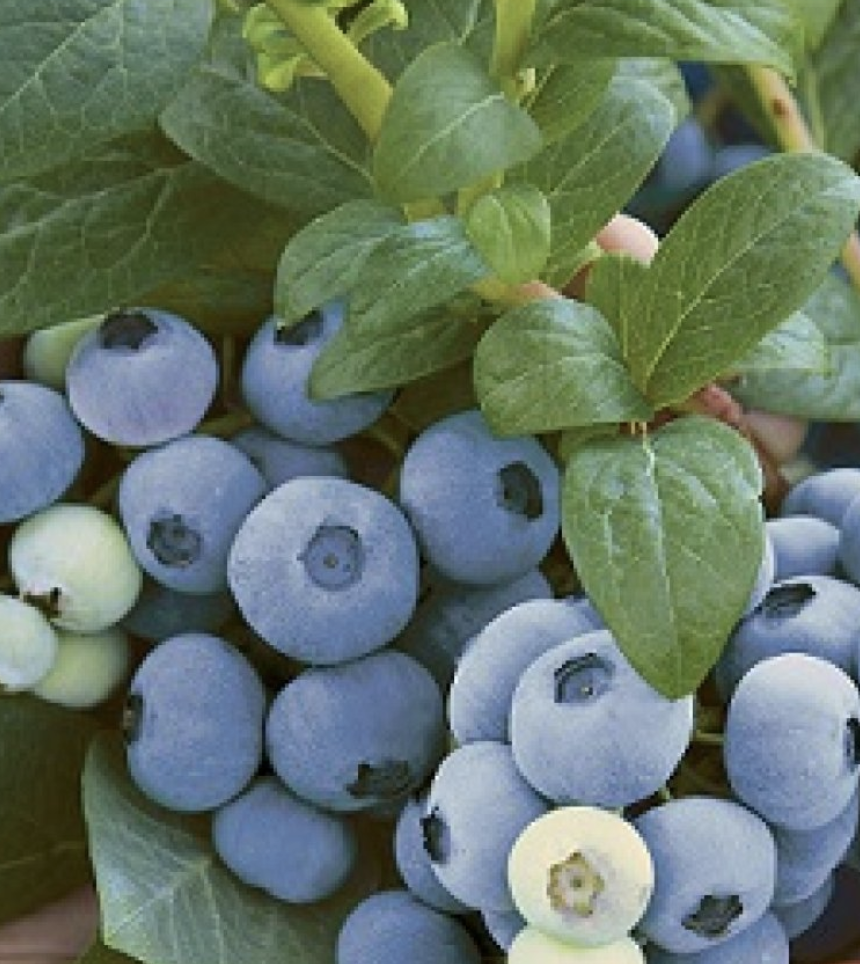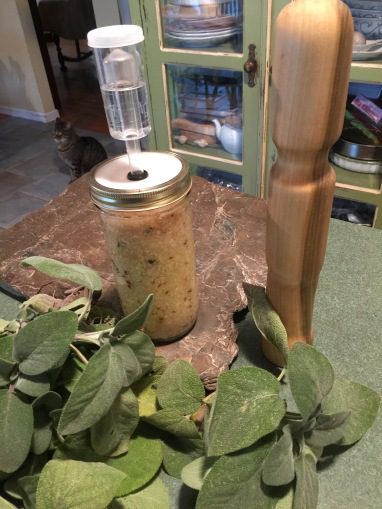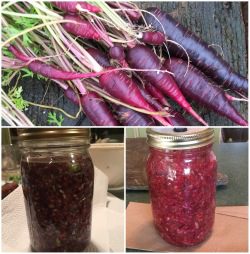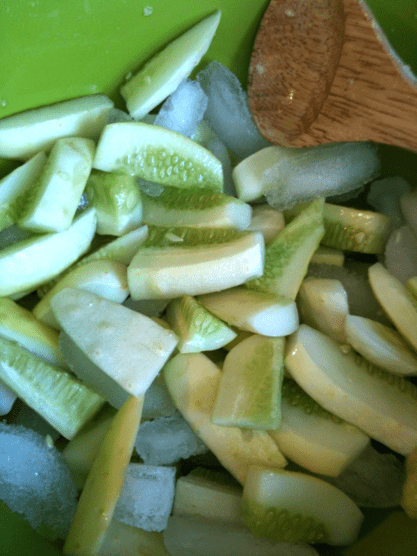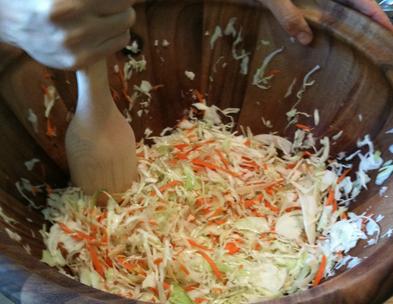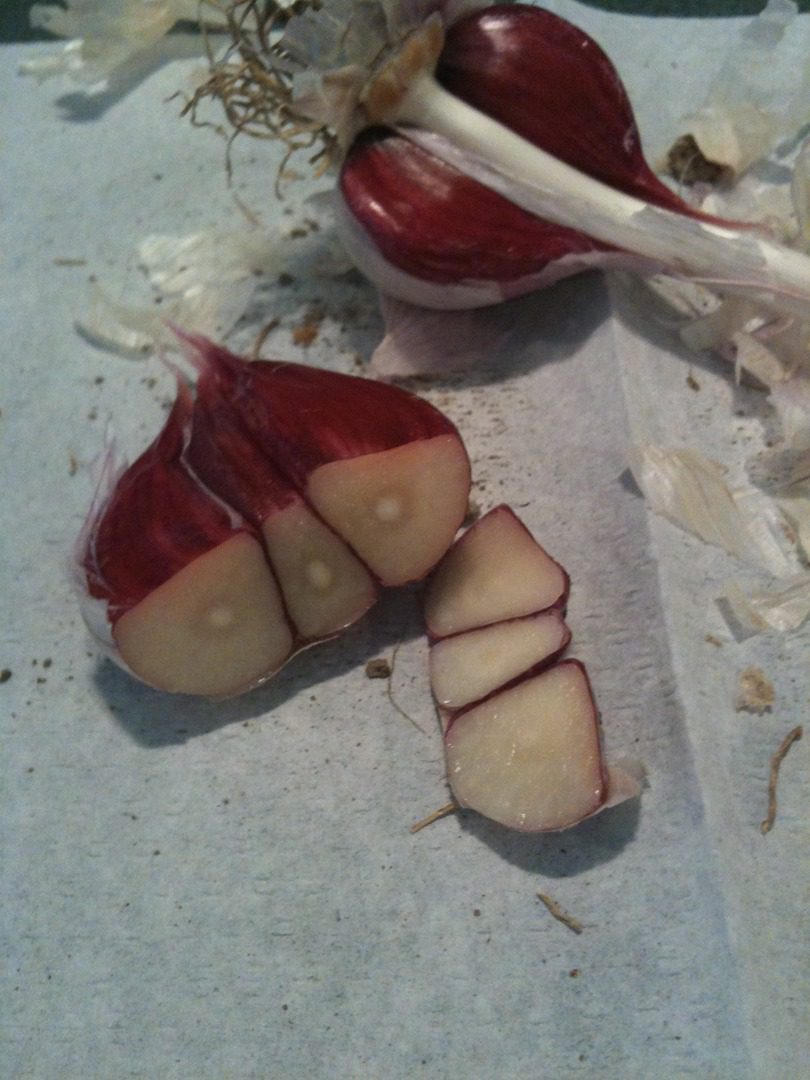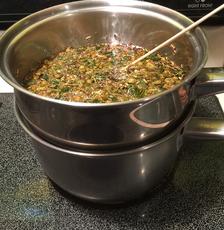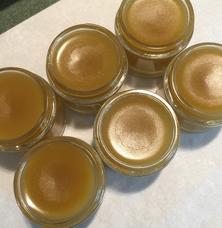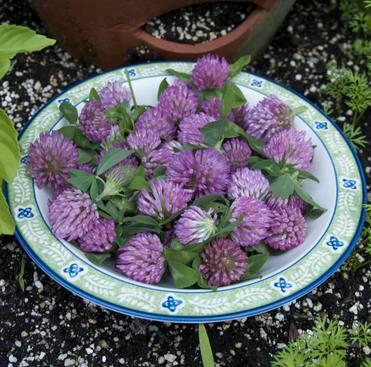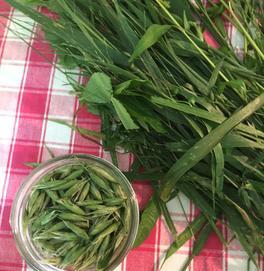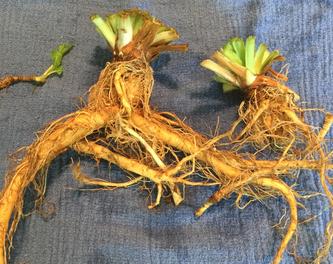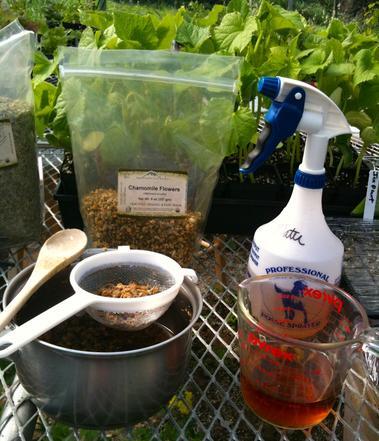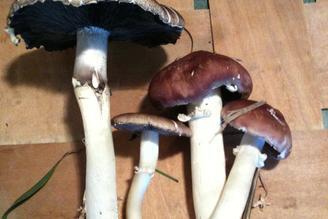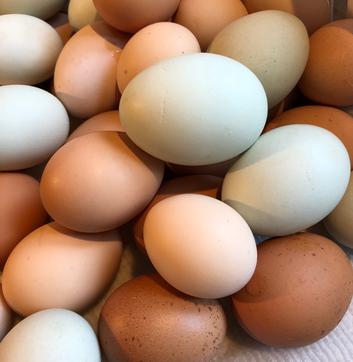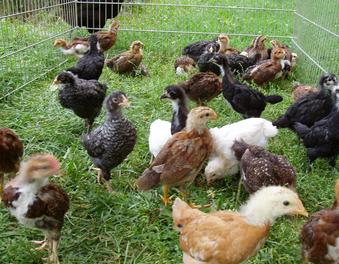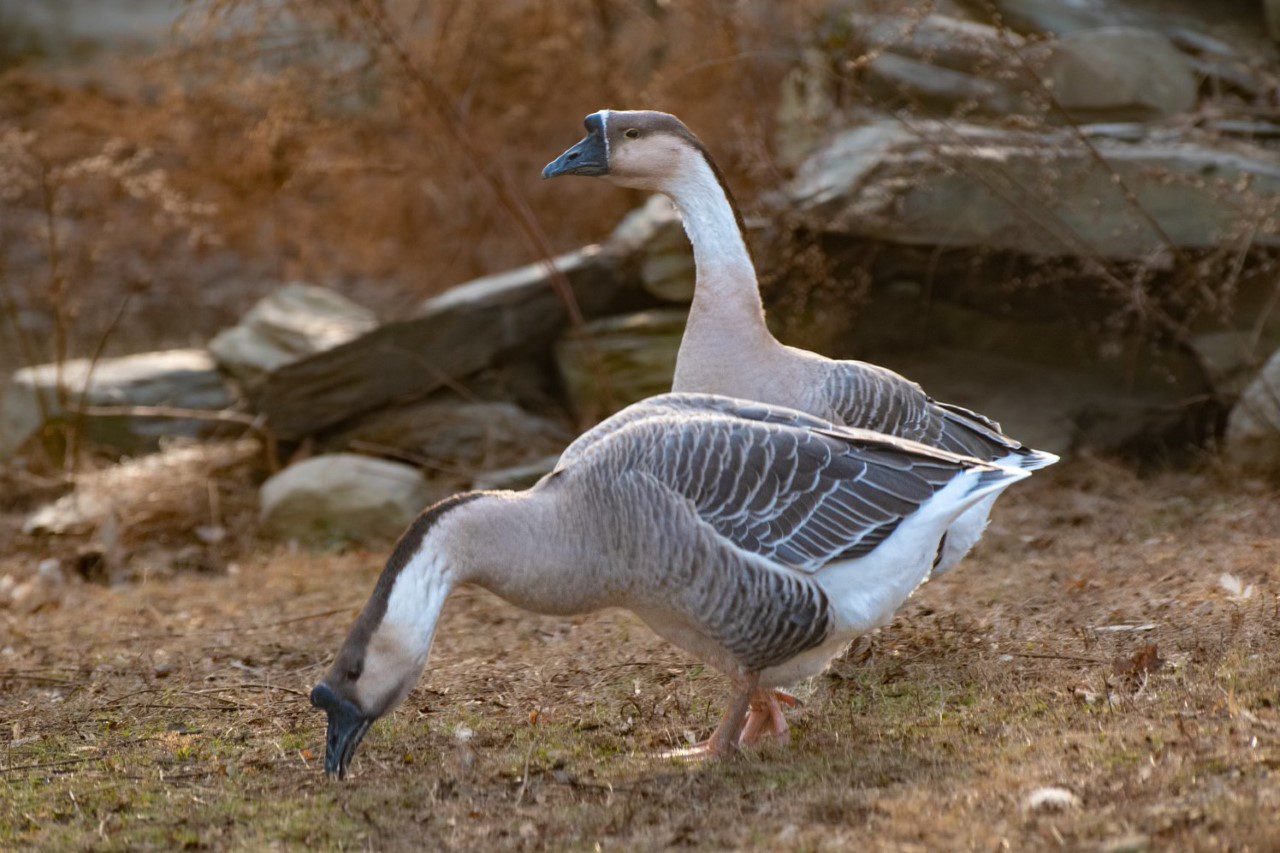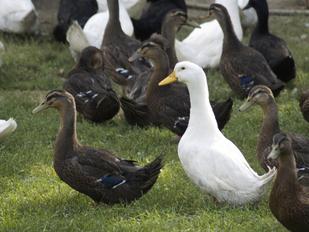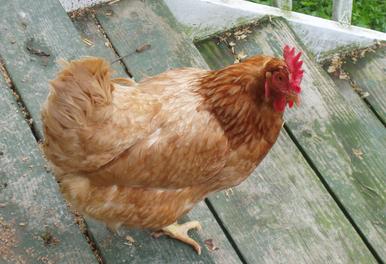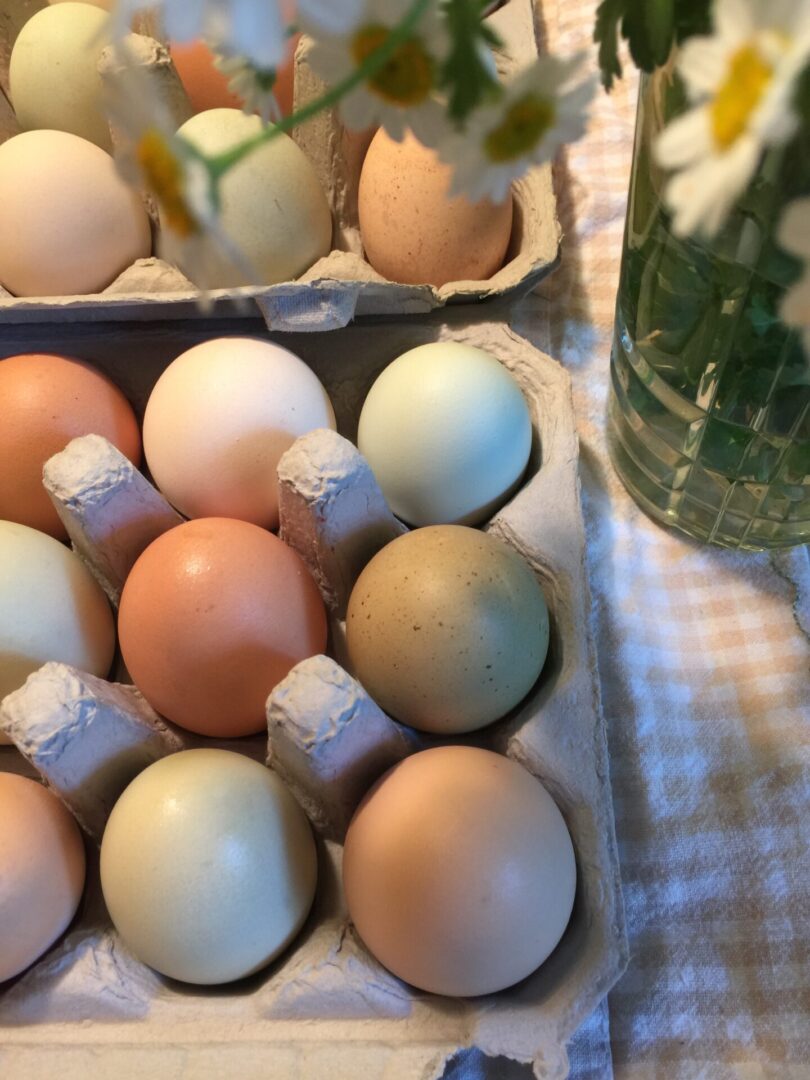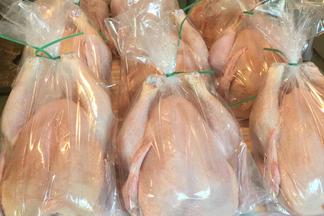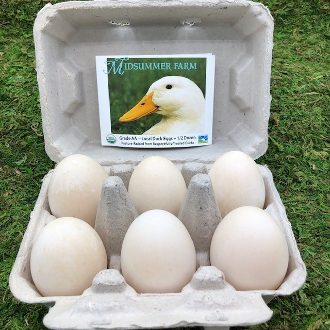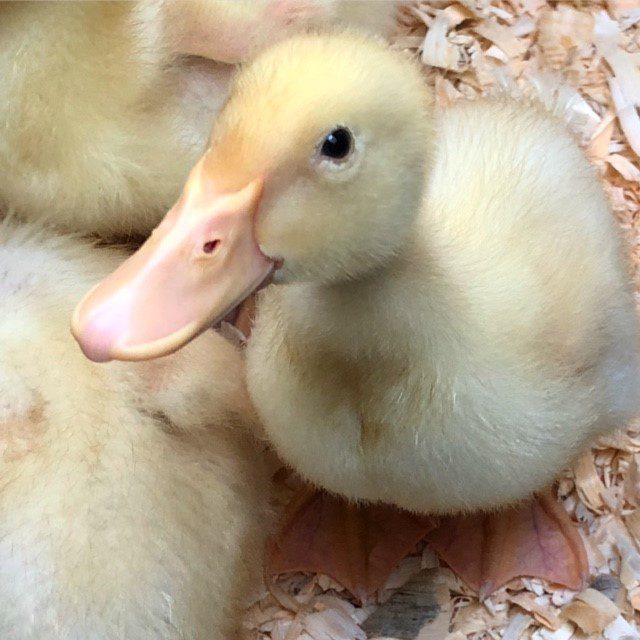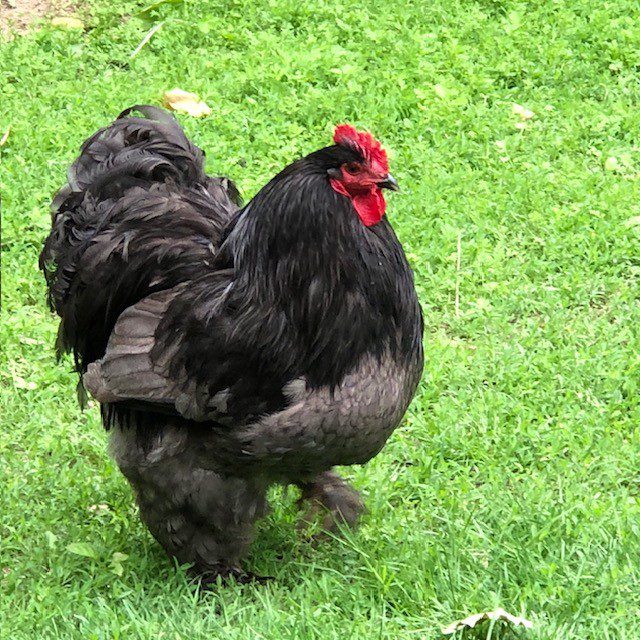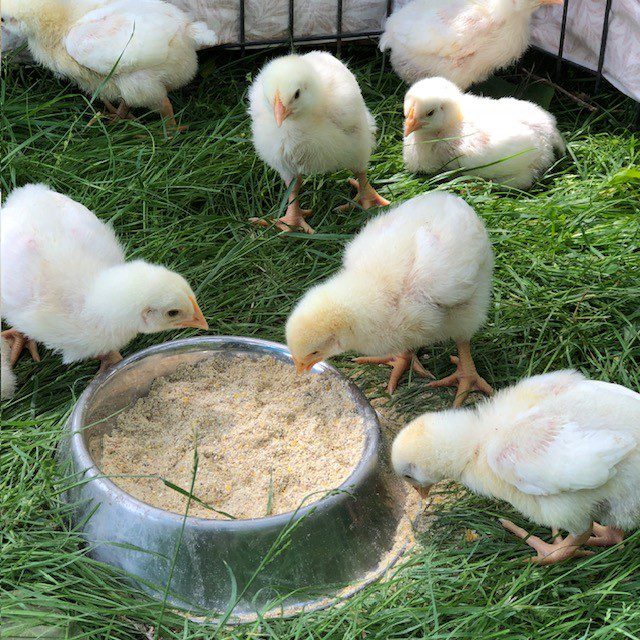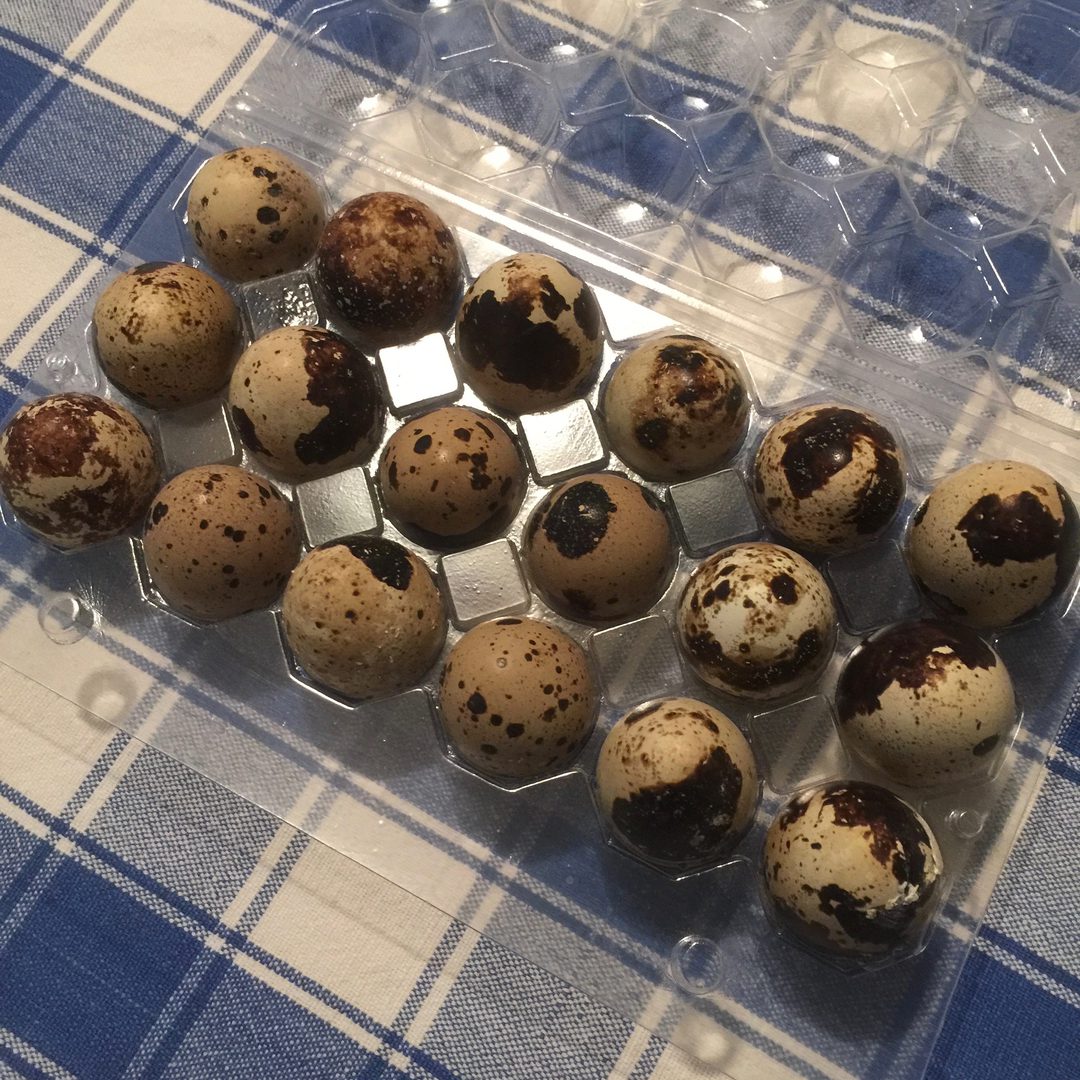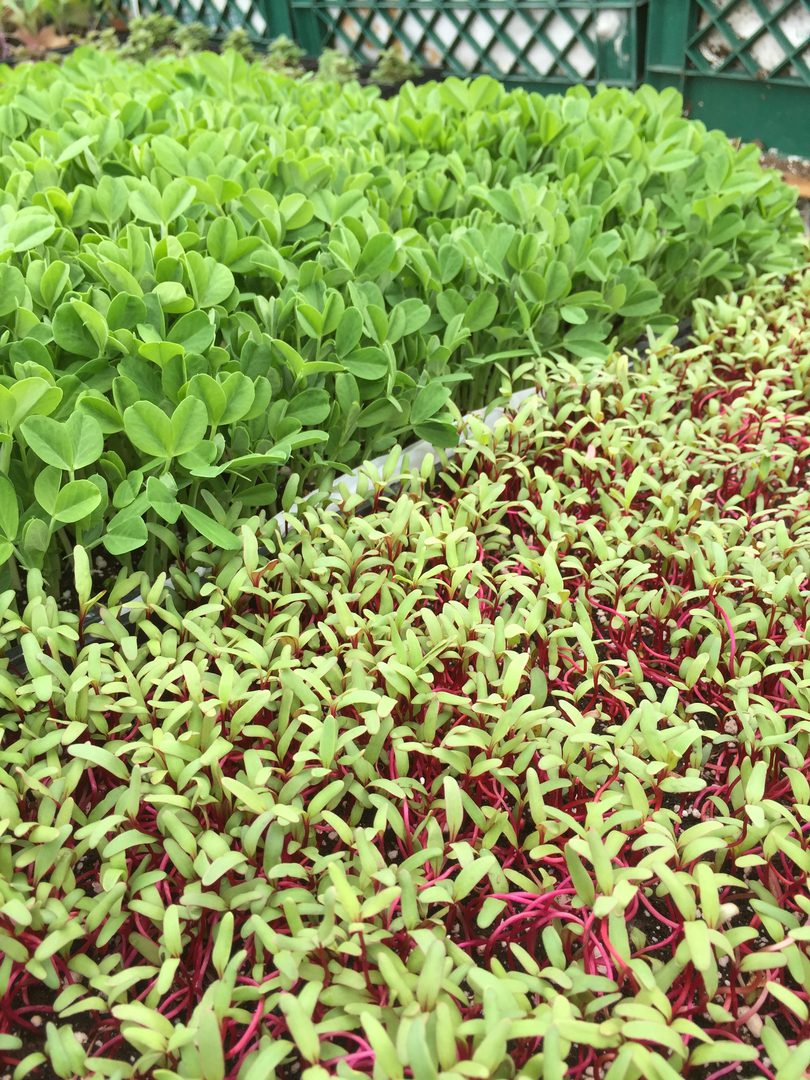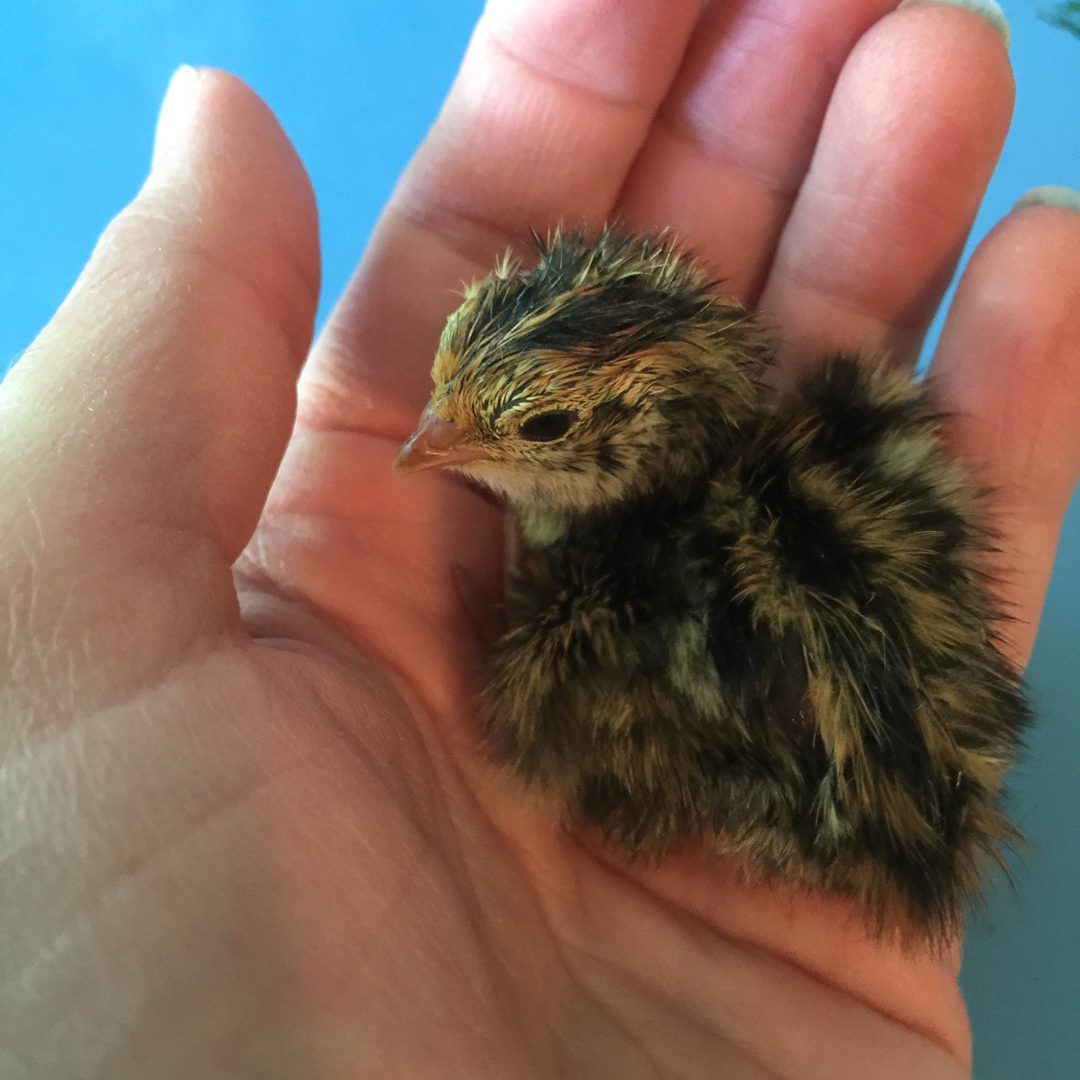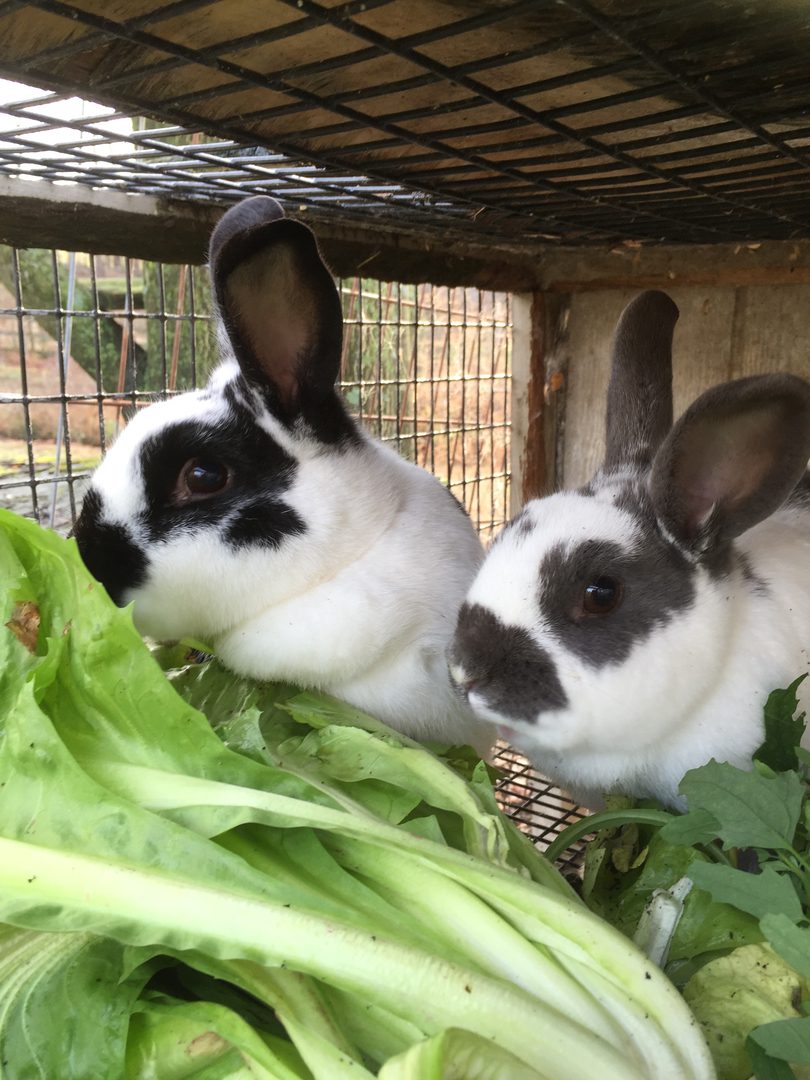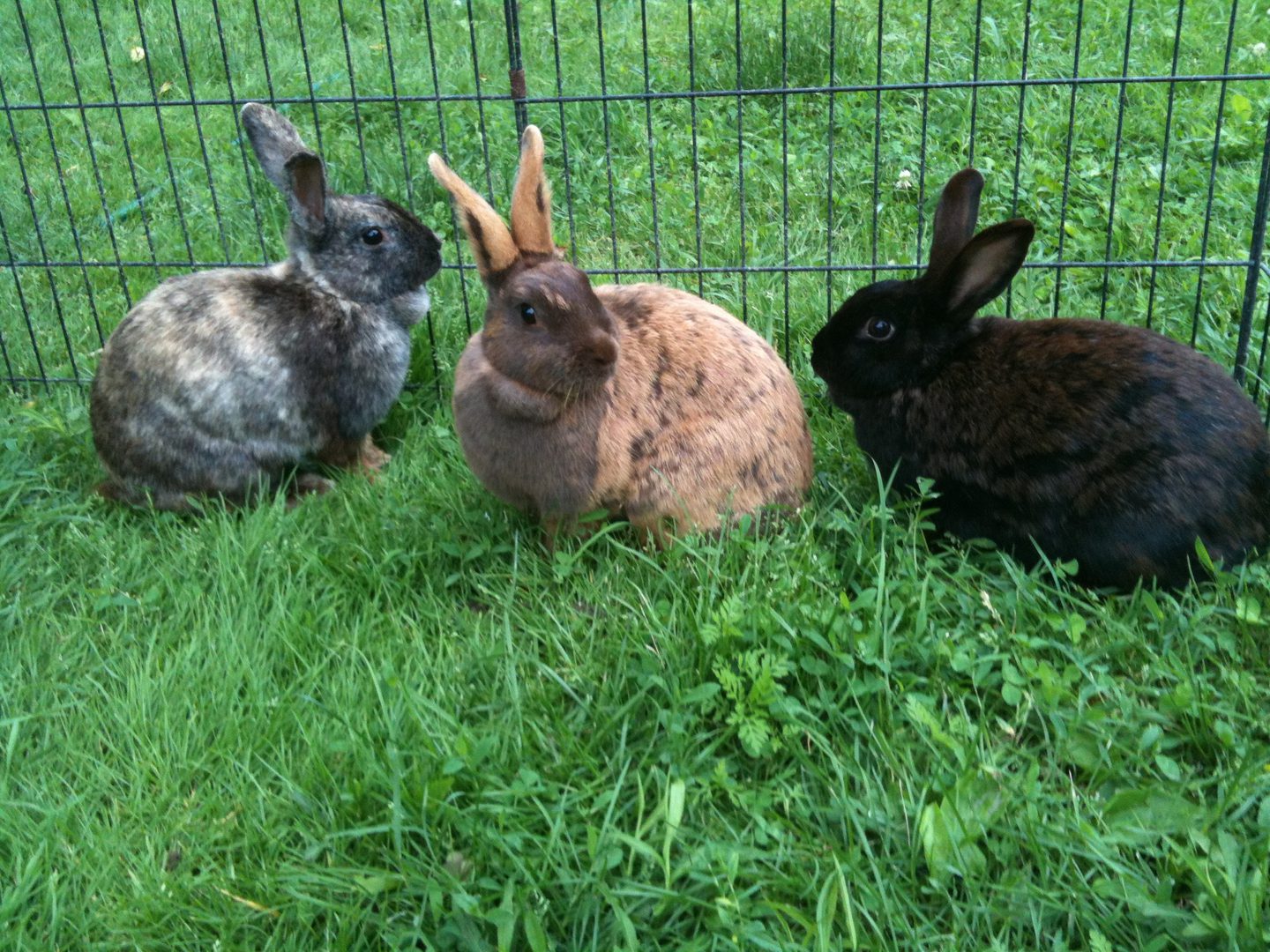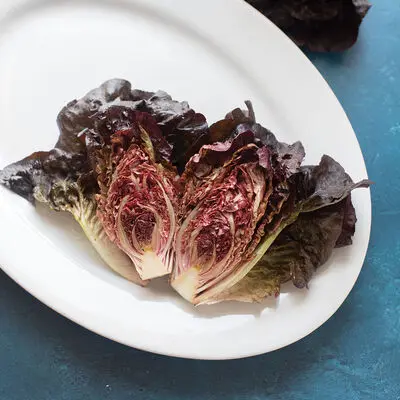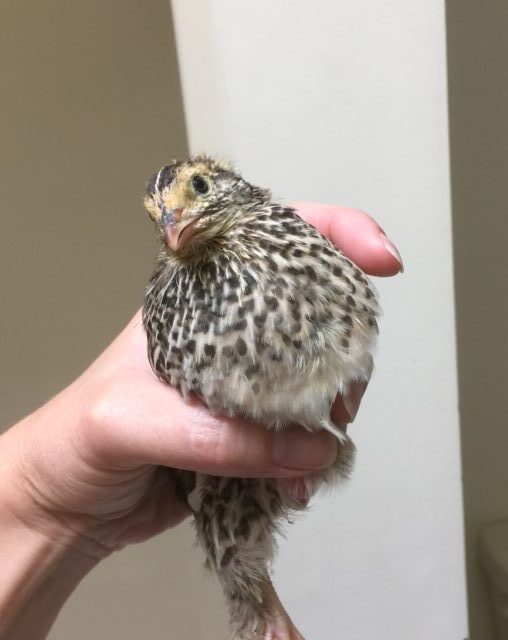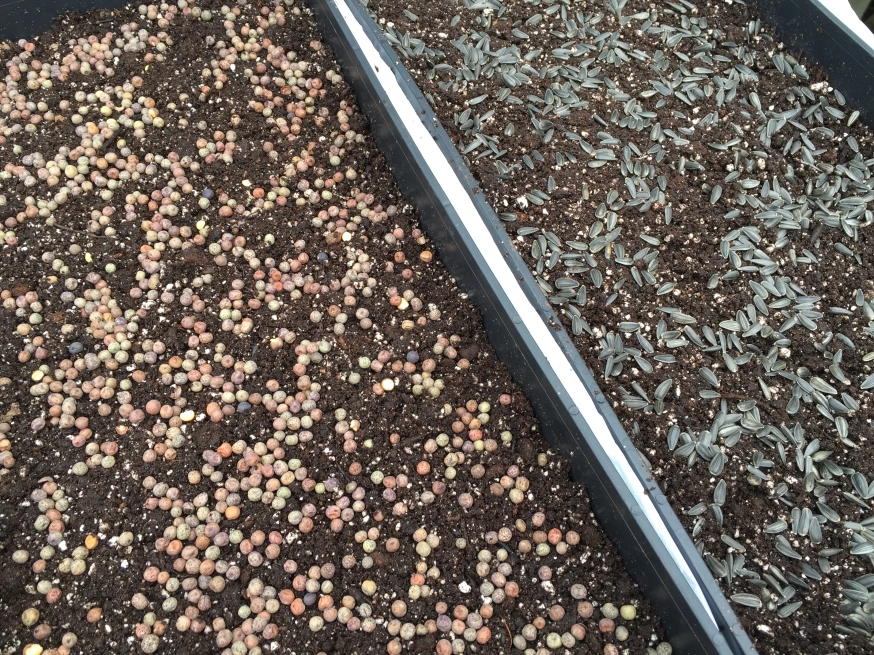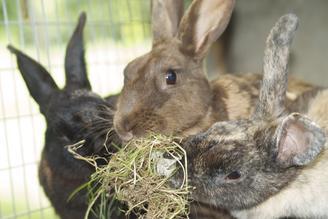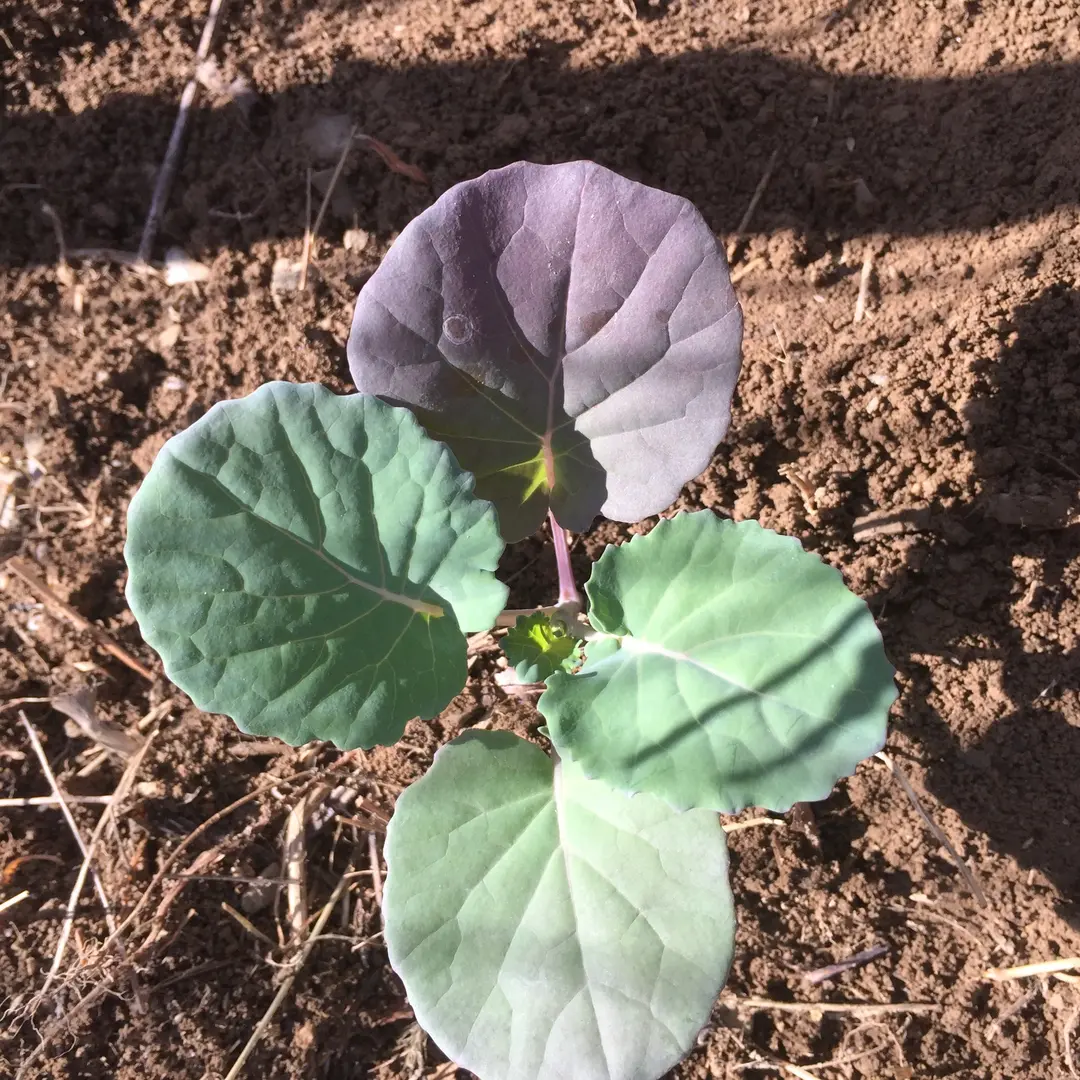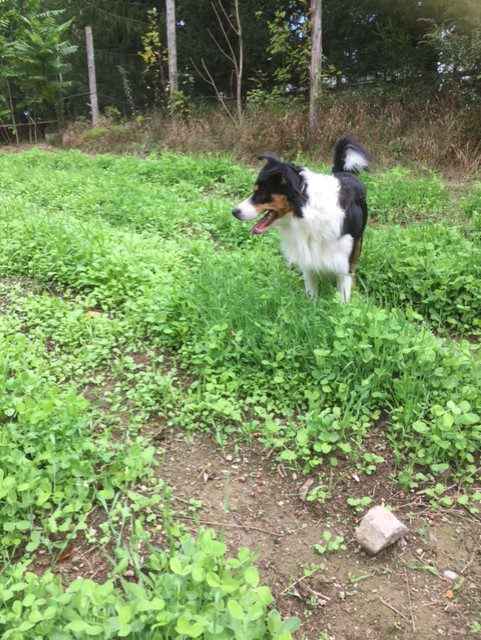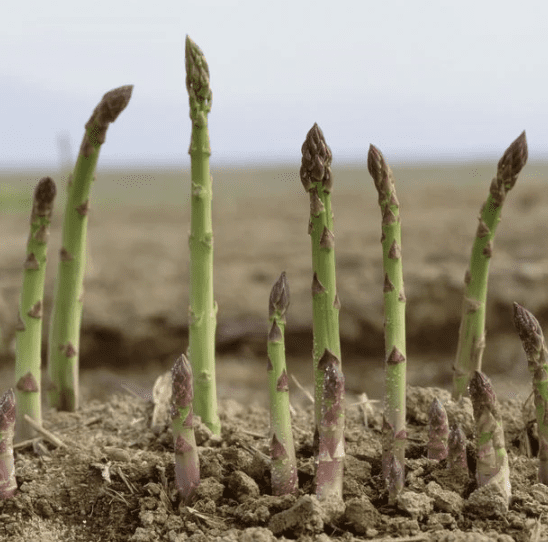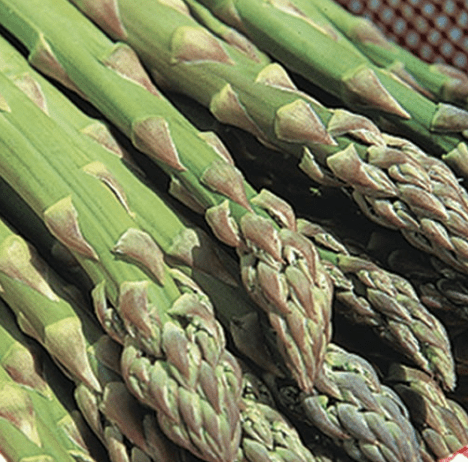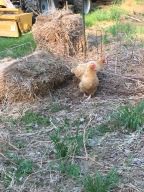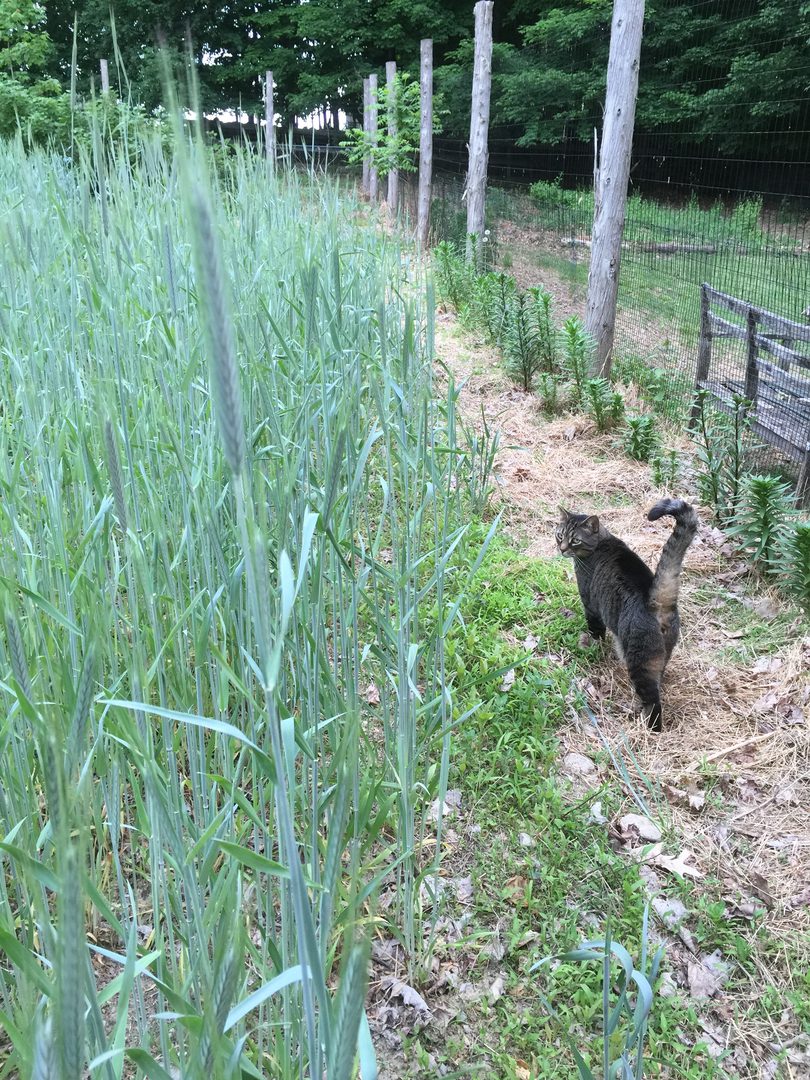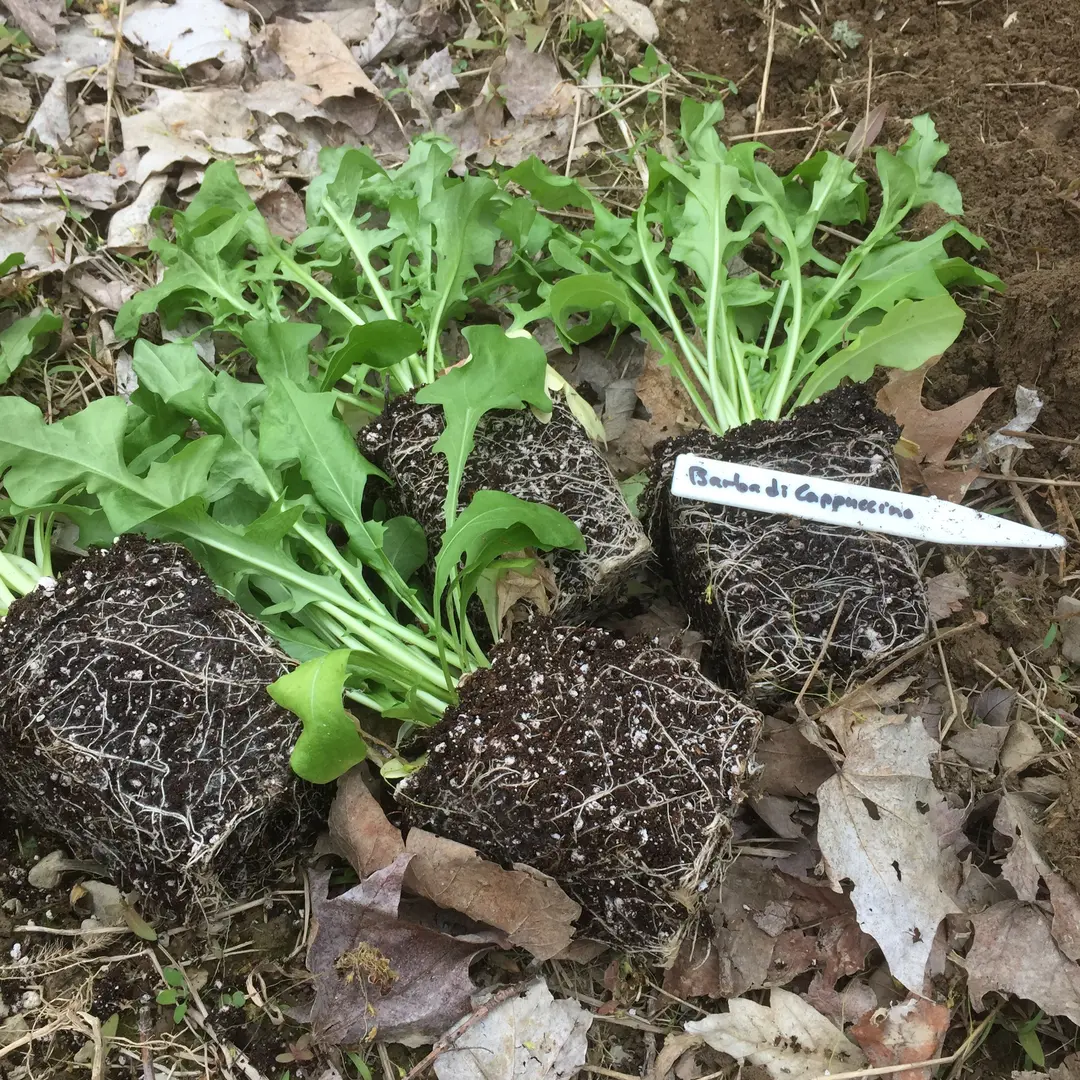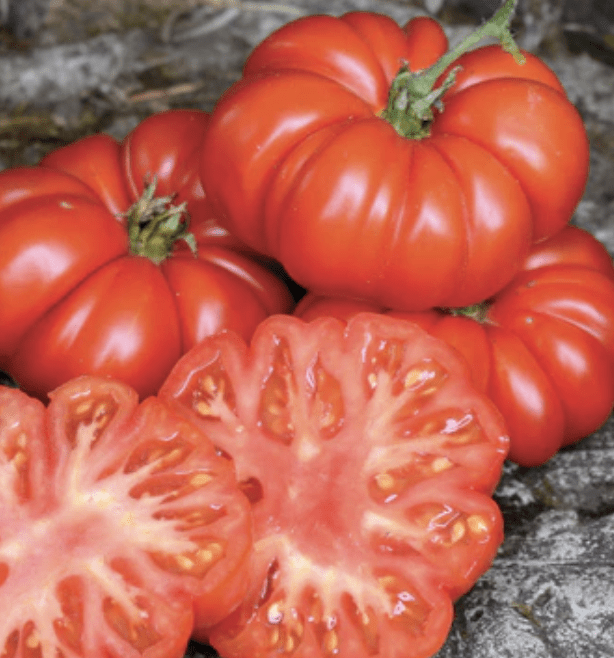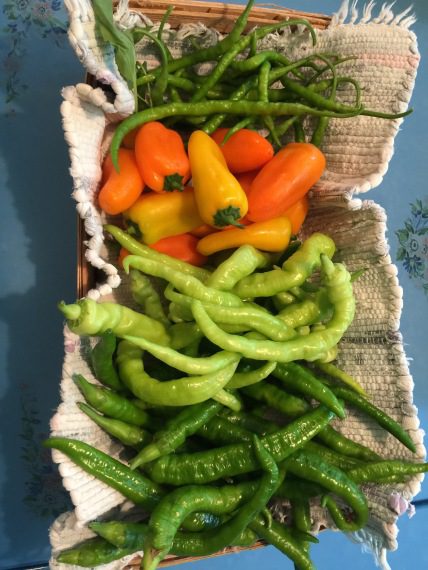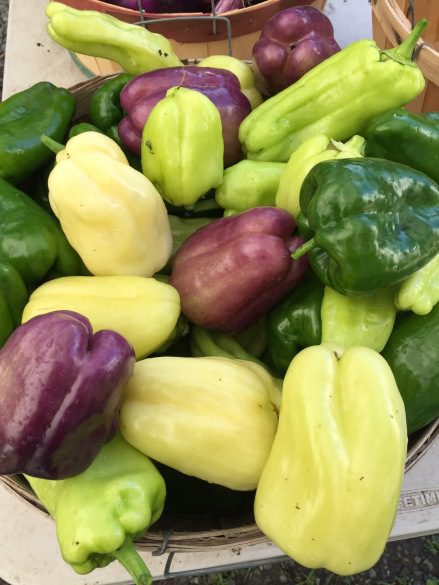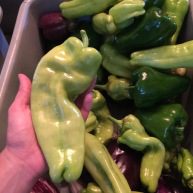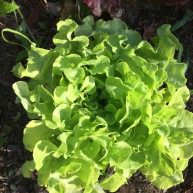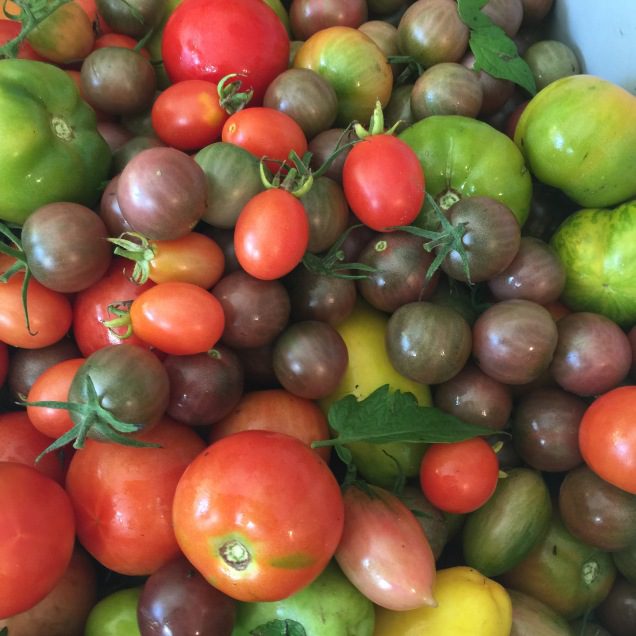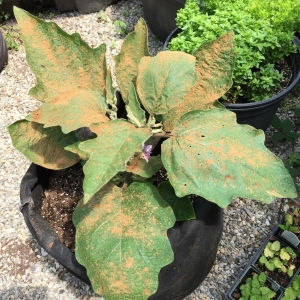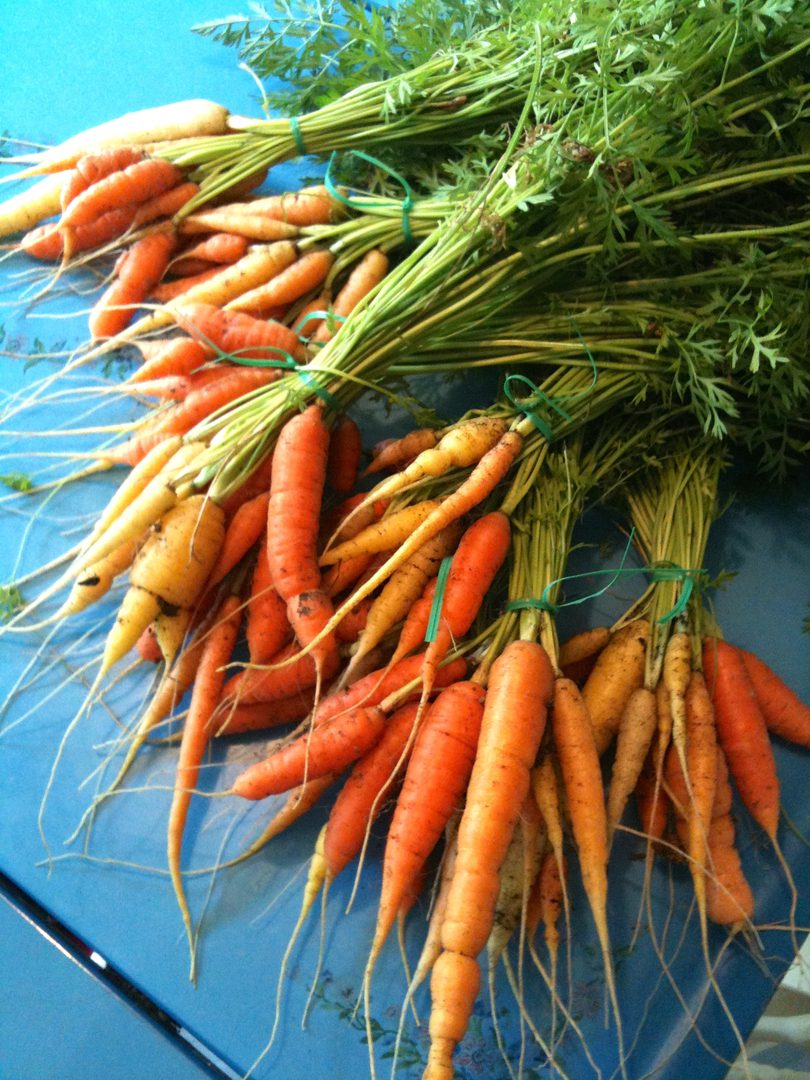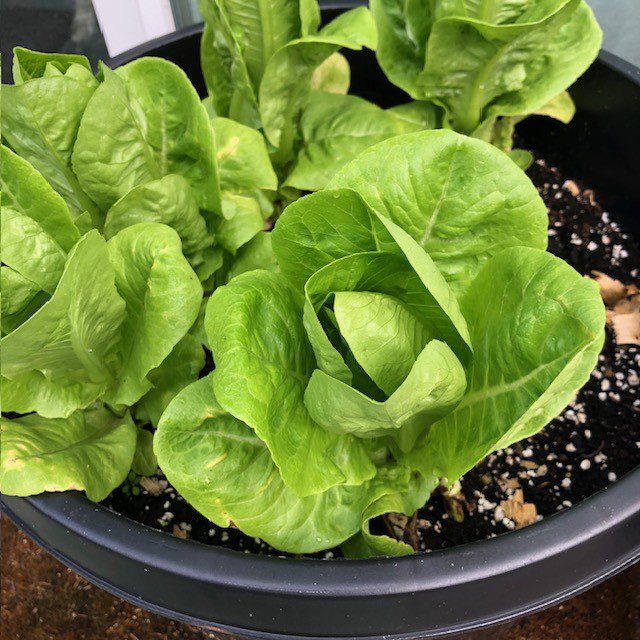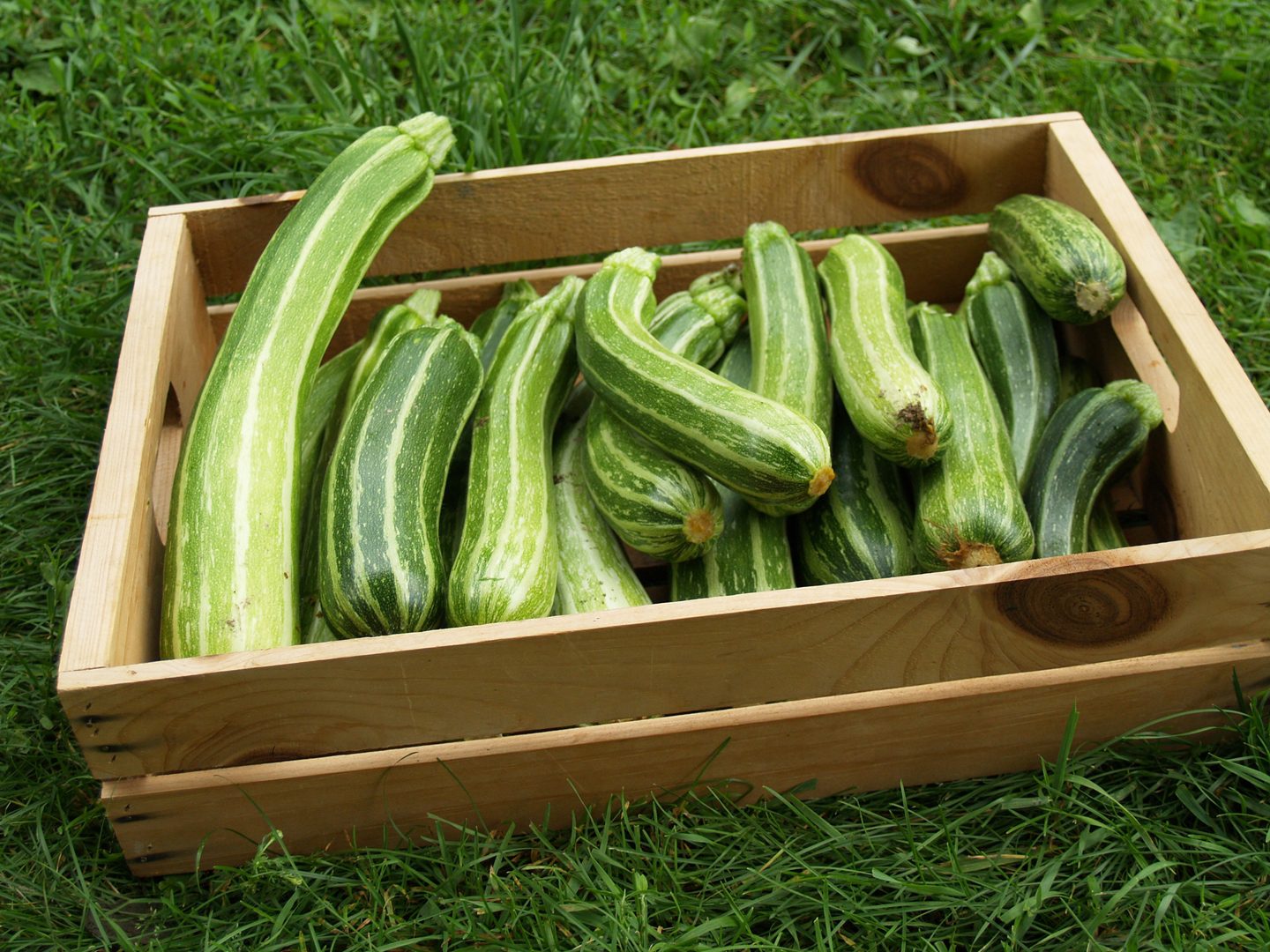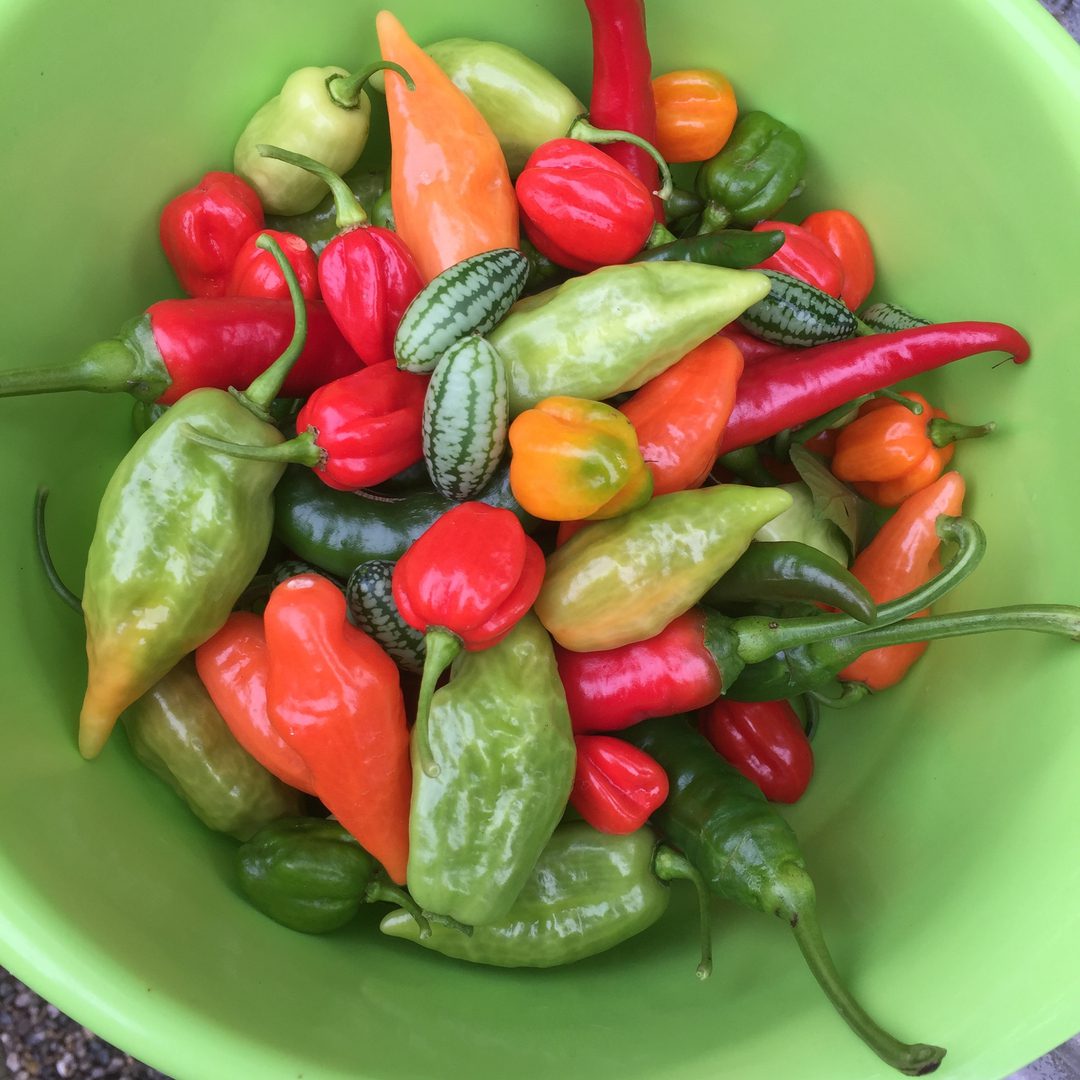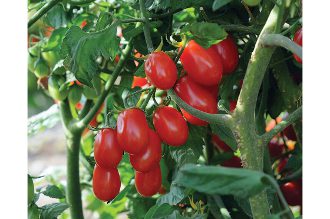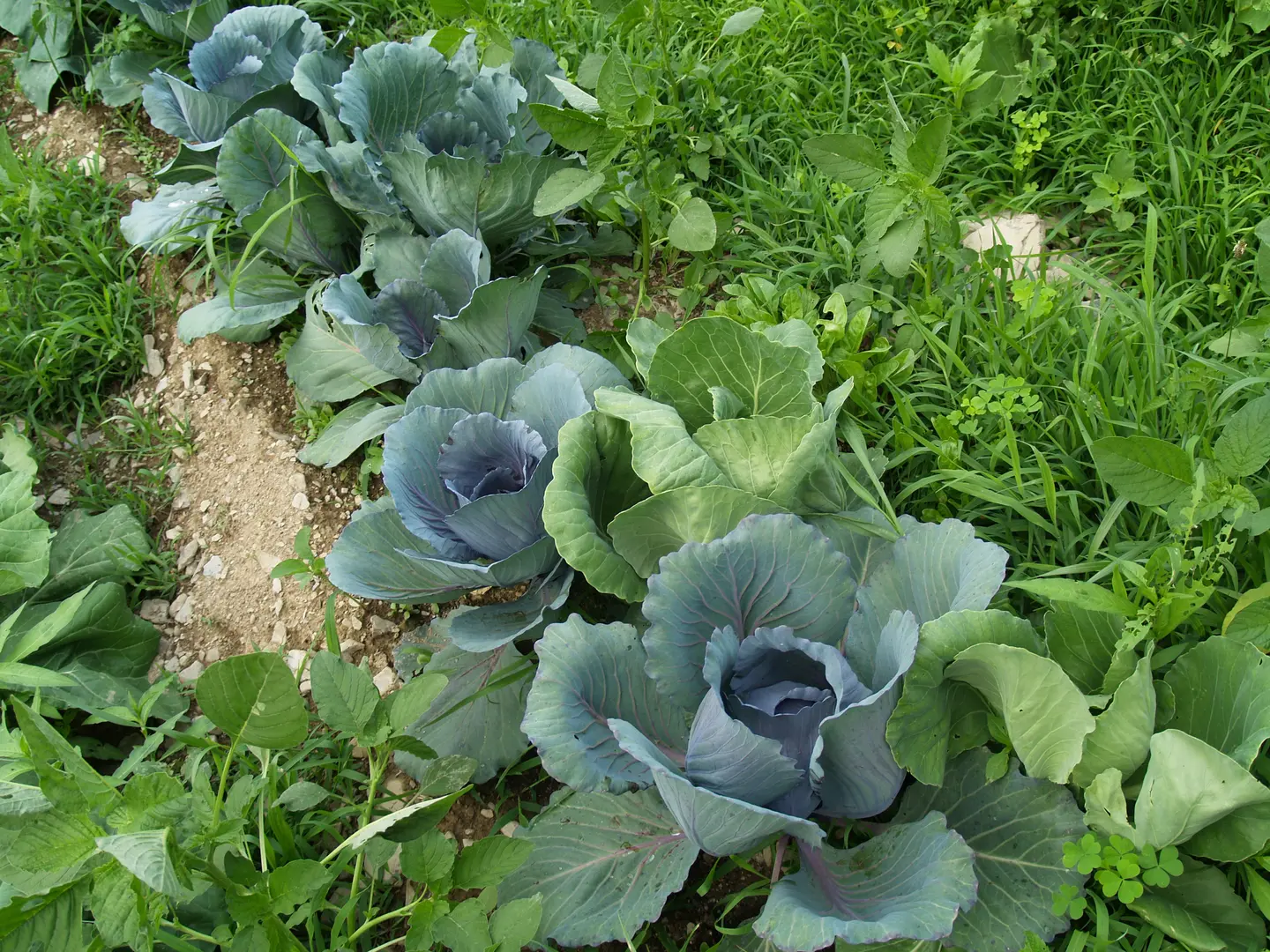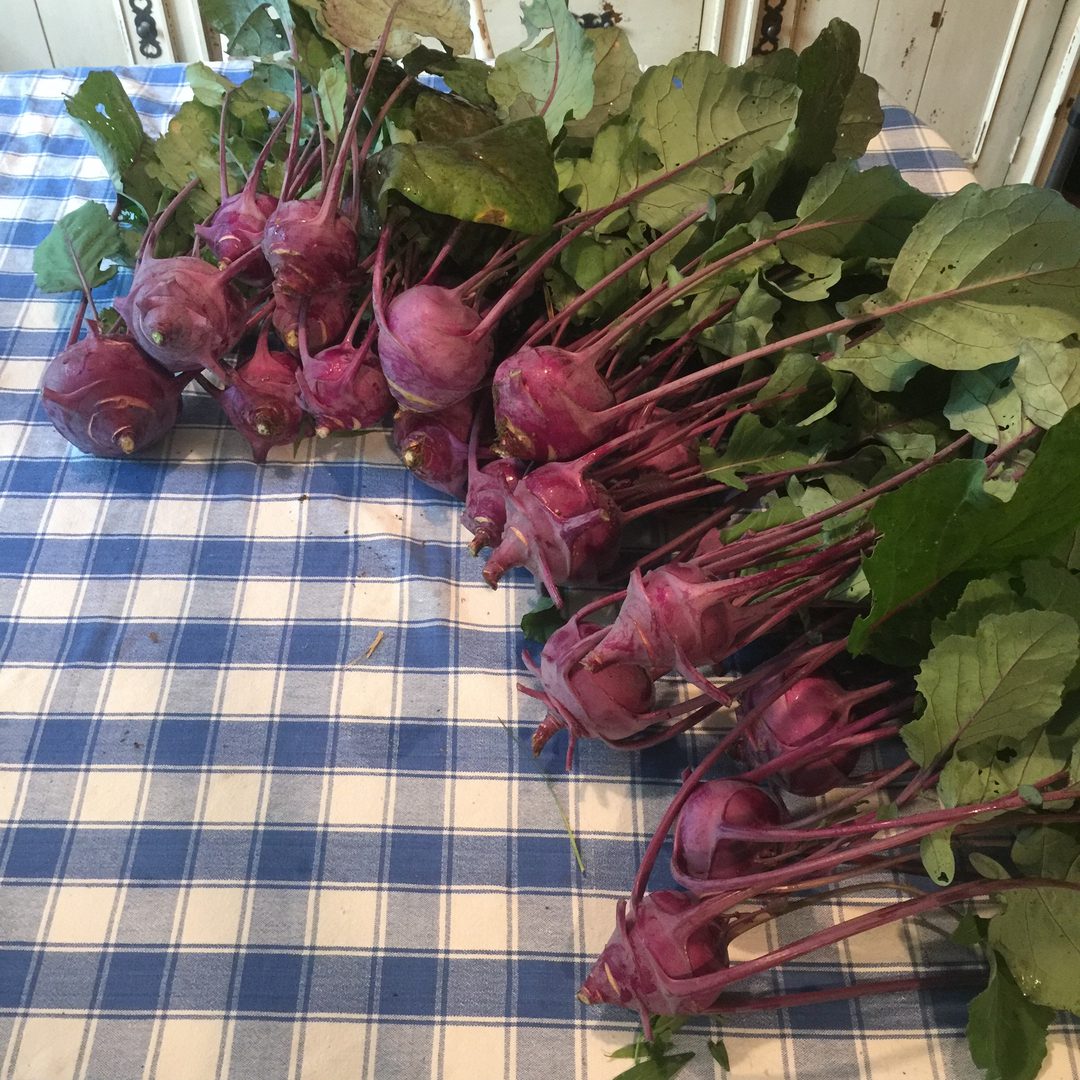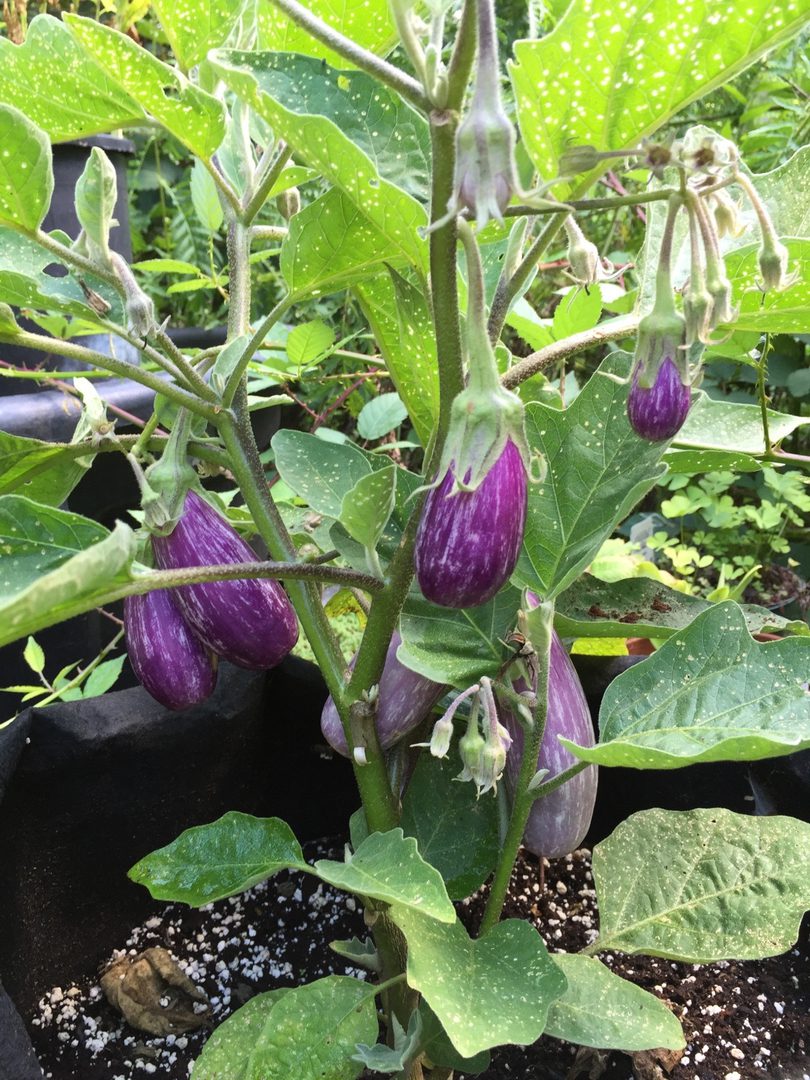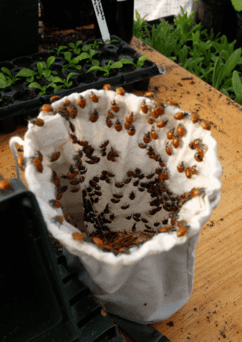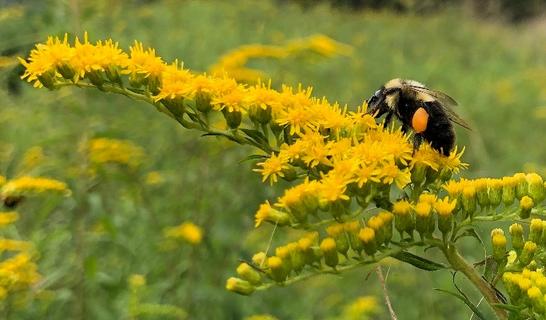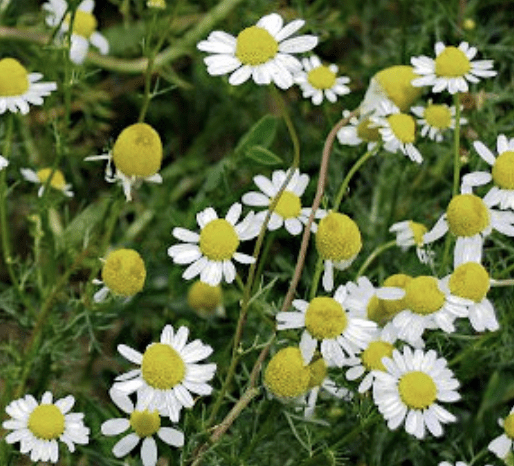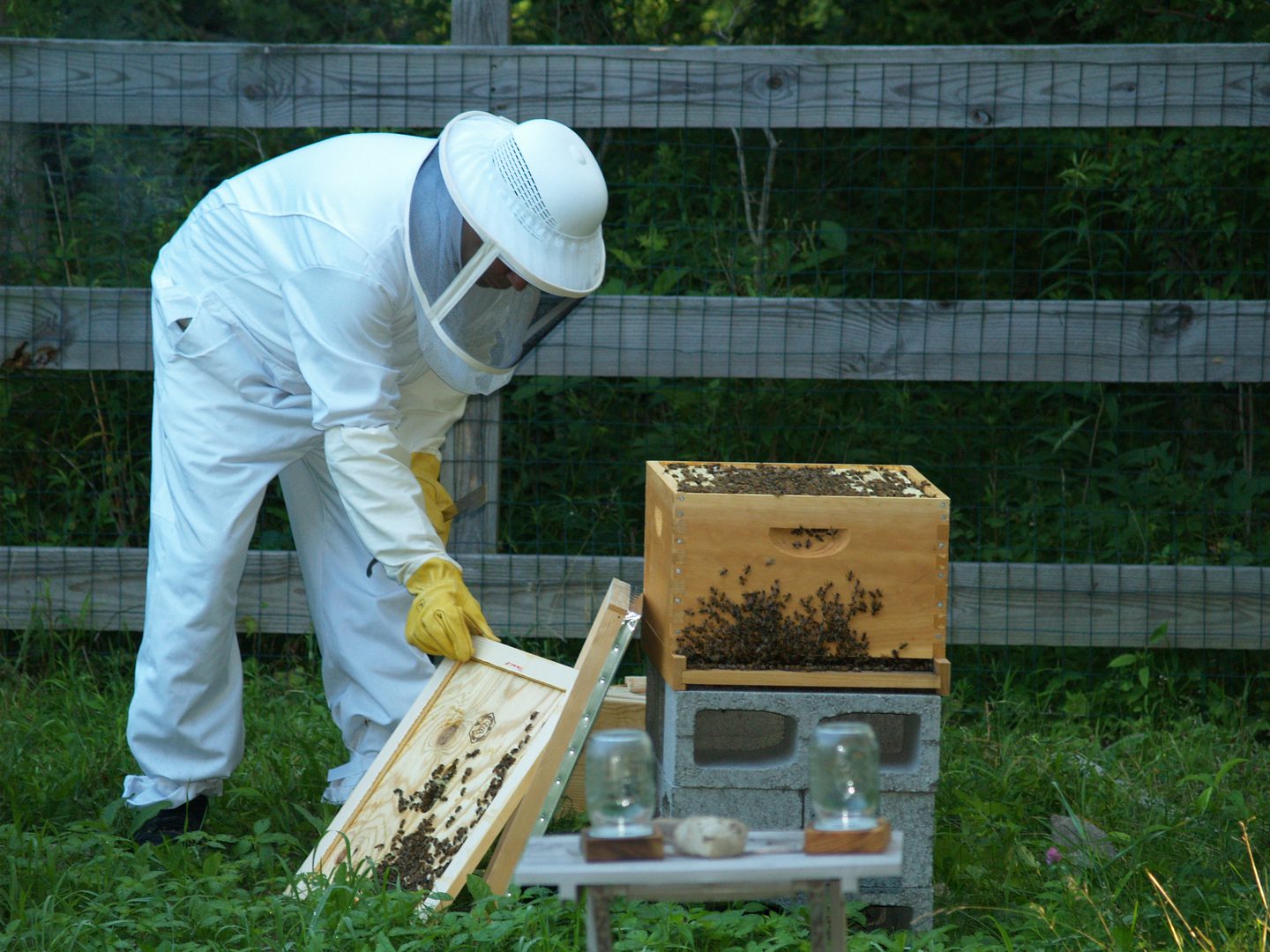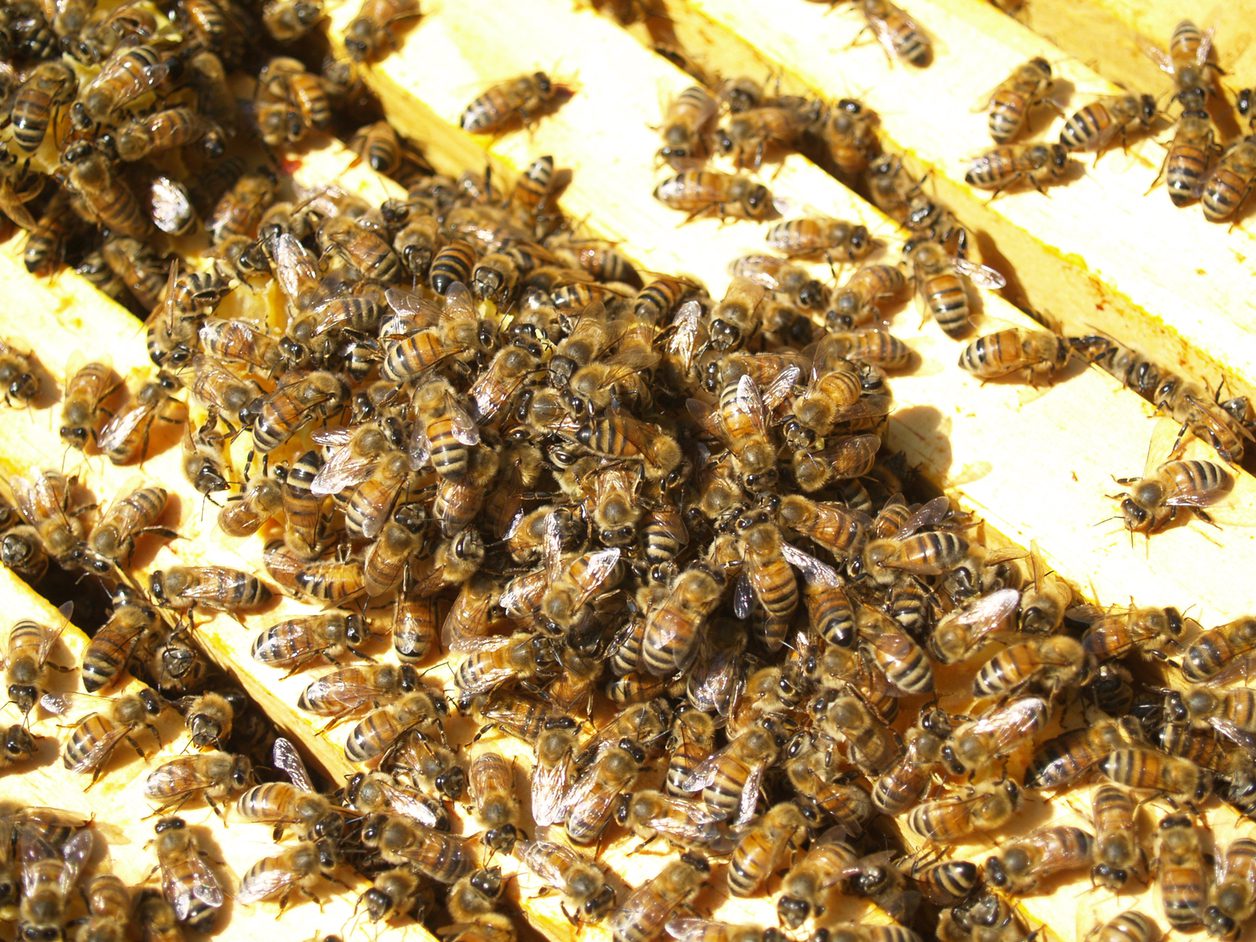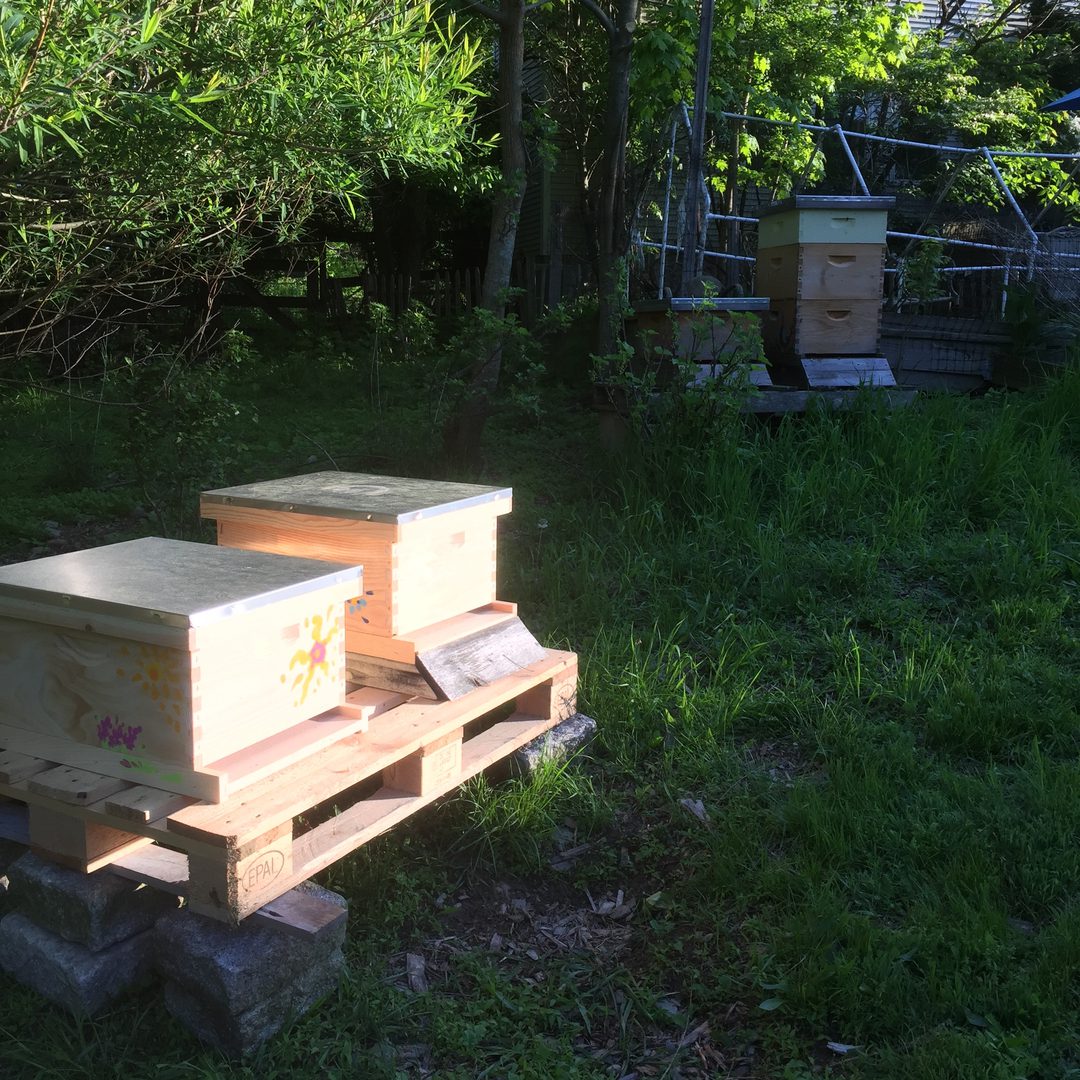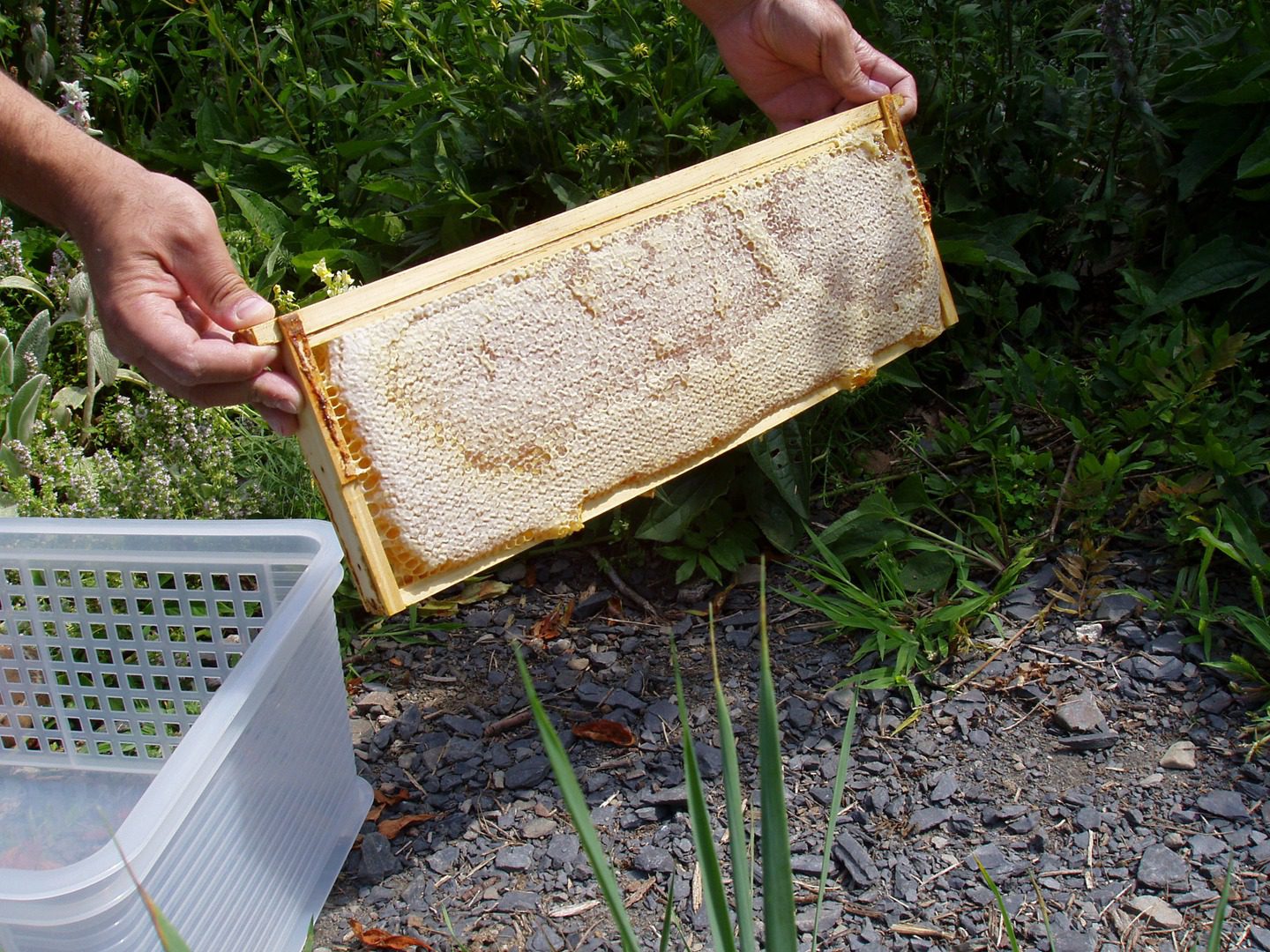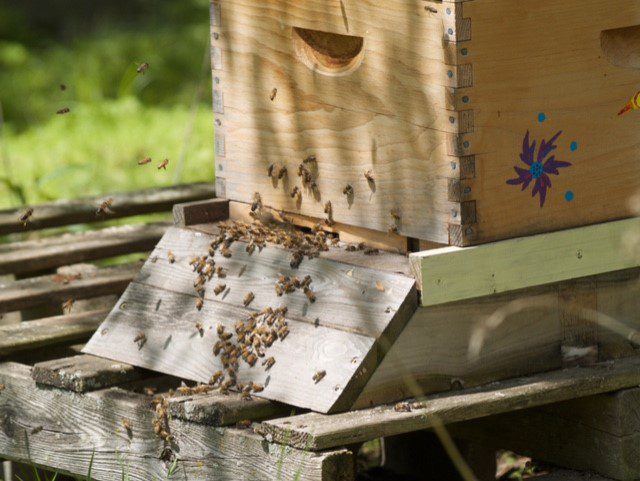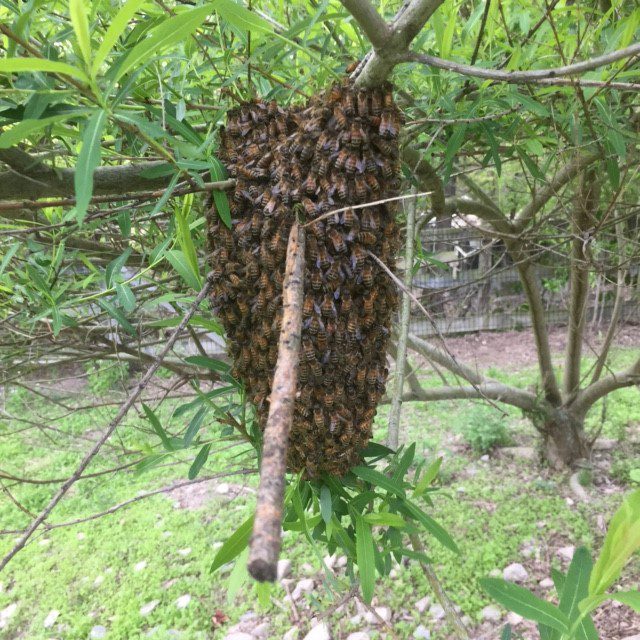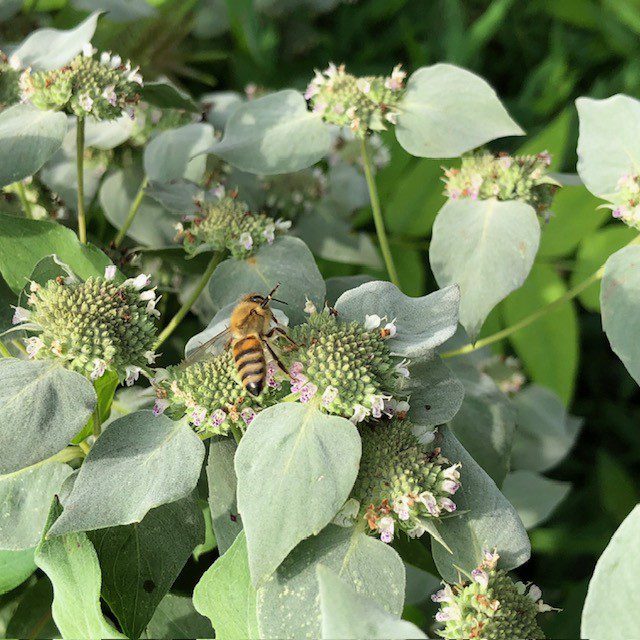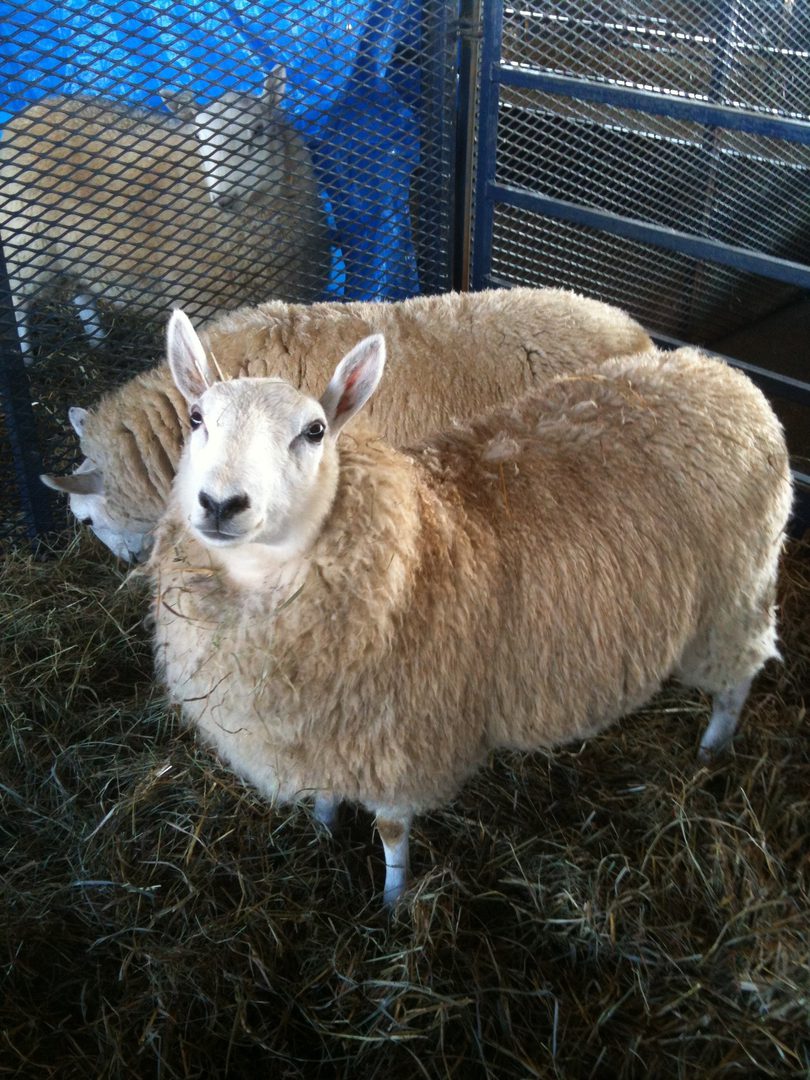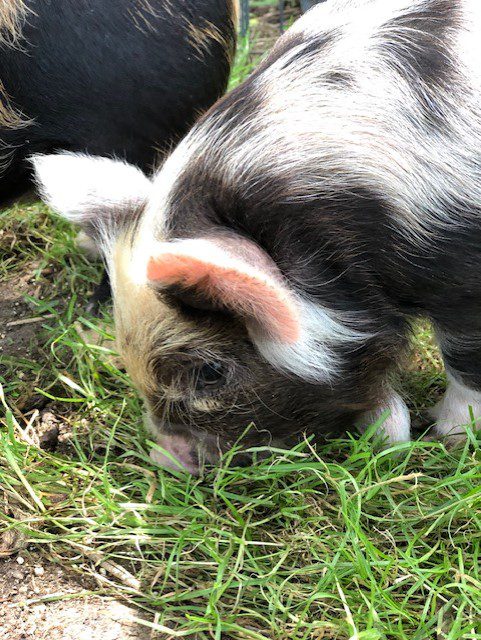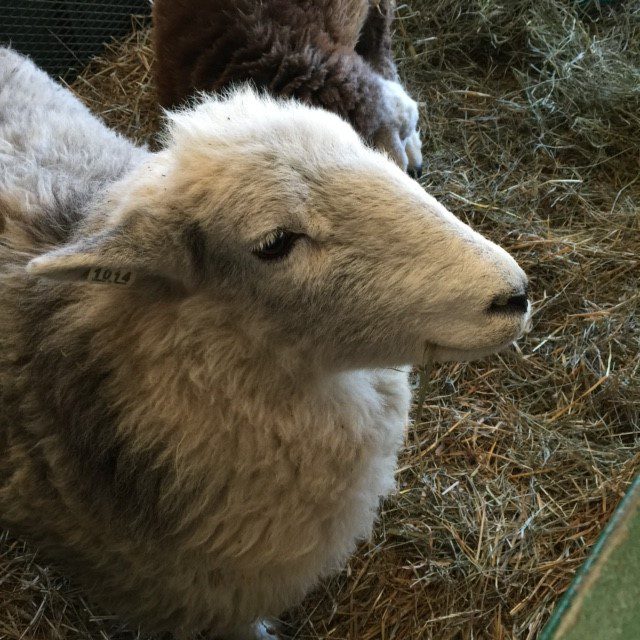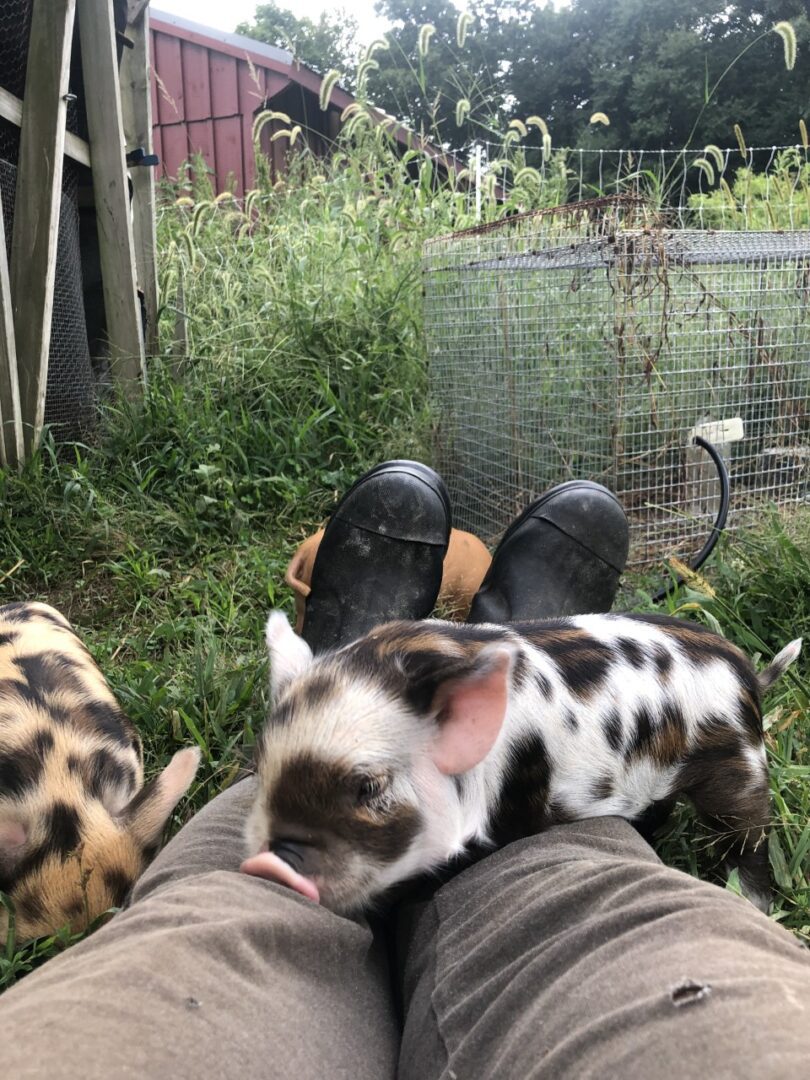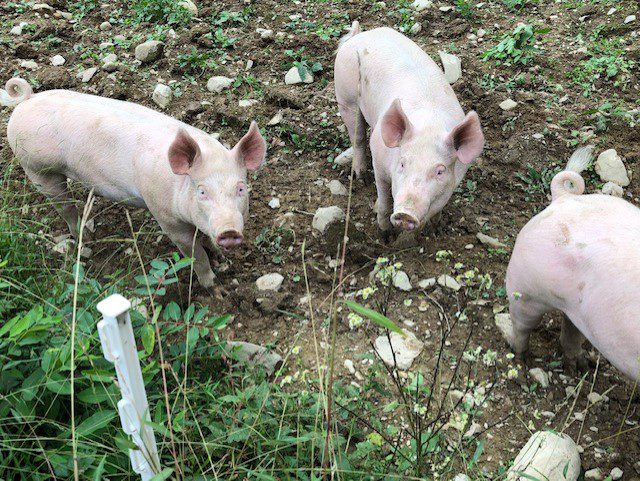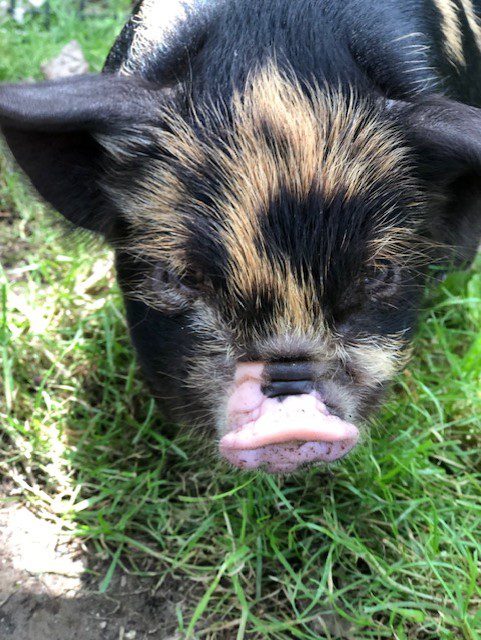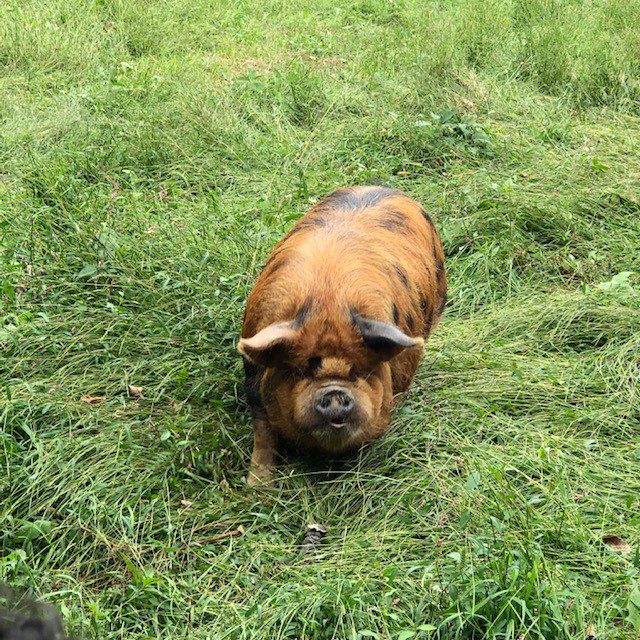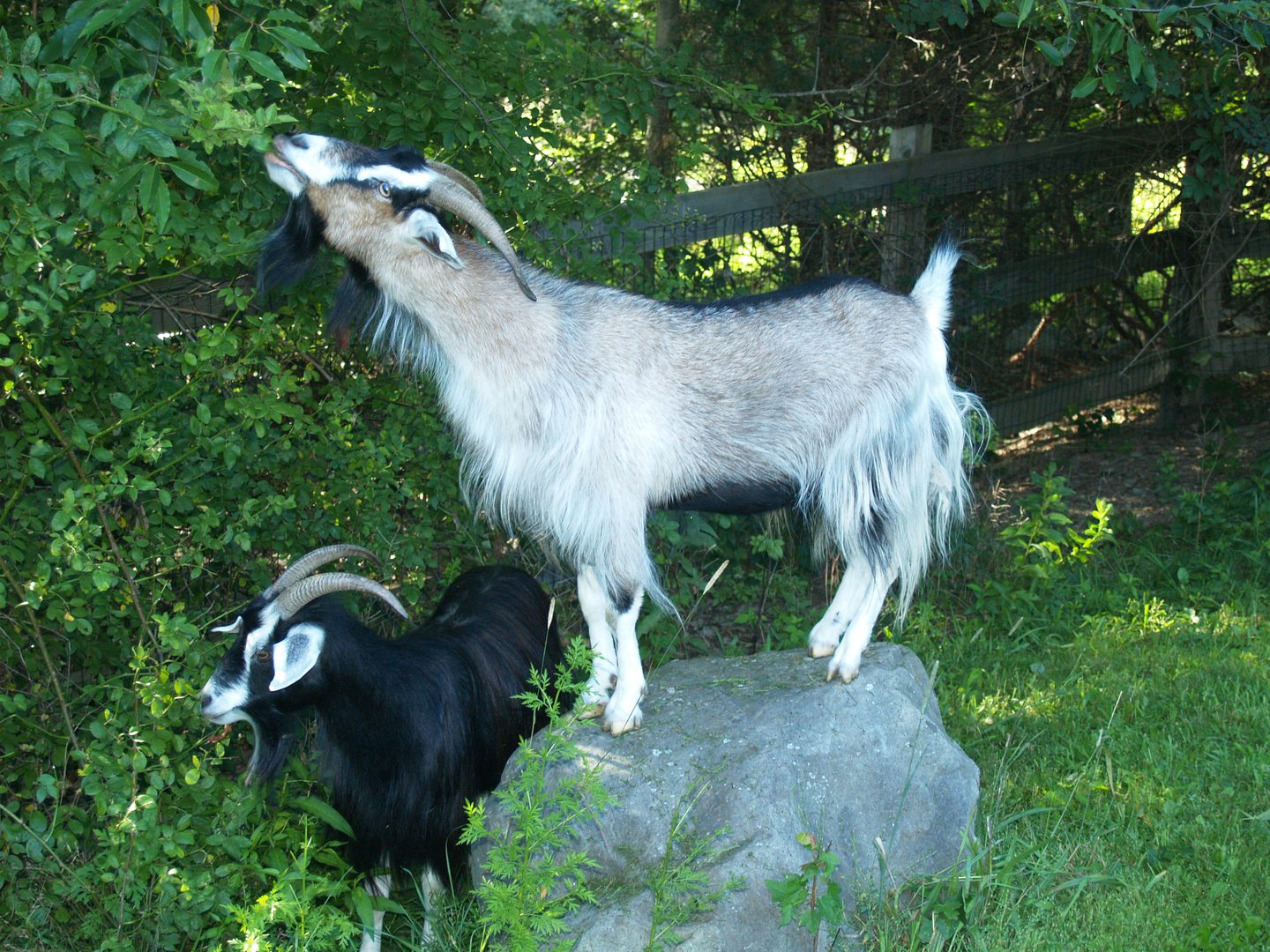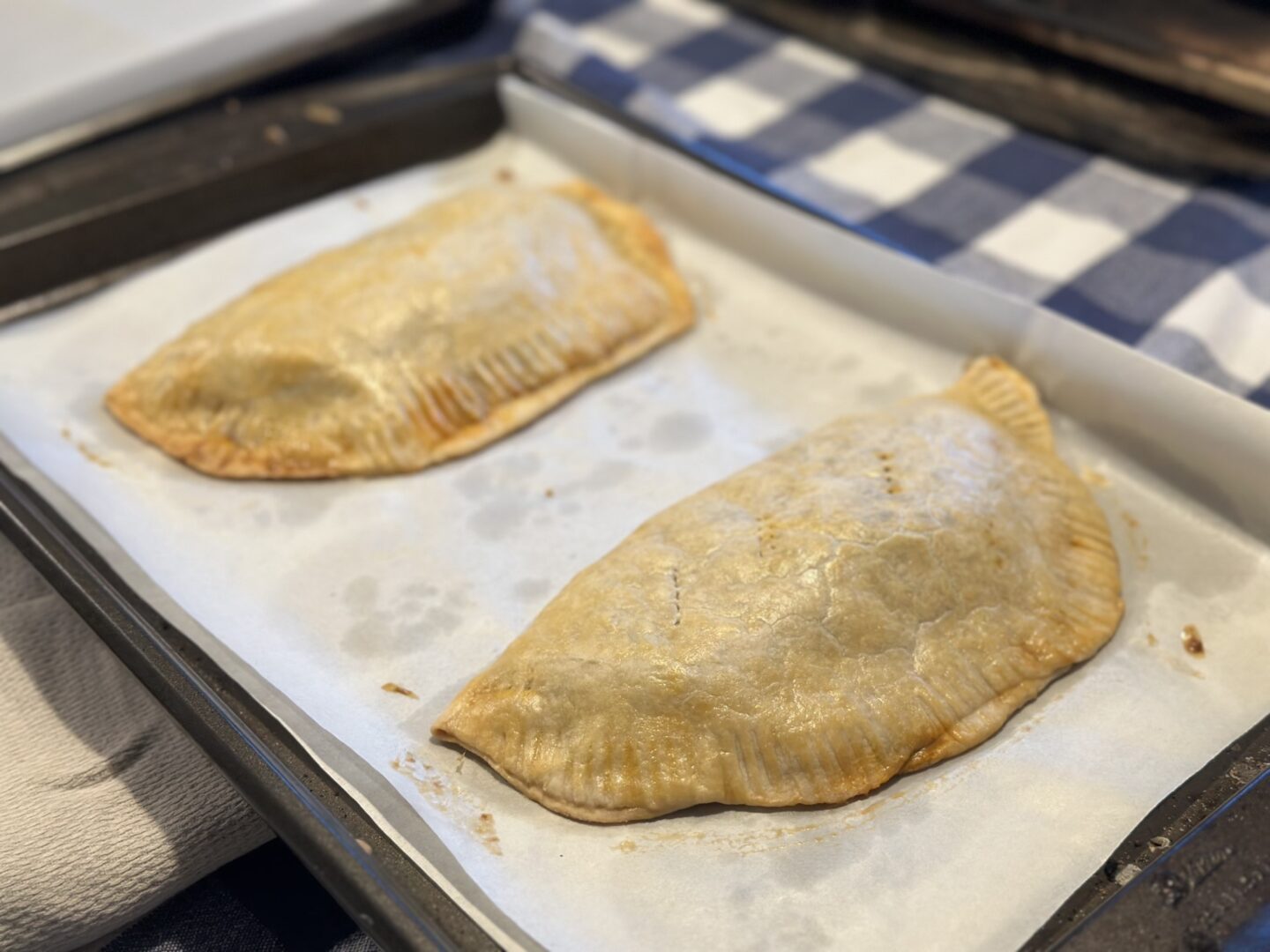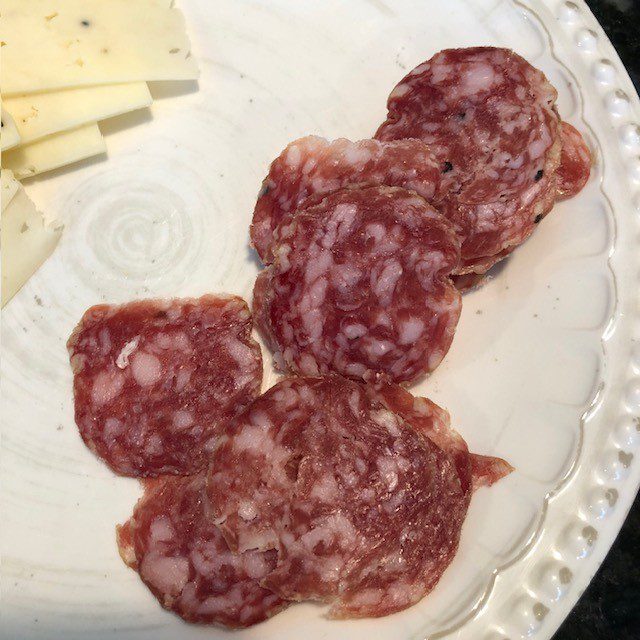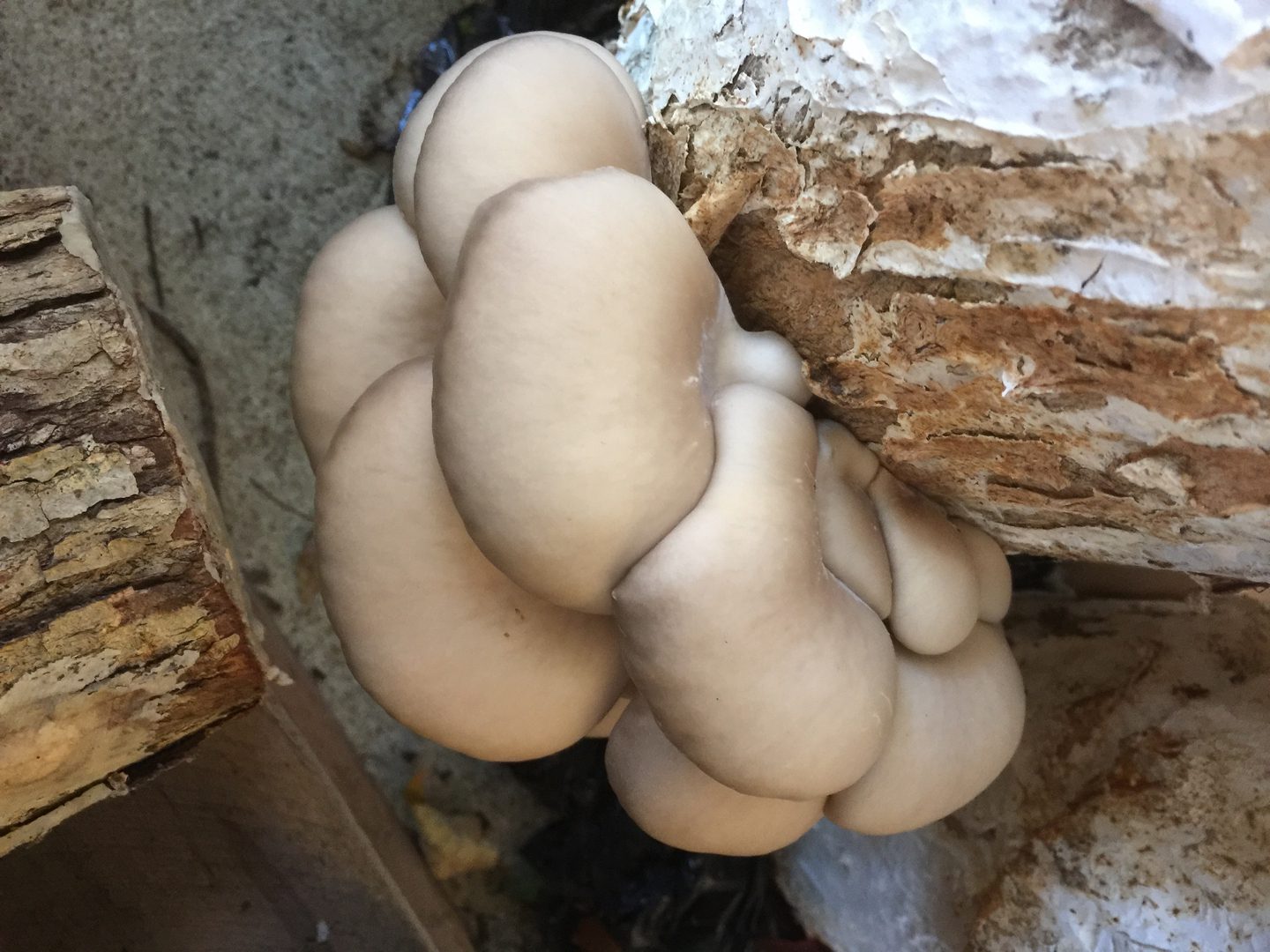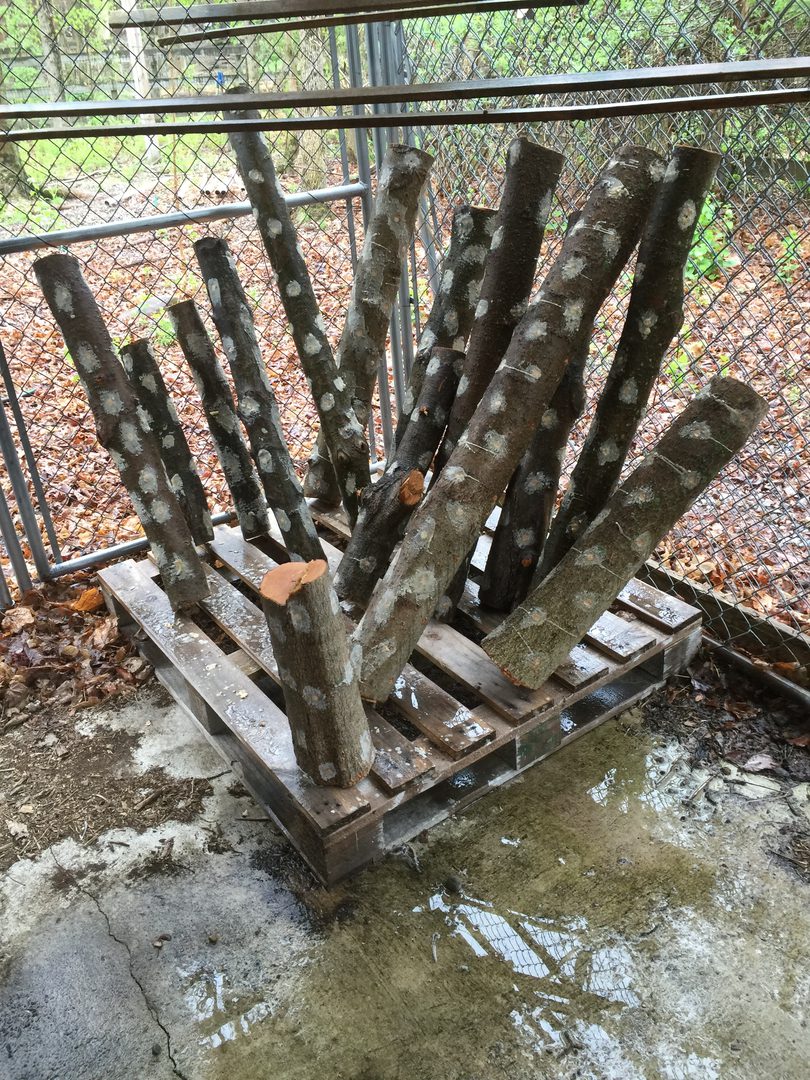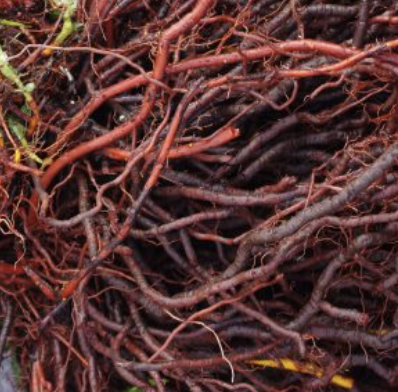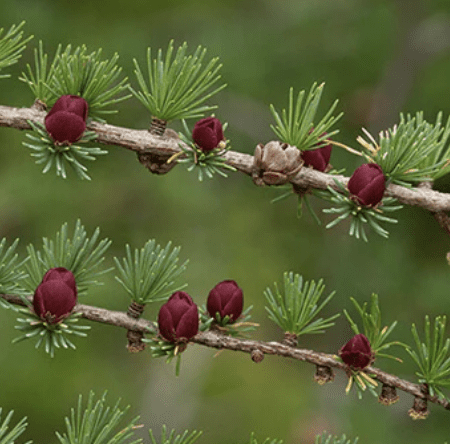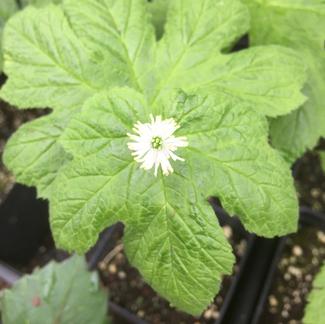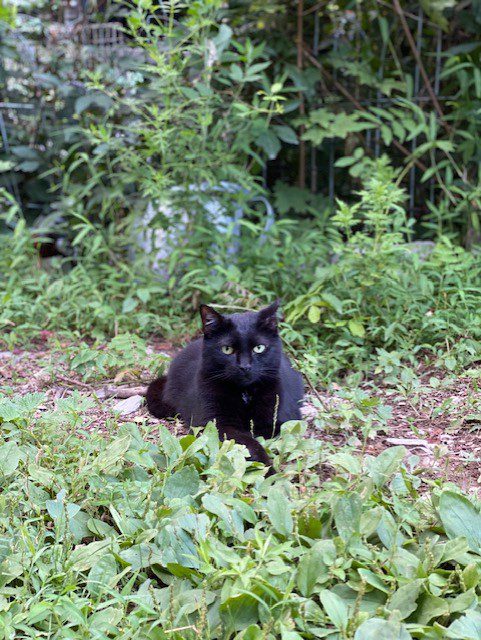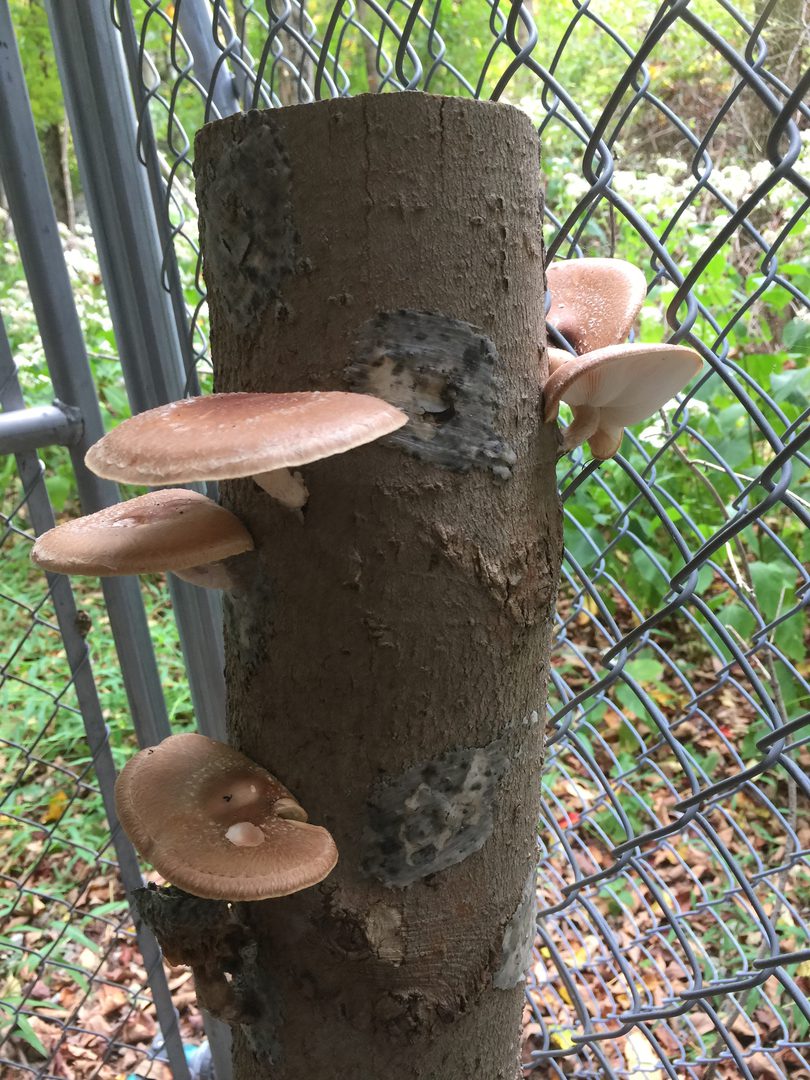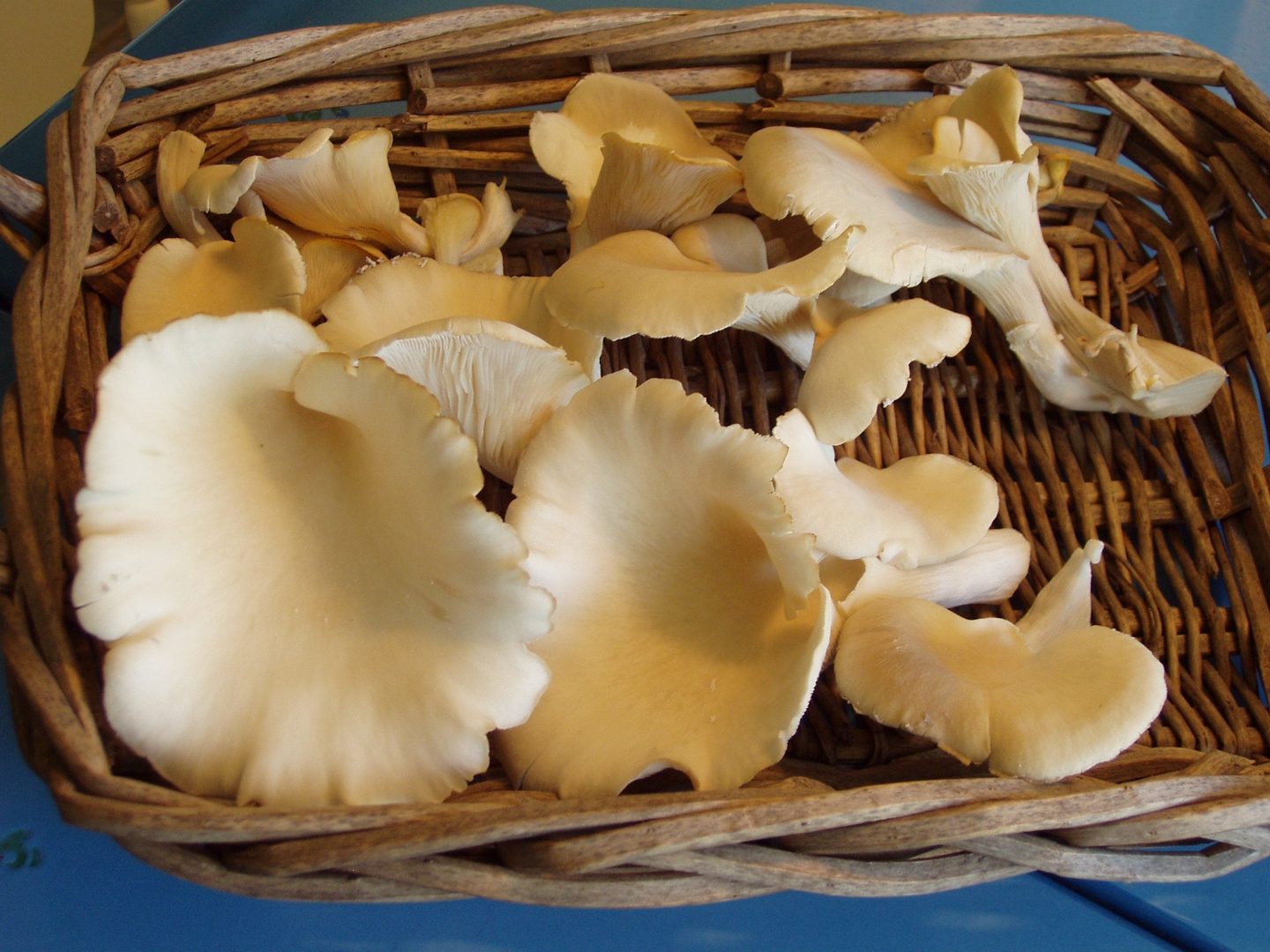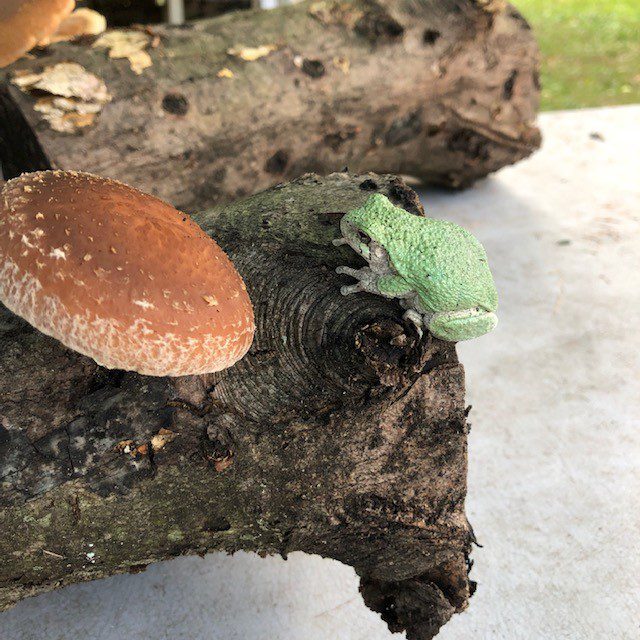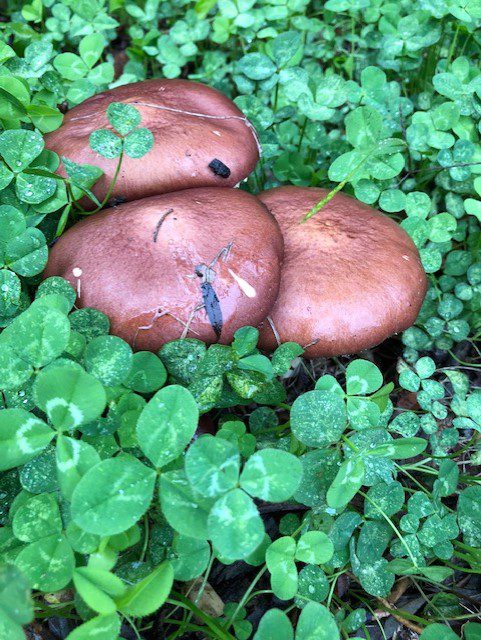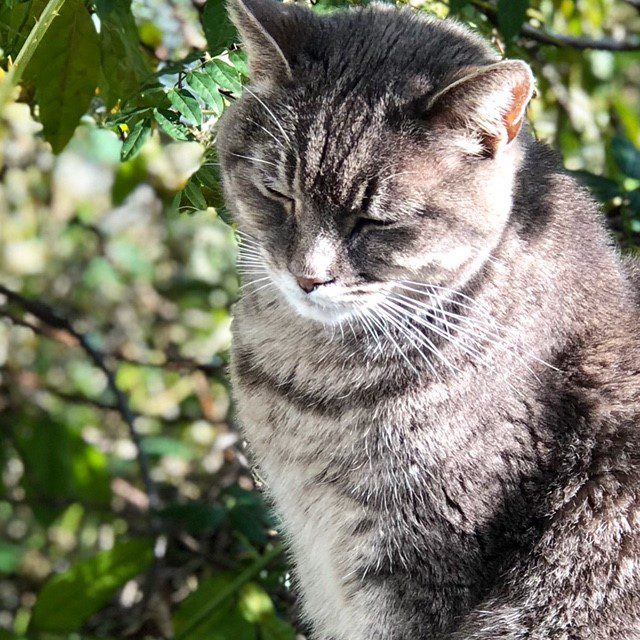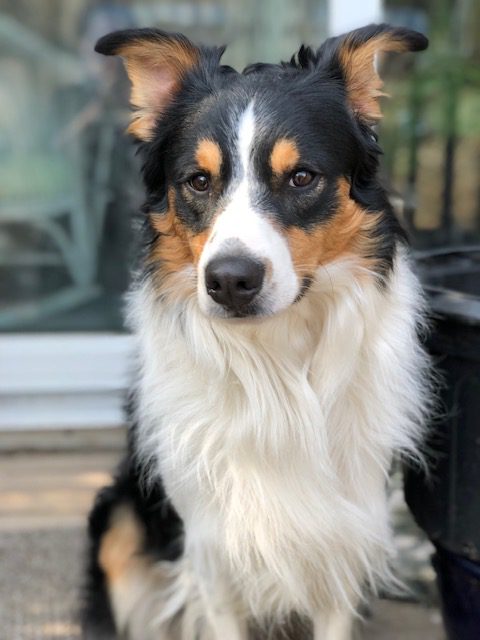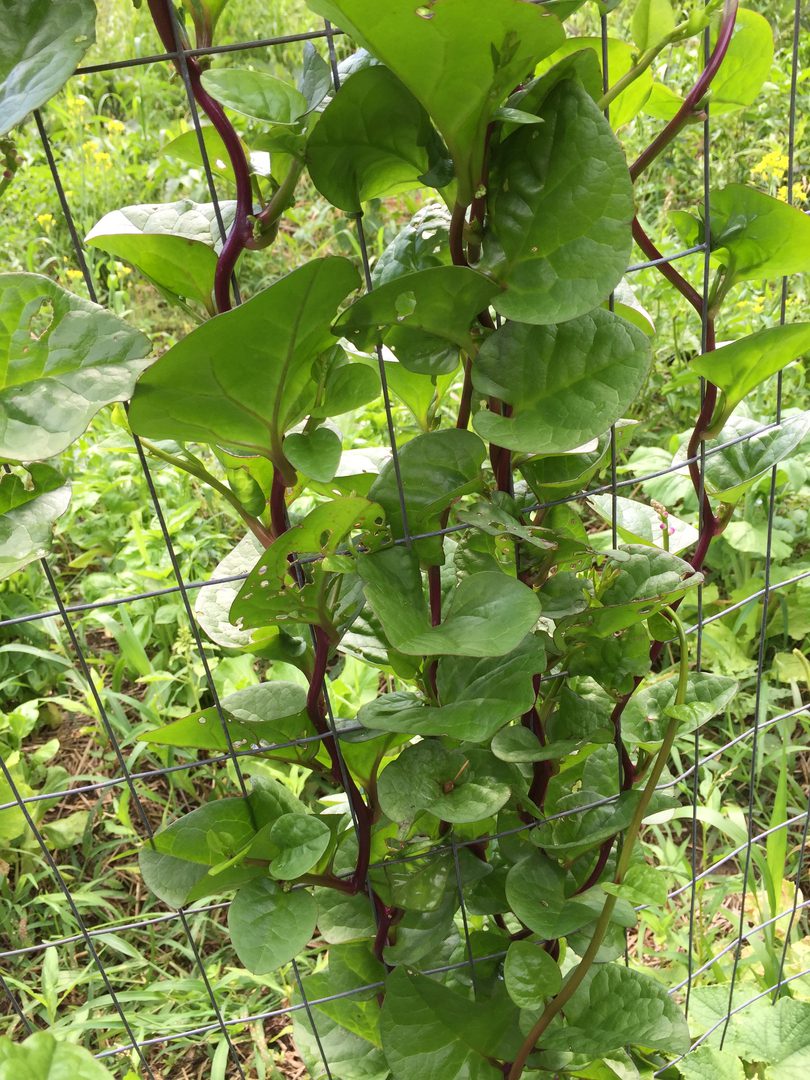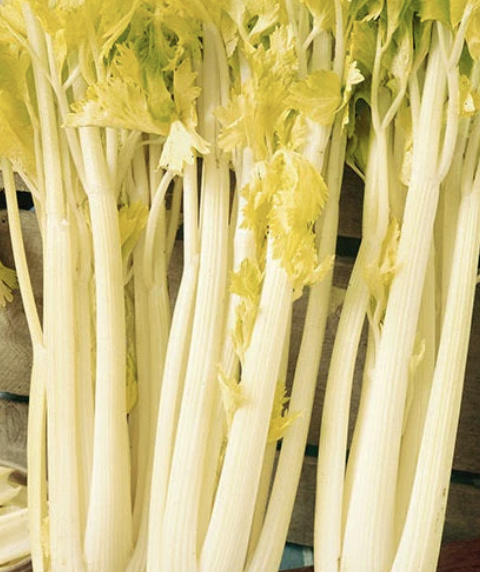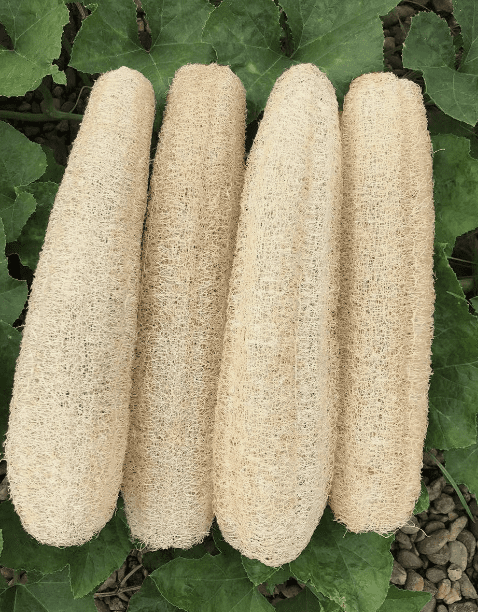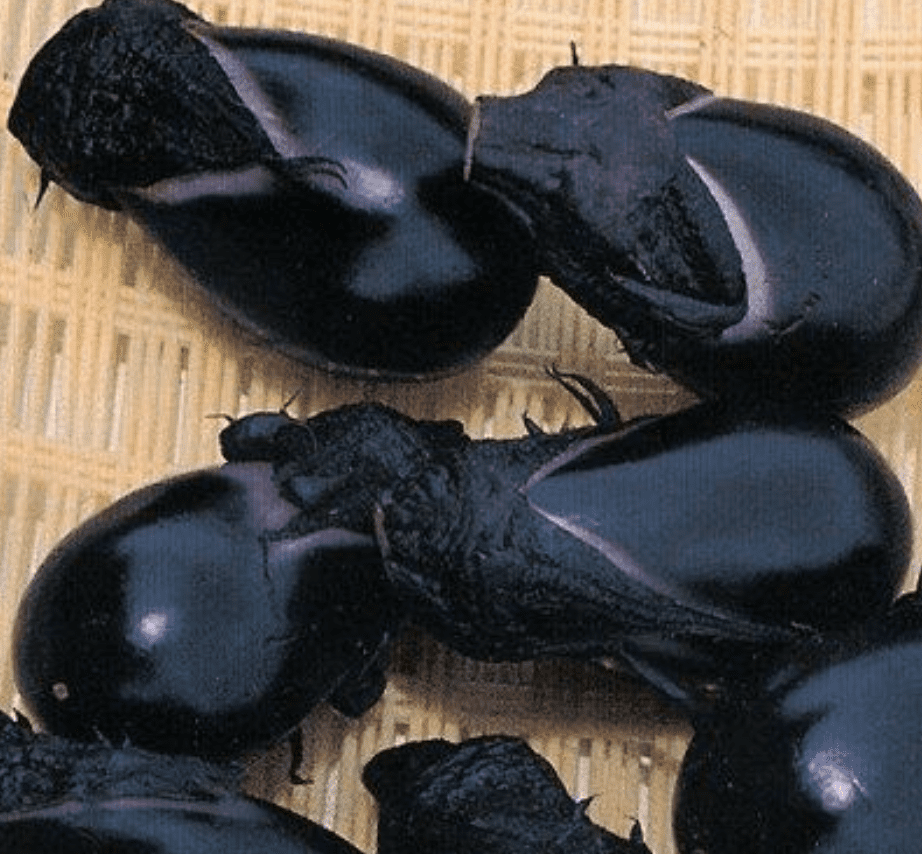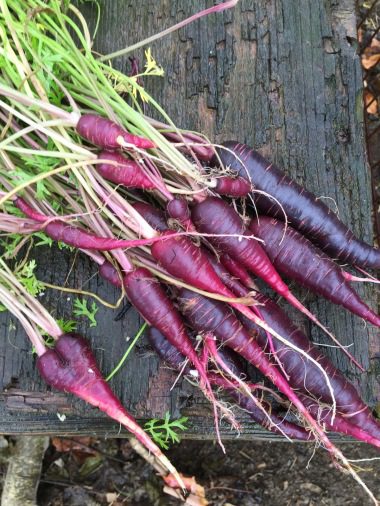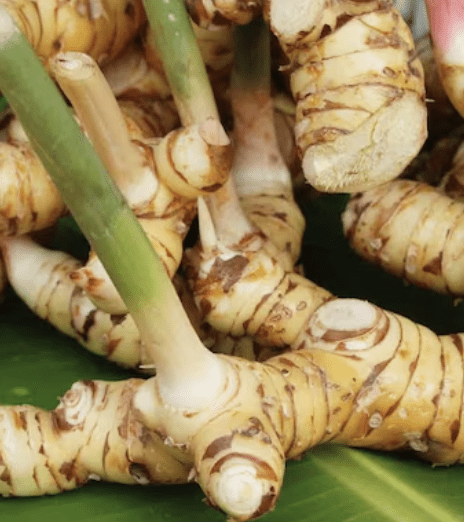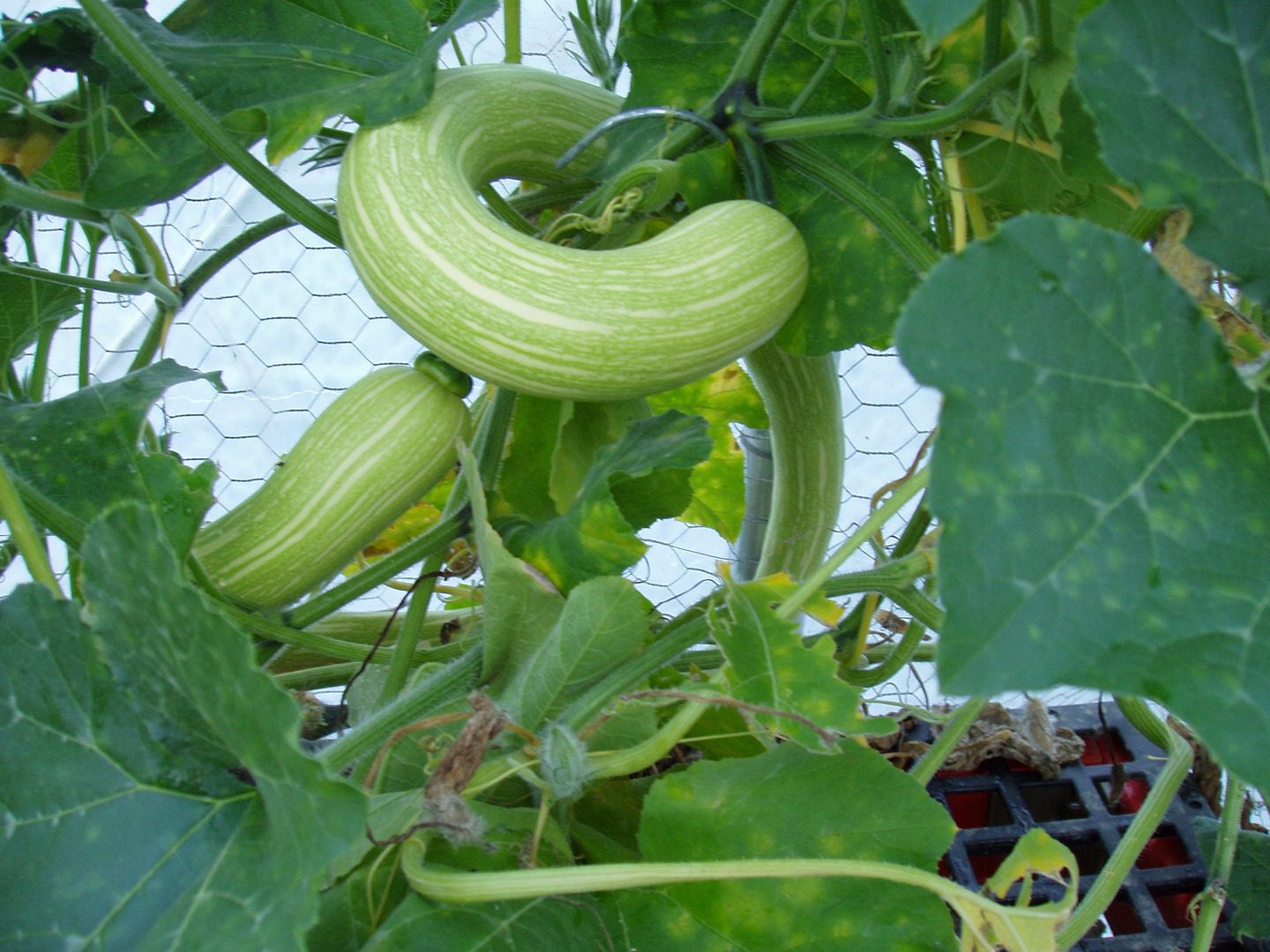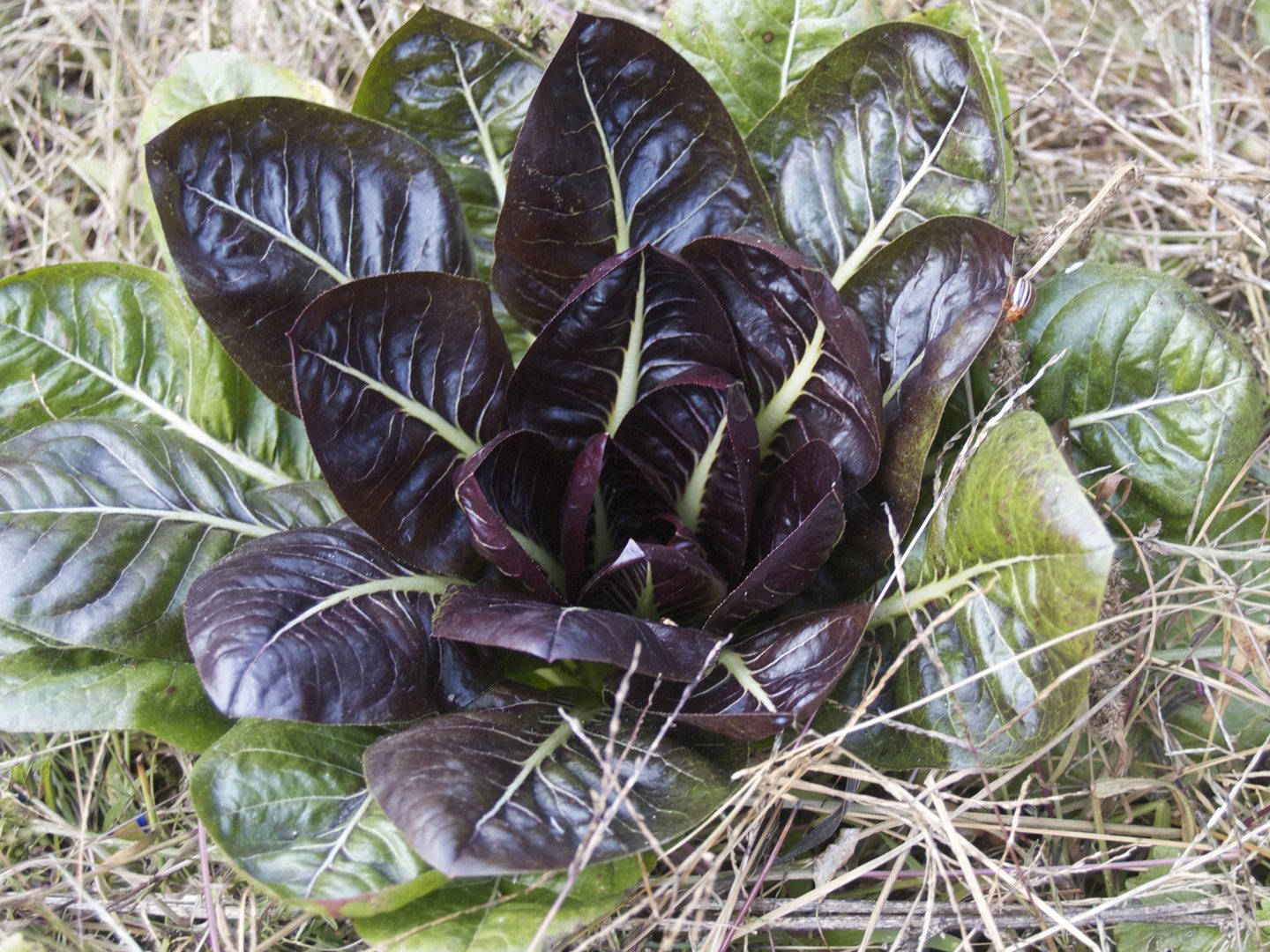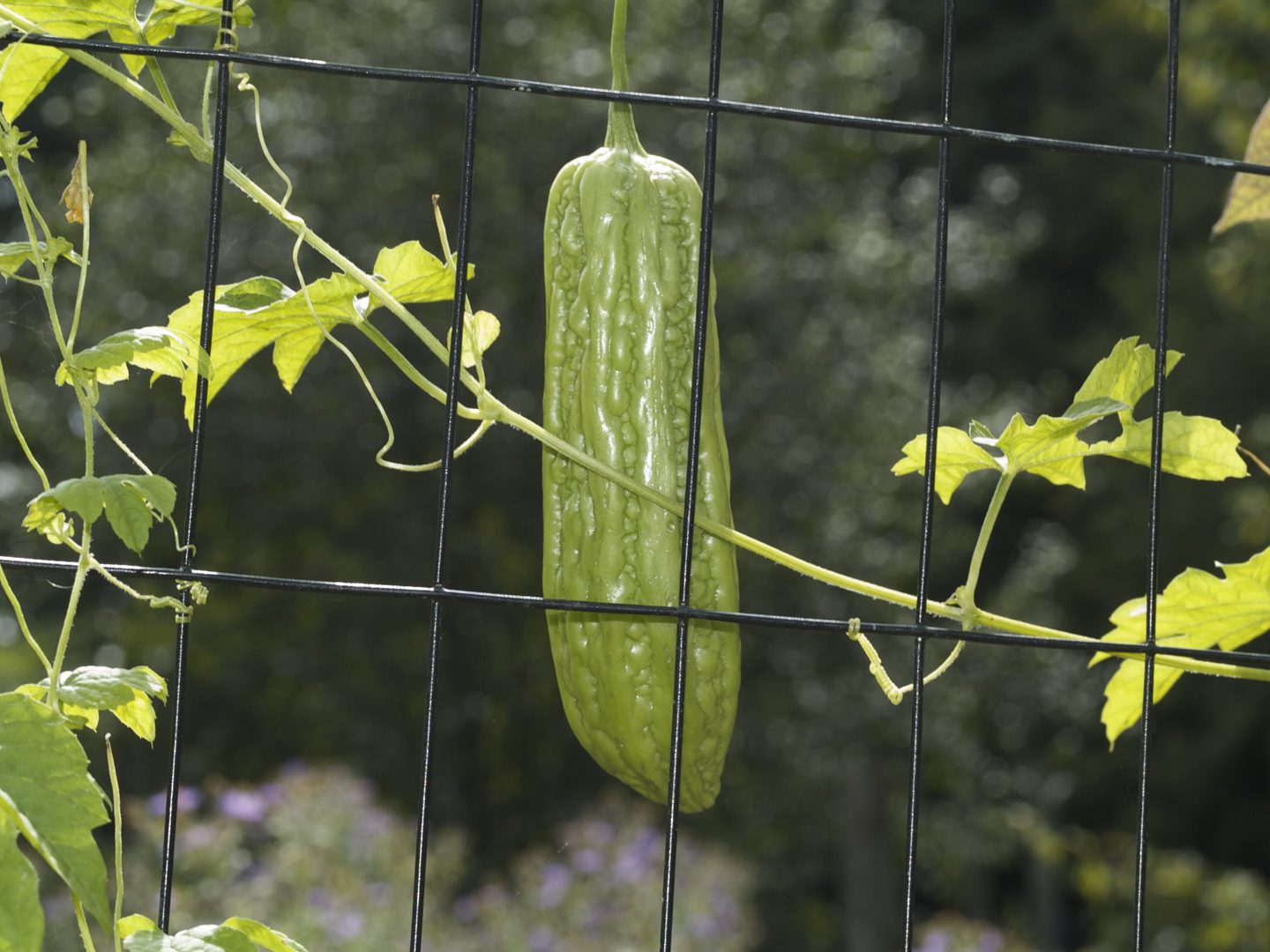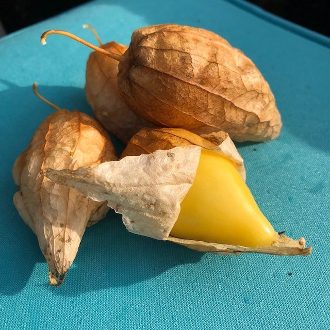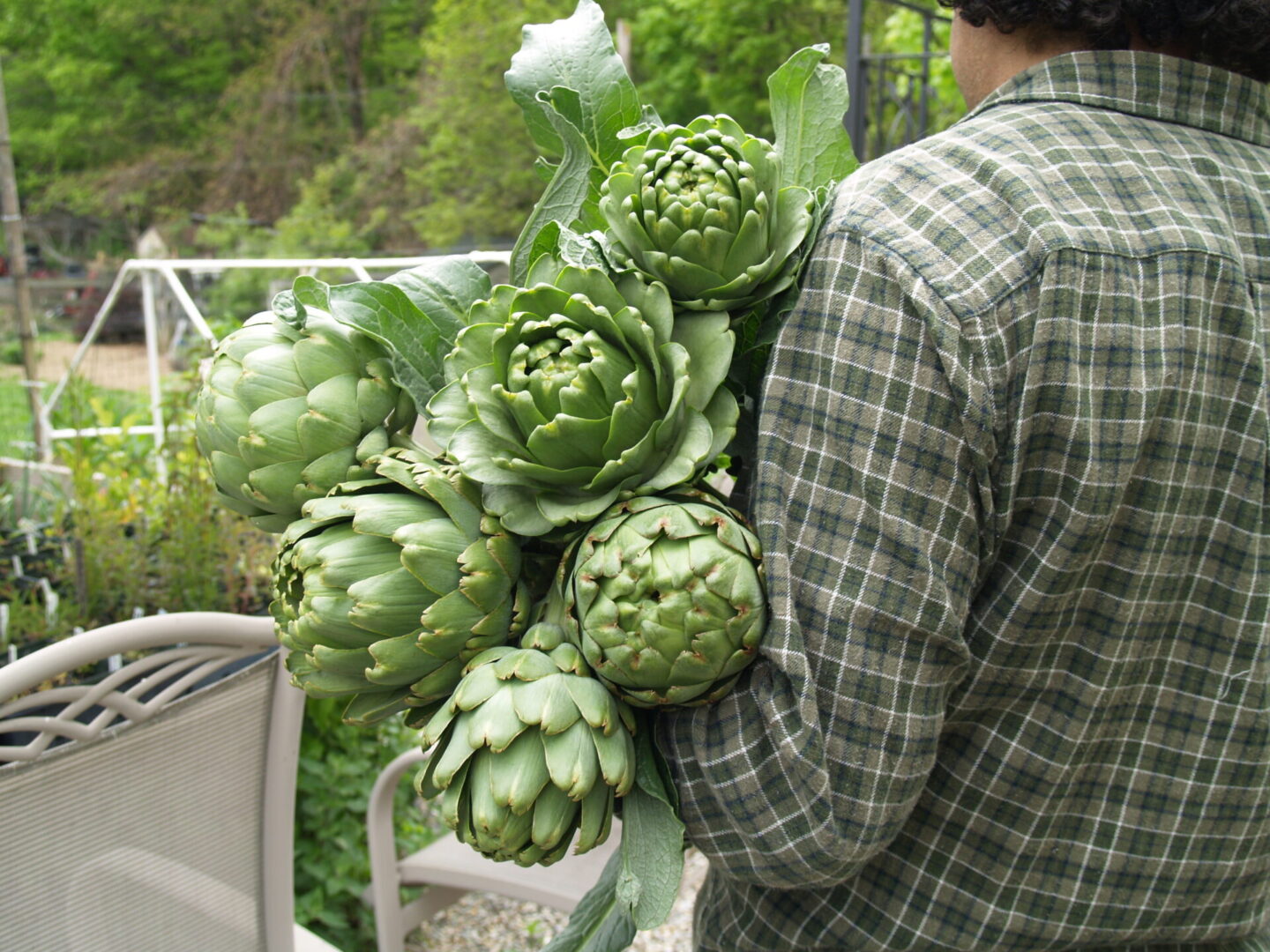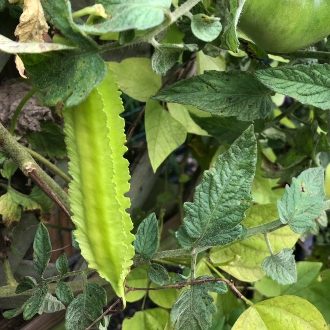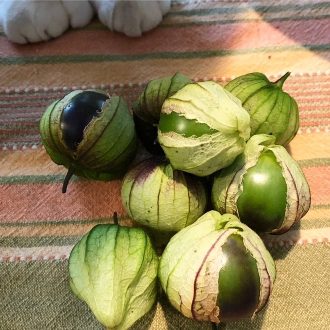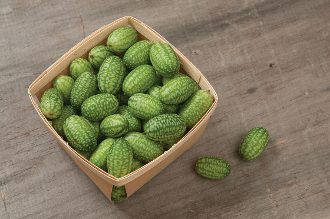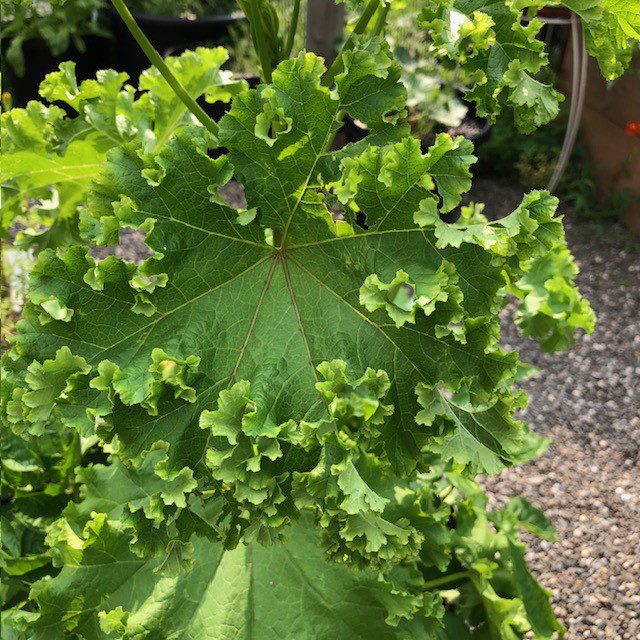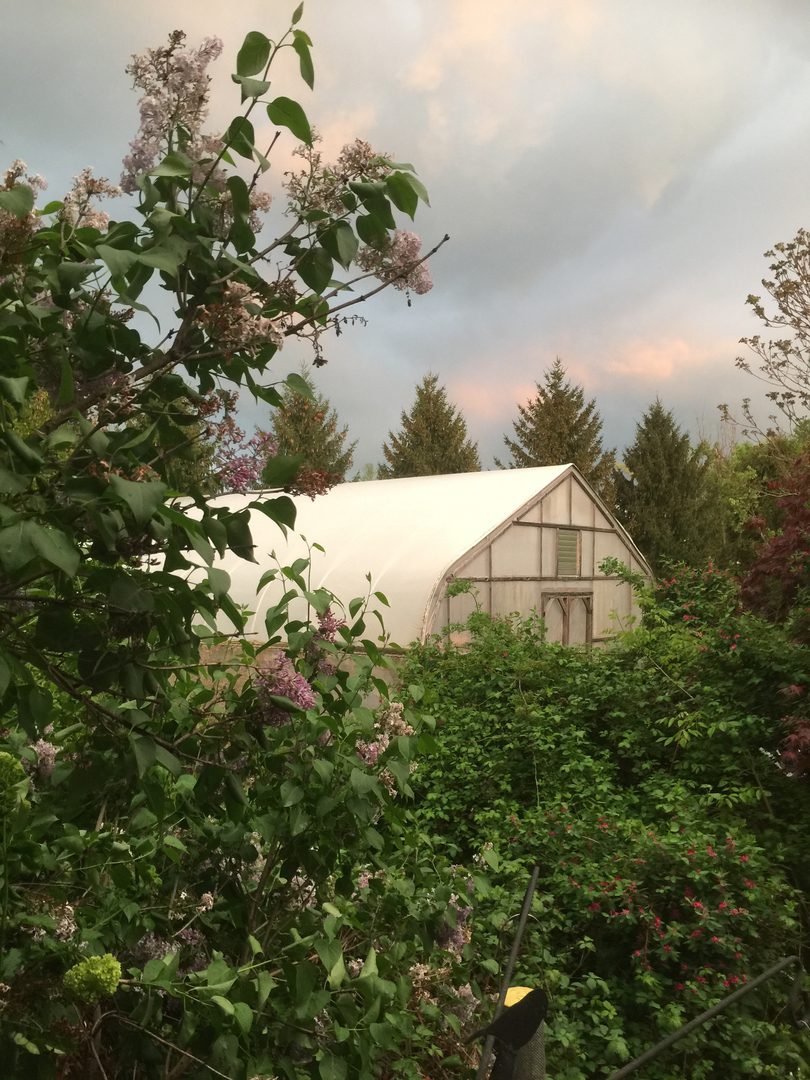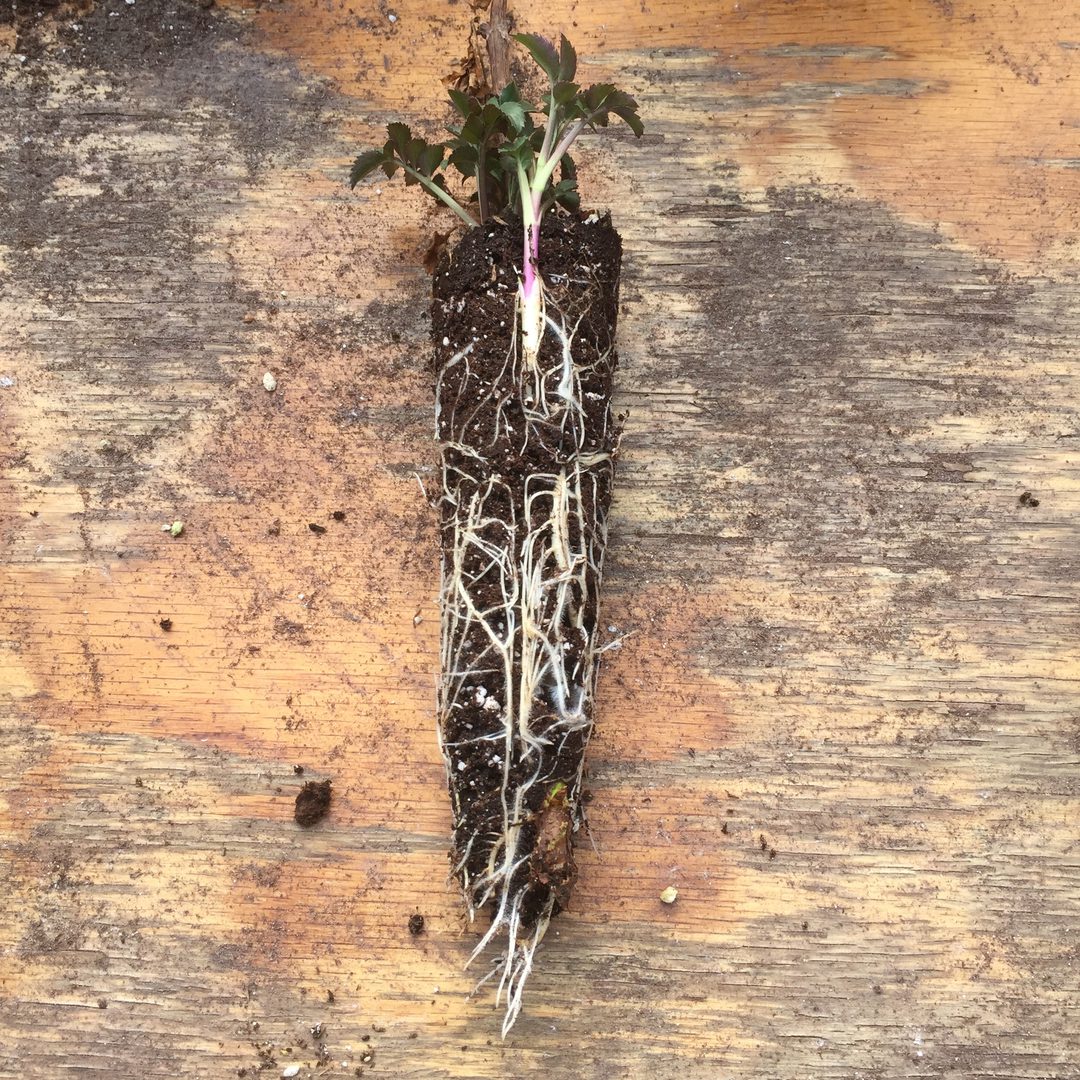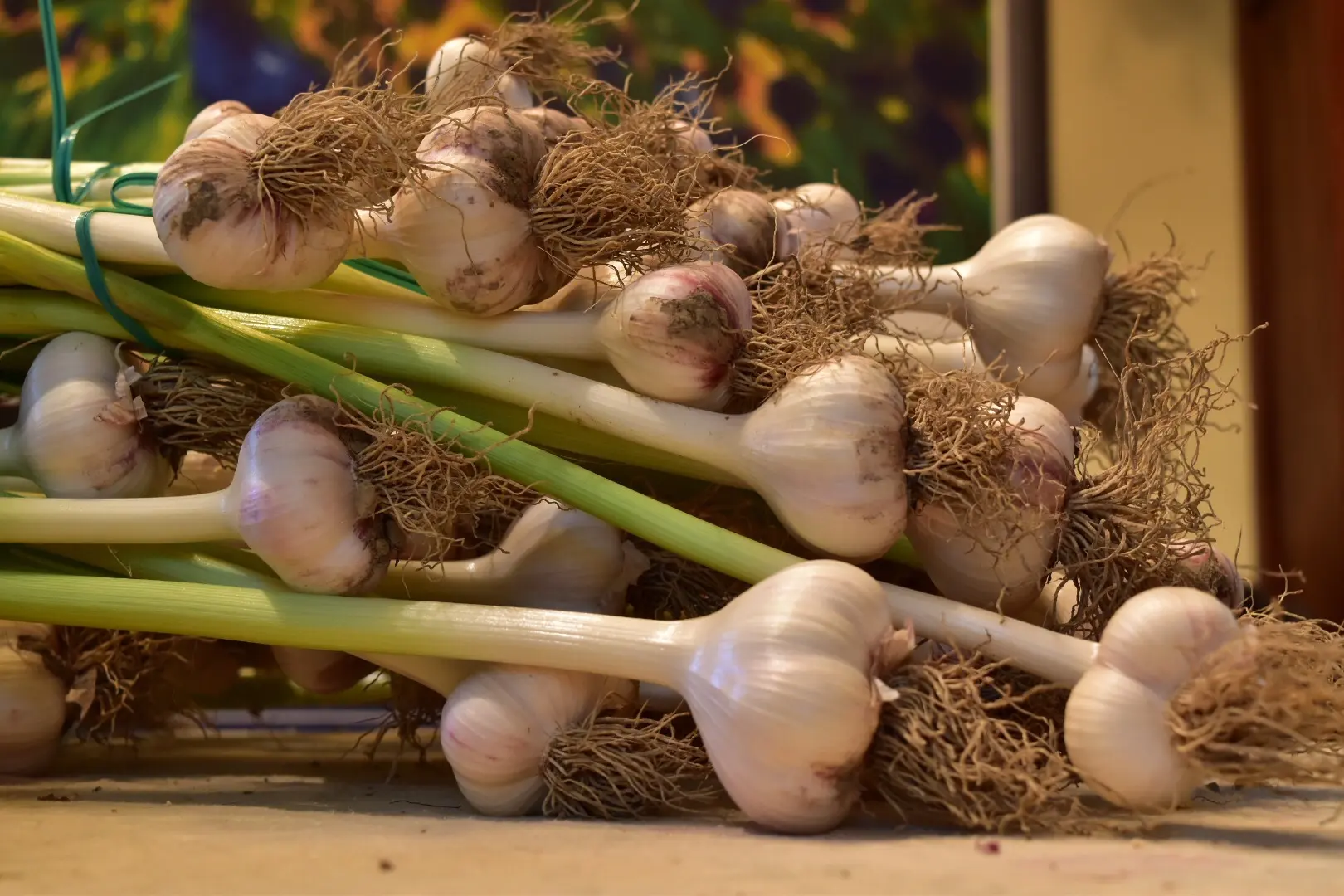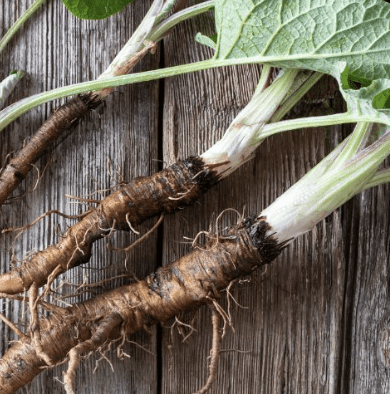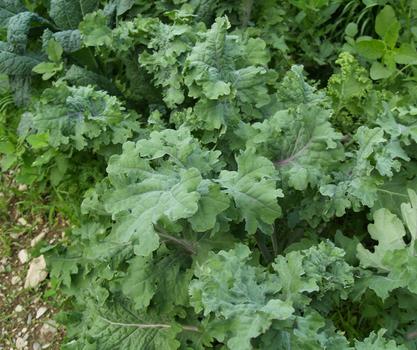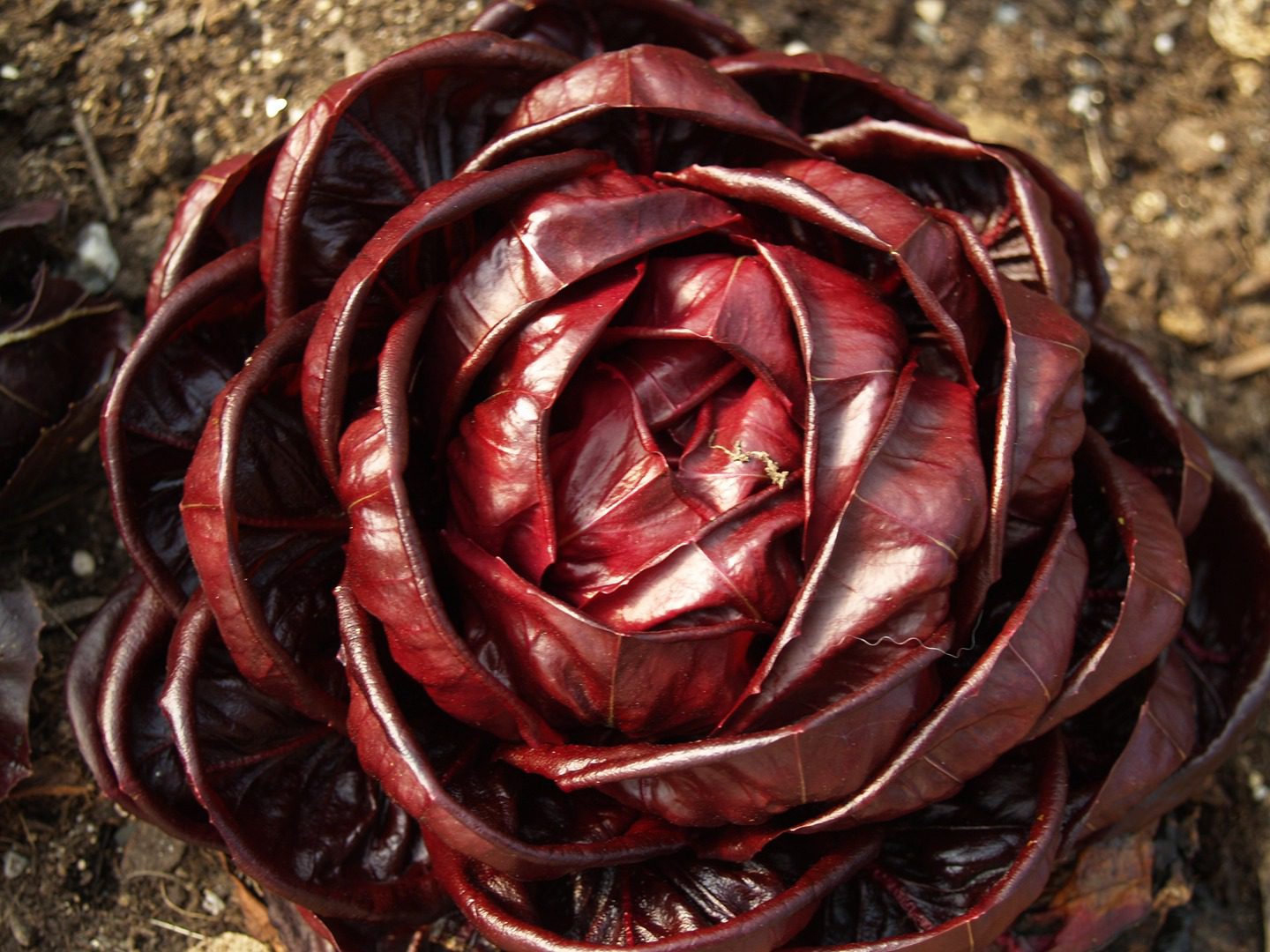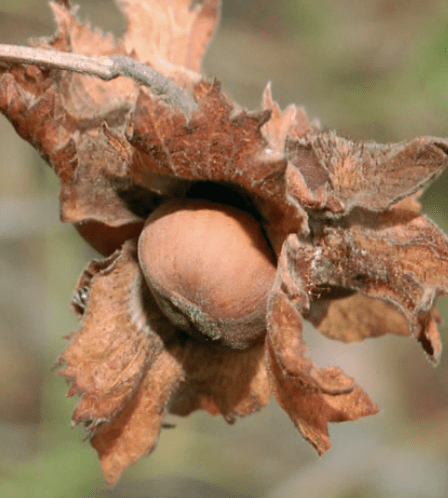Midsummer Farm (Full-Day Intensive Version) Homesteading Course
Growing Great, Healthy, Nutrient-Dense, and Safe Food in any size backyard - and growing it beautifully!
This is the course we wish were able to take more than twenty years ago when we began growing our own food. And we can't express how excited we are to teach this course!
This Full-Day version is more intensive than our Friday afternoon version. We dive deeper into each day's subject, and we have more time to dig into the garden spaces, greenhouse, and animal set-ups we have going on.
It is fun and fulifilling to have a lively backyard with plants and animals producing delicious food. But mistakes and problems can be a bummer - that's a great reason to take this course and be proactive!
It is so fulfilling on a deep human level to be in charge of where your food comes from. We are always thrilled by the high quality and wonderful flavor profiles you can get with homegrown food. For a cook, food grown in your backyard within reaching distance of your kitchen is simply perfect! You have perfect control over your ingredients from seed to finish!
Food you grow yourself is also cleaner and safer than what you find in grocery stores. It has a higher nutrient density, and there are ways to increase nutrient density even more by practicing soil building and diversifying animal diets. Even more energy can be instilled into your food growing through biodynamics and other energetic styles of growing and raising food. We'll go through all these methods during the course.
Backyards full of food gardens and properly kept animals are also restorative for the earth. Our focus in this class is to grow lots of great food and restore and revitalize the land at the same time.
This Homesteading course is focused on building natural living skills .... This course is a solid Backyard Food Production Workshop, focusing on how to set your backyard up – no matter what size it is – to produce the protein, fat, sugar, and other nutrients needed to sustain you and your family.
General growing philosophies - artisanal, sustainable, herbs to address problems -respectful, restorative rather than just taking - working for nutrient richness, organic standards, and way beyond...
We are compelled to keep things artistic and artisanal. These are the things that will be defining our coursework for the upcoming season!
In this day and age, we have the ability to not just grow our own food, but rather to grow it beautifully.
Seed Starting & Propagation
We’ll go over all my secrets for successful seed germination, a must-have skill for the avid vegetable and herb gardener. We'll be discussing timing - annuals as well as perennials and herbs. And we will work through the pros and cons of indoor seed starting vs. direct sowing into the garden.
We'll discuss the various options for trays, techniqes, and different soils and substrates for propagation.
We will also talk about seed saving and breeding, choosing seed varieties (hybrids vs heirlooms and open-pollinated varieties), and how to create a plan for deciding what to grow.
Throughout the year, I actively take cuttings and do root divisions and laying techniques of various shrubs, perennials, berry plants, and natives - so we will definitely be covering this useful skill as well!
And the next step is transplanting - we practice a doubel transplant method for most of our annual vegetable seedlings - something that makes a big difference when growing robust and productive plants.
Planning and Designing your gardening and homesteading spaces
Our planning strategies have actively evolved over the past 20 years. We believe in integrating nature as much as possible, letting nature work for us rather than against us.
We will be discussing large and small garden plans, raised bed systems, containers, cold frames and more. And we will be working in the livestock as well as composting into the plan.
It all starts with a solid plan!
The plan also involves how much financial investment you want to put in, and we have some quick enterprise budgeting sheets that you can use for any part of a homesteading project.
We will also discuss making sure to have perennial crops included in the homesteading plan. Herbs, berries, and fruit trees.
Calorie Crops will be covered – an important group of plants – Potatoes, Winter Squash, Beans, Grains, and Corn.
It is all about designing garden space for efficiently working food production. You will get a clear overview of a bunch of different popular gardening styles to be used and combined and integrated to create your own gardening style that fits your space and needs. We’ll be discussing the major tenets of organic gardening, which will influence the gardening styles you are considering.
In many cases, redesigning is going to be the focus as you may have gardening spaces already set up - and that's why we keep class sizes small enough to handle questions and customizing!
Fruit, Berries, Nuts...
Berries are so worth growing as they tend to be easy to grow, and they are just so expensive and always old and rotten in grocery stores. Non-organic berries are also over-sprayed with a soup of chemicals. But most berries have very few insect issues, and with just a little planning ahead, you can create an abundantly-producing berry patch.
We willbe diving into the specifics of growing normal berries like strawberries, brambles, and blueberries as well as the more unusual nerries like elderberries, june berries, goji berries, and more!
We will also talk about nut growing. Nuts do grow quicker than most people think. Hazelnuts are wonderful additions to the homestead!
In this Full day version, we will dive into fruit tree growing - orcharding, biodynamic tree pastes, pruning, and more! We will be covering Orcharding 101 - From an organic and biodynamic perspective!
Preserving the Harvest & Using Herbs for Medicinal Self-Sufficiency
Harvesting Timing tips - Biodynamics provides us with insigt into harvesting for the most long-lasting quality.
We will also have a Pressure Canning Demo.
And we will discuss all the wyas we save our harvests - Freezing, Dehydrating, and othe presevation techniques.
We will cover Lacto-Fermenting and Pickling Basics add a whole other layer of health to your garden harvests. We will also cover an easy technique for making Apple Cider Vinegar.
We will also be sure to spend time talking about the most effective ways we use herbs for our homesteading needs - herbs can help and heal our soils, plants, animals, and oursleves.
Harvesting medicinal herbal roots is another important task we do each fall. We'll be digging some and then setting them up for proper drying or herbal medicine use.
Poultry
Are one of the easiest ways to raise high-quality protein and fat, and birds work well in almost any backyard or environment.
Eggs are one of the most balanced and complete food sources, and eggs produced by pastured birds are super nutrient-dense and full of important fats and amino acids among other nutrients necessary for human health. We will comprehensively cover all aspects of raising poultry - chickens, ducks, turkeys, pheasant, quail, and more. We'll cover housing options, brooding chicks, hatching eggs, pasturing options, feed types, breed types, general care, making best use of the manure, dealing with health issues and predators, etc.
We will talk about your options woth organic, non-GMO, and soy-free feeds as well.
We will talk about raising poultry for meat. We will be discussing the various types of meat birds; pros and cons of pressure-genetic hybrids vs pasture-style or artisanal style hybrids vs heritage breeds, how to raise meat birds successfully and with nutrient density in mind, husbandry styles, processing and storage techniques. We will also demo our processing and butchering techniques, and encourage you to try it yourself if you want. Our meat birds are raised in clean, open areas; and we have the butchering process down to an organized art form. Our goal is super-clean birds that were raised respectfully and taste delicious. We will also talk about using the whole bird - from stock to extras to pet food...
Poultry also are a great way to balance vegetable growing, providing manure to enrich the soil, eating bugs and garden refuse. We feel that it was our addition of chickens to our property that turned it from a mono-cropped hay field to the supportive and abundantly rich state that it is currently in. Once the birds enriched the land, the land was able to take off and run...
We will be covering chickens, ducks, geese, turkeys, quail, game birds (and even peafowl to a degree!).
Small Space Production...
Even if you only have a small space - you can grow a lot of great food and make your space quite self-sufficient by adding small fowl, rabbits, and growing vegetables and greens that do fine in small quarters. Berries can be fitted into many small spaces and you can grow a tremendous amount of food - true nutritive support to your meals - in containers and even on a deck or patio.
Containers and Patio-Raised Beds make weeding and transplanting and critter-control easy; the challenges involve keeping up the nutrients in the soil and providing the container-grown plants with the benefits of natural growing methods ... and we have some fun ways to do this!
Small Space Production is also a great other level to add to your larger production homestead or garden - as you can fit these production methods into the nooks and crannies of your overall plan and thus add extra redundancy.
Small scale products can be quite lucrative for sale as well.
We will be talking about microgreens, shoots, rabbits, quail, and other small production fun!
Early Spring Planting
We try to break ground each yeer around March 17th - often it has to be put off a bit due to cold or snow or just the soil being too mucky still. But it is a good date to aim for.
We will be discussing planting asparagus and various alliums (onions) brassicas in the vegetable garden. You can also start some patches of cold weather hardy cover crop seeds.
It is time to tend to the garlic and other plants that are in the ground. And dormant perennials and trees can go into the ground.
There are a bunch of great tasks that will get your hands into the soil and that will put you in a great position for heading into the busy later spring growing season... we do most of our manure spreading in late fall and early spring.
Intensive Vegetable Growing & Transplanting
We will be talking about and showing the various techiques we use for growing all the major vegetables that grow in this area. Each class session will involve exploring the plants that are growing at that point in the season.
Gardening has many stages in this area - from early spring plantings of cold weather hardy plants, to the big heavy hitters of high summer, to what we refer to as a "second spring" planting in late summer, to the stuff you keep going through the late fall into winter, and then to the stuff you use protection for during the dead of winter. We will go over the influences of daylight hours as well - a very big deal when planning what to plant when.
Transplanting is the next big step after starting your seeds. And it makes a big difference in how productive your garden plants will end up being.
We will be going over our transplanting schedule - and you'll be involved hands-on!
Soil Building & Composting - Our gardening style could be labeled as "Bio-Intensive." Because of the techniques we put into soil building and diversity building, we can plant our vegetable plants closer to each other and fit more production into our growing spaces.
We will also dive deeply into the art of soil building, composting, fertilizing, amendments, and other maintenance tasks like pruning and weeding.
We’ll also address garden problems – diseases, fungus, animal pressures and how to balance bad insect populations by attracting and supporting good insects including native pollinators.
Beekeeping
Honey is undeniably a fabulous homestead product - along with beeswax and propolis.
Sugar and sweetness is a difficult thing to accomlish in most homesteads in this area, but keeping a hive of honeybees fits into many small plots and has a dual purpose.
We will be joined by our bee-mentors, Karen Longo and John Harrison for an organic and natural Beekeeping 101 session!
Not only can bees provide honey, but also pollination - which is imperative for a successful garden.
Along with honeybees, there are also a wide variety of native bees and other pollinators, and we will discuss how to set up your property to encourage and support them!
Gardening for Good Bugs is a big deal around here - our techniques for encouraging and support predator insects (and sometimes having them shipped in) is the most effective way we have found to address issues by "bad" bugs.
How to Raise Pigs, Goats and Sheep
We will be joined by Allison Hosford of Two Pond Farm and Hannelie Rheeder of Churutabis Farm, who will give us intensive flash courses in the basics of raising these animals for meat (or wool as the case may be).
Farmer Allison and Farmer Hannelie will be providing new and different perspectives on raising animals, although always with organic and humane rearing as a focus.
Even if you are not inclined to raise larger animals, the class days will give you the perspective and the questions to ask when sourcing meats from local farms and farmers' markets.
We will also discuss ways to make best use of a whole animal for meat - storage techinques, butchering, curing, etc.
We will discuss techniques for making use of the whole animal, do a hands-on demo on making your own sausage (a delicious product made from the less expensive cuts of meat), and a demo on rendering leaf lard and regular lard (it makes the BEST - and quite healthy when the lard is from pigs raised properly - pie crust and pocket pastry doughs!)
Sheep and goats can provide milk as well - We will also dive into milk production and processing of cheese, butter, etc.
And we will be sure to also go over using and processing wool. And we'll talk about other fiber production possibilities (a big passion of mine!). And a little on dye plants....
Forest Farming / Creating a Food Forest
Forest Farming is a wonderfully sustainable way of producing food crops. When thinking about food-growing, we often overlook the shady, wooded spots - but there is so much potentiial for these areas!
Mushrooms are a big part of a Food Forest - We will be discussing and demo'ing growing shitake, oyster, maitake, lion's mane, and others! We will be using traditional methods of innoculating spawn into logs as well as totem methods and stump-methods.
We use King Stropharia (Wine Cap) mushrooms for eating and soil building - we will go over the various ways we use these great mushrooms.
Maple Syrup - can be harvested from one big tree in a suburban yard or from a forest. A great sweet-source, and an amazing spring tonic. And easy to do!
And there are a variety of shade-loving medicinal herbs that you can grow for your own use, for the good of the endangered native species, or for sale. These endangered and at-risk herbs have been over-harvested in the wild and need cultivation in natural, responsibly maintained locations. We are a UpS - United Plant Savers Sanctuary, and we'll definitely spend a time discussing growing these types of plants.
We use our goldenseal roots grown in our wooded area for making an extrememly useful Anti-Bacterial Healing Salve that we use on our birds, animals, and people!
Homesteading Herbalism - We have a comprehensive herbal approach to homesteading, using plants as medicine for ourselves, our animals, our plannts, and our soil.
We will also touch on the very important role of cats and dogs on the homestead.
Growing Unusual Vegetables!
Although we obviously fully cover growing the usual vegetables and the important tenets for a generally productive and fertile garden, there are some fun and unusual vegetables that most people don't grow, but that are really easy and/or really fun to grow.
I also like to focus a bit on Alternative-Spinach - traditional spinach has a short window for growing in this area and can be very tough and disappointing. But there are alternatives that are easy and care-free to grow and that enjoy hot weather...
So we are now putting aside some time to discuss growing things like Belgian Endive, Molokhia, Frisée, Puntarella, Chayote, Shallots, Luffas, Okra, Artichokes, and more! These things can add biological diversity - a major tenet for us - as well as an array of new flavors and a bit of whimsy!
Fall Gardening & Season Extension
Fall is a very important time of year to use as a homesteader and gardener. We will be going over and demonstrating all our fall tasks with you.
You'll still be caring for your late summer planted (Second Spring) annual vegetable plants, which will also be producing harvests at this point. We'll go over tips and tricks for protection and continued harvest as long as possible into winter...
Fall is a great time for spreading the summer’s composting efforts, and it is the perfect time for cleaning out animal housing and creating new compost piles for use in the spring. Soil building is also a big part of fall tasks on the homestead. We will discuss a variety of fall soild building you can do, including cover crop and green manure plantings.
Fall planting - We will also be going over the wide variety of plants that do well when planted in the fall such as perennials, sunchokes, berries, fruit trees, nut trees, natives, and more.
It is also time to plant garlic and other alliums. And we'll discuss growing onions of all sorts with a clear plan for scheduling your allium growing. I use onions constantly when I cook and like to have some sort of onion always available to harvest all year round.
We’ll also do some hands-on work propagating berry plants.
Harvesting medicinal herbal roots is another important task we do each fall. We'll be digging some and then setting them up for proper drying or herbal medicine use.
We will also cover season extension techniques from cold frames to greenhouses and good old-fashioned succession planting - many food plants grow well in cooler temperatures without any extra cover.
Although we won't spend too much time dwelling on greenhouse growing, we will also be sure to cover growing figs, tender perennials, and tropicals.
Greenhouses are also useful for growing long-season stuff like artichokes and cotton, as well as for aquaponics (raising fish like tilapia and catfish and using plants to process the fish water). The fish get clean water and the plants use the dirty water as an ultimate fertilizer.
2025 Schedule
Most of our class time will be spent outdoors, and so you can expect a very hands-on experience. If there is bad weather, we will either reschedule or hold the class in our workshop area.
Class sessions take place on Sundays
From 10 am to 3 pm
2/2/25 - Day 1
3/2/25 - Day 2
3/30/25 -Day 3
4/27/25 - Day 4
6/1/25 - Day 5
6/22/25 - Day 6
7/13/25 - Day 7
7/27/25 - Day 8
8/10/25 - Day 9
8/31/25 - Day 10
9/14/25 - Day 11
10/5/25 - Day 12
At the End of This Class
You'll be growing better tomatoes, adding potatoes and scallions all over, growing carrots all year round, squeezing berry patches in everywhere, raising fabulous fowl, and be more than able to take on raising large meat or dairy animals. We will also cover raising honeybees, growing tilapia along with greens in an aquaponic system, producing mushrooms in shaded areas, herbs and spices, and even some long season and tropicals in a greenhouse. Season extension and succession planting to elongate the harvest period is also a big focus.
Not everyone can raise everything - we'll be discussing how to make these decisions and will also make sure that the sourcing of local food sources is a part of what we are covering. After taking this class, you will have a full grasp on what to ask and look for when buying local food. And how to make best use of whole or half animals whether you raise them yourself or purchase from another farmer. And we'll be sure to cover storage and preservation as well!
An important aspect to running a backyard homestead is longevity and sustainability - you'll be improving your land and soil through growing your food. And we'll talk about budgeting and planning as well. This is a practical and common-sense approach to producing organic food.
We are very excited to share our experiences with you and get you well on your way to developing your own efficient and smooth-working food-growing program that fits your backyard and lifestyle.
Cost Is $895 for 12 Intensive Class Days
This course also very nicely complements our Permaculture Design Certificate Course. If you take both courses together this year, you can take $191 off the total cost of ttwo courses!
To register for both our 2025 Homesteading Course and our Permaculture Design Course, click here!
